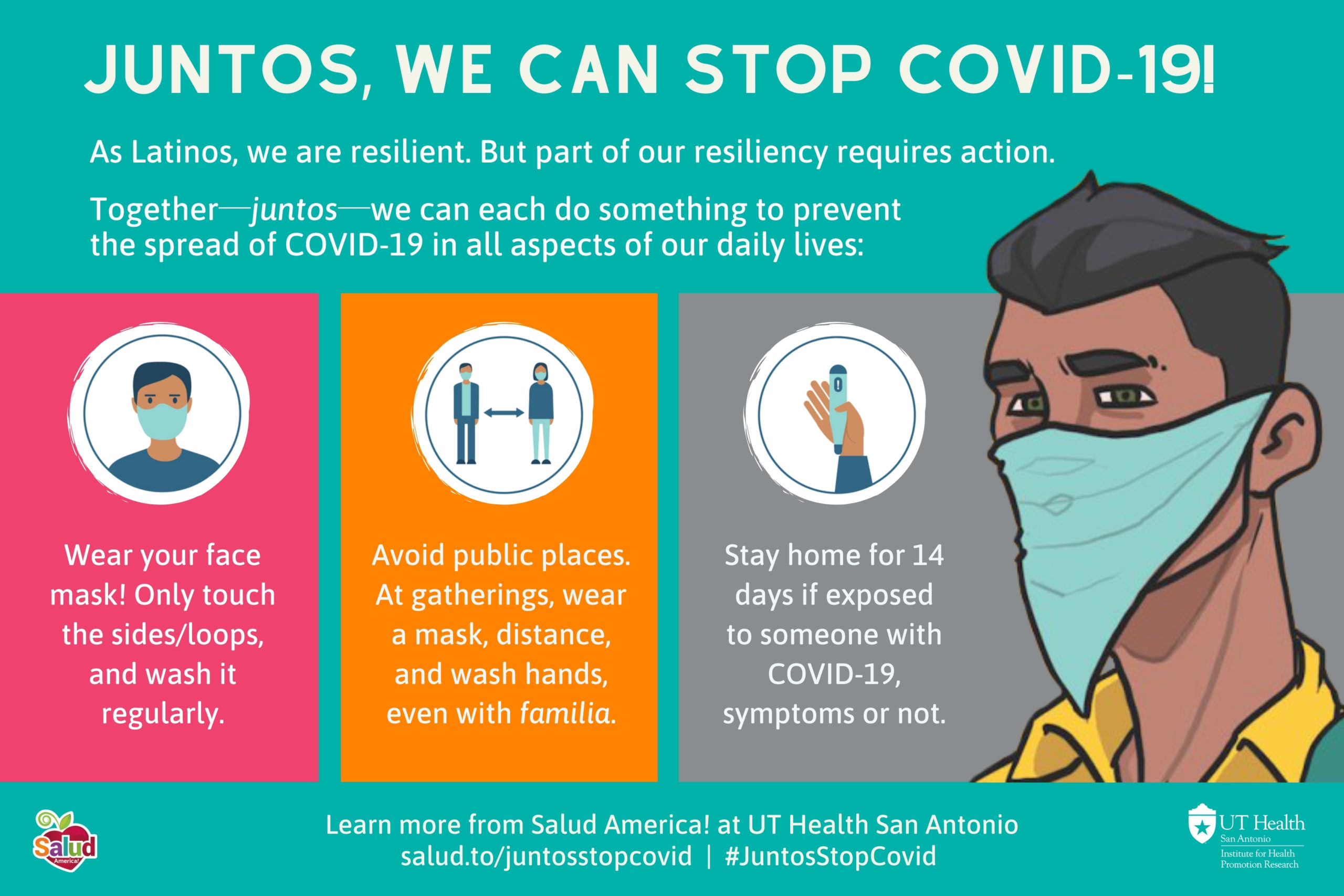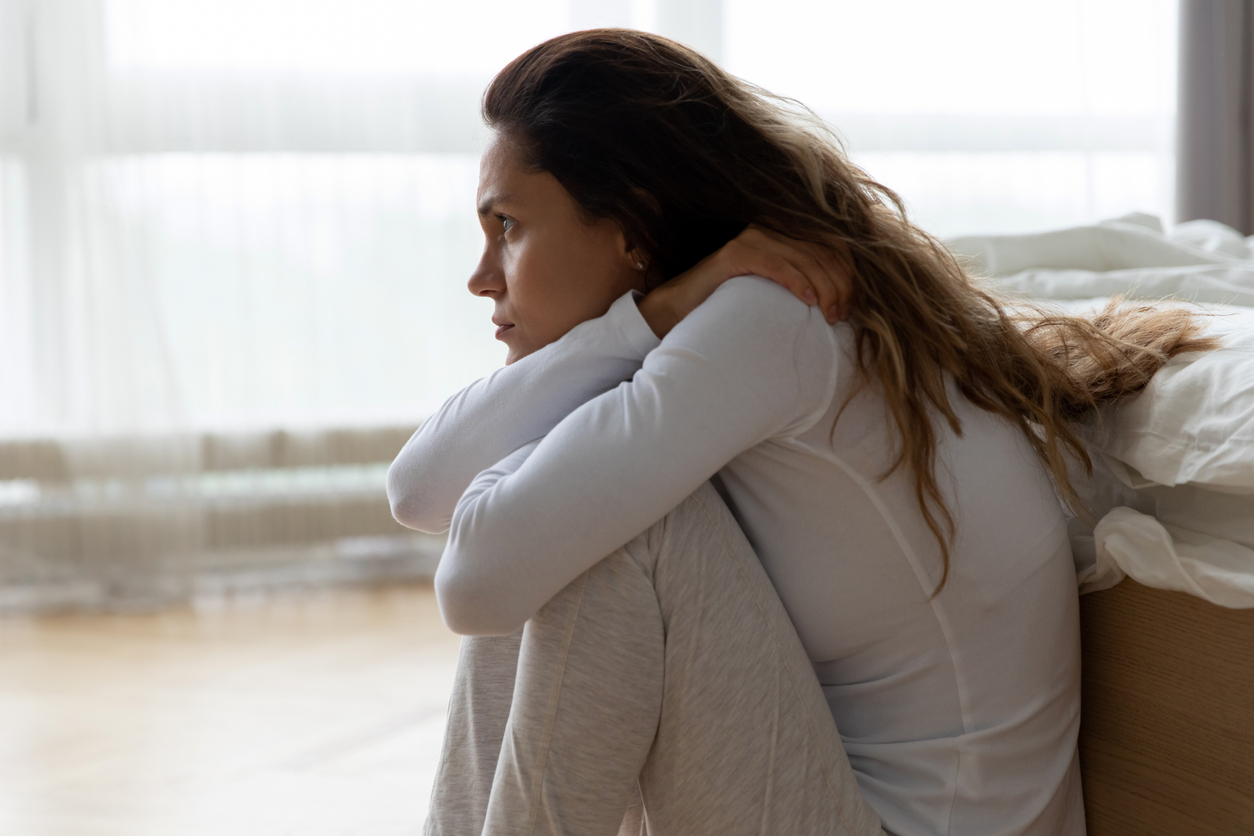With the rise of COVID-19, our team at Salud America! is digitally curating content about what the coronavirus pandemic means for Latino health equity.
We want to ensure Latinos get an equitable share of culturally relevant information.
Share our Latino COVID-19 Vaccine “Change of Heart” Bilingual Storytelling Campaign in English or Spanish. We hope to move Latinos from vaccine hesitancy to vaccine confidence through telling stories of real Latinos who ended up getting the vaccine!
Share our “Juntos, We Can Stop COVID-19“ bilingual campaign to stop the spread!
- Share our infographic on 8 ways coronavirus impacts Latinos (English | Spanish).
- Follow our content that has increased exposure to Latino health equity amid the pandemic, according to a recent study.
- Take action for change.
- Call 2-1-1 or get help with paying rent, bills, and more from FindHelp.org by Erine Gray.
- Help Latinos find a vaccine near them in English or Spanish.
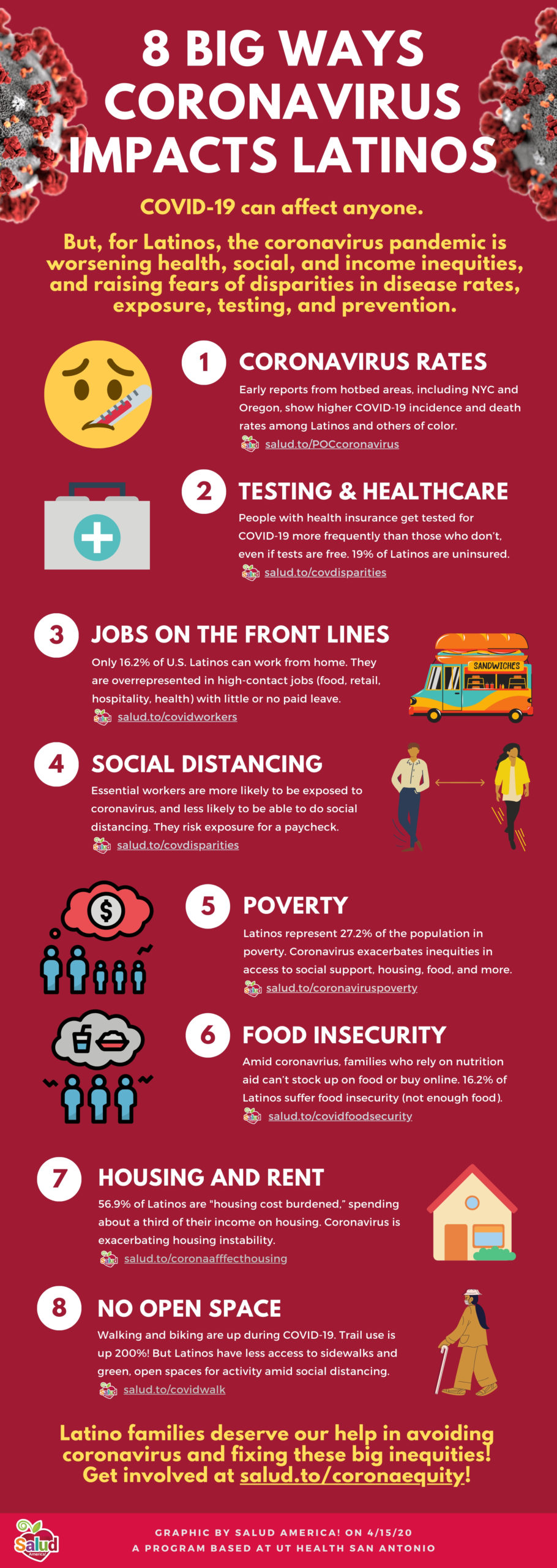
This story list is updated as of Jan. 20, 2022.
Coronavirus Case Rates and Death Rates for Latinos in the United States
Coronavirus can affect anyone. Yet new data show that Latinos and other people of color are disproportionately affected, amid worsening historical inequities. What are the data really showing? (Update: 1/20/22)
MORE: CORONAVIRUS AND LATINO RATES!
More Latinos Getting Vaccinated for COVID-19, But Disparities Persist in Some States
As Pfizer-BioNTech, Moderna, and other COVID-19 vaccines continue to be distributed across the country, over half of states are reporting the demographic makeup of their vaccine distribution numbers. Unfortunately, Latinos make up a very low percentage of those getting a vaccine, despite being disproportionately hurt by COVID-19. (1/24/22)
MORE: CORONAVIRUS AND VACCINE UPTAKE!
Addressing Vaccine Misinformation and Building Vaccine Confidence
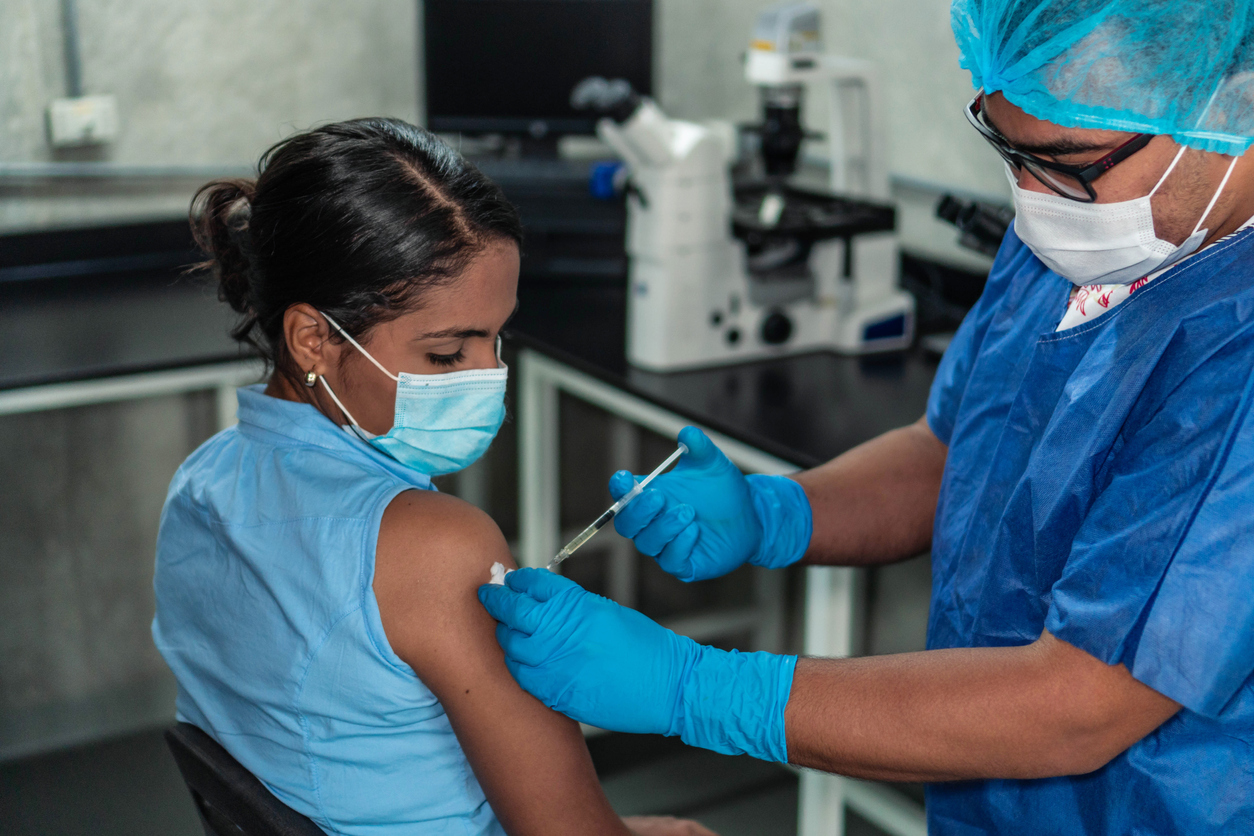 Misinformation about vaccines is especially dangerous as it will often target Latino and Black communities, which have been disproportionately affected by COVID-19 and are communities that most need the vaccine. (4/27/21)
Misinformation about vaccines is especially dangerous as it will often target Latino and Black communities, which have been disproportionately affected by COVID-19 and are communities that most need the vaccine. (4/27/21)
MORE: CORONAVIRUS AND Vaccine confidence!
CDC Launches Spanish WhatsApp Chat to Encourage More Latino COVID-19 Vaccinations
CDC has partnered with WhatsApp, a social media messaging platform, to deliver COVID-19 vaccine information to Spanish-speaking users to encourage them to get the shot. The chat, “Mi Chat Sobre Vacunas COVID,” is live and available. (6/25/21)
MORE: CORONAVIRUS AND WHATSAPP!
Nevada Vaccine Equity Collaborative Fights Hesitancy & Inequities For COVID-19 Vaccinations
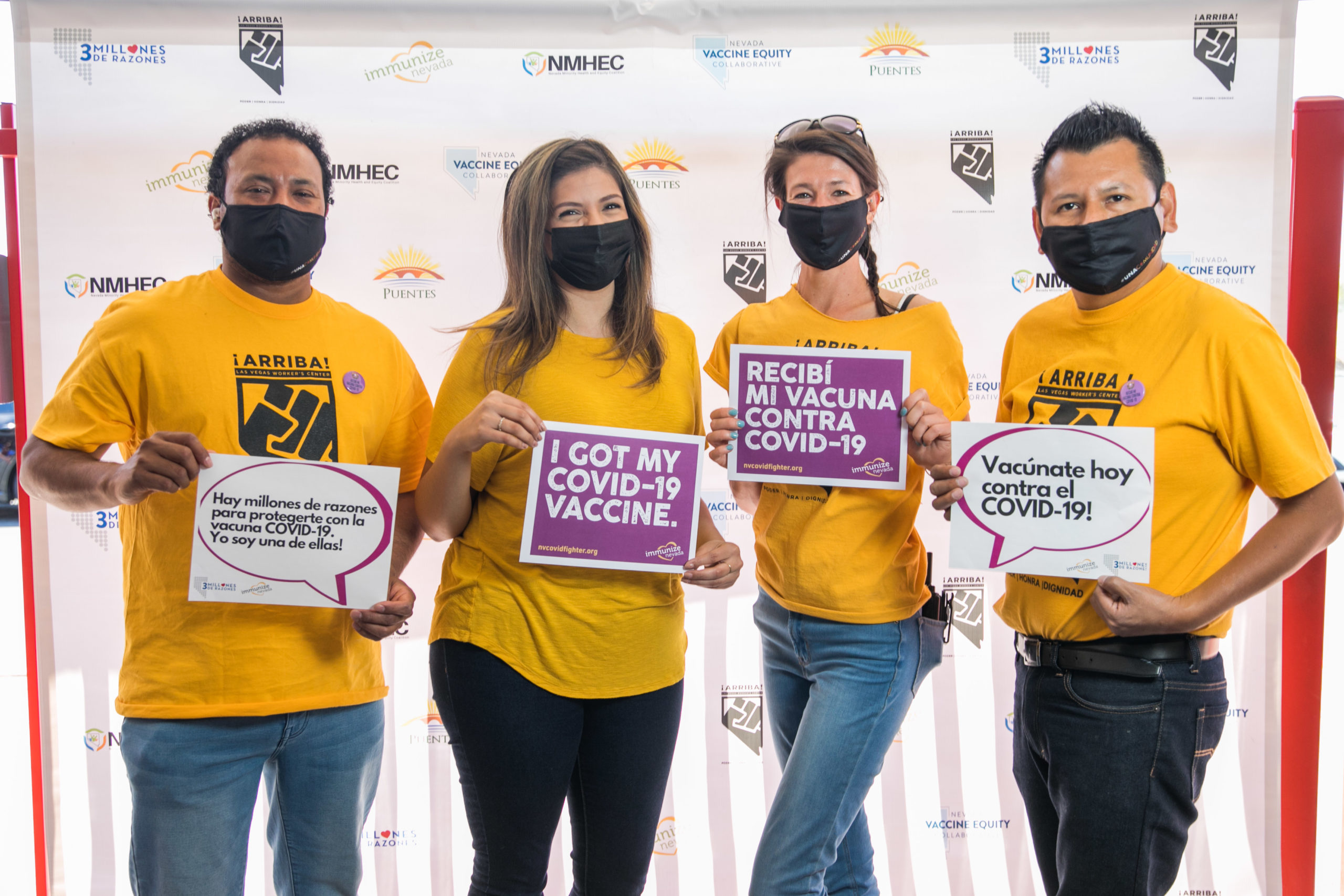 Co-led by Immunize Nevada and the Nevada Minority Health and Equity Coalition, the NVEC is working to promote equitable distribution of the COVID-19 vaccine in Nevada, particularly among vulnerable communities. (5/27/21)
Co-led by Immunize Nevada and the Nevada Minority Health and Equity Coalition, the NVEC is working to promote equitable distribution of the COVID-19 vaccine in Nevada, particularly among vulnerable communities. (5/27/21)
MORE: CORONAVIRUS AND nevada efforts!
Dr. Amelie Ramirez: Answering the Big Questions on COVID-19 Vaccines
Dr. Amelie Ramirez and her team at Salud America! at UT Health San Antonio are working hard to promote vaccine confidence and answer Latinos’ big questions about the vaccine. Ramirez is doing this in a variety of ways. (5/25/21)
MORE: CORONAVIRUS AND DR. Ramirez on vaccines!
SaludTalks Podcast: Understanding COVID-19 Vaccine, Part 1
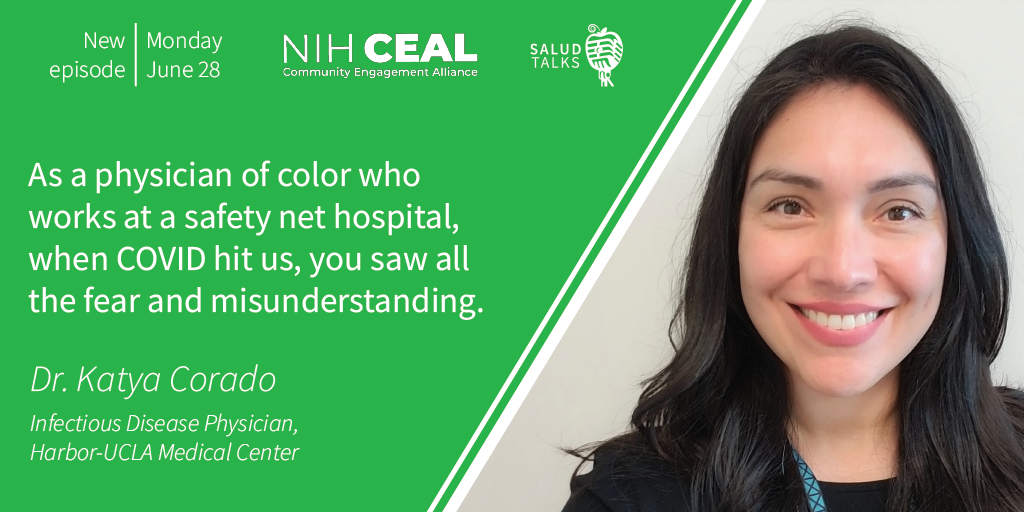 Despite its widespread success, there has been some misunderstanding about the COVID-19 vaccine. In hopes of addressing these issues, we sit down with medical providers, researchers, and even a COVID-19 vaccine clinical trial participant. (6/28/21)
Despite its widespread success, there has been some misunderstanding about the COVID-19 vaccine. In hopes of addressing these issues, we sit down with medical providers, researchers, and even a COVID-19 vaccine clinical trial participant. (6/28/21)
MORE: CORONAVIRUS AND SALUDTALKS #1 ON VACCINES!
SaludTalks Podcast: Understanding COVID-19 Vaccine, Part 2
Recently, experts from the National Institutes of Health joined our Salud Talks podcast to discuss the COVID-19 vaccine and the “scientific pathway” that ensures safety for those who receive such treatment. Now we’re talking all about the design of vaccine clinical trials and how they’re conducted. (7/14/21)
MORE: CORONAVIRUS AND SALUDTALKS #2 ON VACCINES!
Data: Latinos Make Up Less than 2% of COVID-19 Media Coverage
But why has media coverage of Latinos and COVID-19 remained lower than other groups, barely making up 2% of all COVID-19 news? A data search conducted by the Berkeley Media Studies Group (BMSG) indicates that Latinos have not been covered by news media in COVID-19 coverage to the extent that other populations like Black people, Native Americans, and women have been covered. (6/29/21)
MORE: CORONAVIRUS AND MEDIA COVERAGE!
Despite Deep Impact from COVID-19, Immigrants Avoid Federal Assistance
Despite being severely impacted economically by the COVID-19 pandemic, low-income, immigrant families often avoided federal assistance programs, according to new data from the Urban Institute’s Well-Being and Basic Needs Survey. (6/17/21)
MORE: CORONAVIRUS AND IMMIGRANT ASSISTANCE!
5 Ways to Build Trust and Address COVID-19 Vaccine Hesitancy
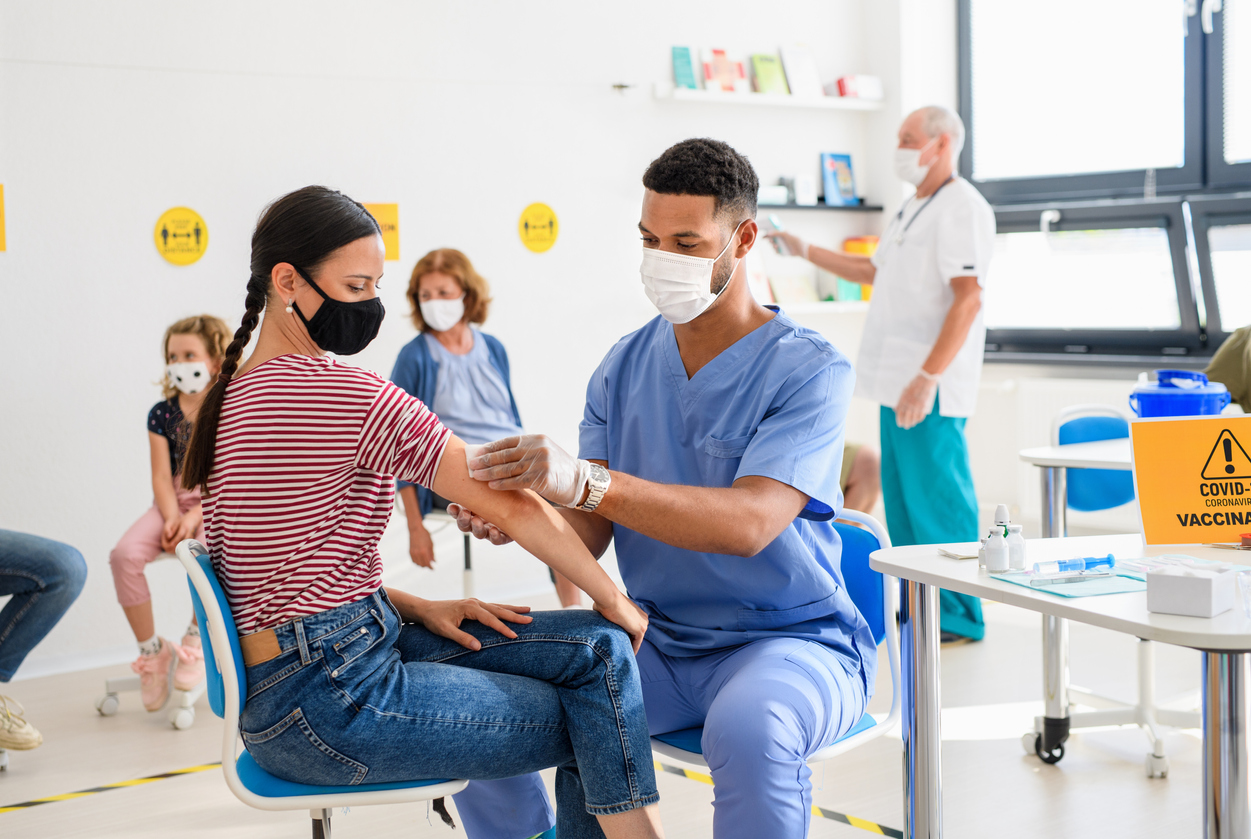 Vaccine hesitancy is especially prevalent in communities of color, like Latino and Black communities, who may be distrustful of the government and the process behind the vaccine. What are ways that we can build trust among these communities and address vaccine hesitancy? (2/9/21)
Vaccine hesitancy is especially prevalent in communities of color, like Latino and Black communities, who may be distrustful of the government and the process behind the vaccine. What are ways that we can build trust among these communities and address vaccine hesitancy? (2/9/21)
MORE: CORONAVIRUS AND BUILDING TRUST!
Debunking the Myths and Misinformation on COVID-19
Whether conspiracy theories or jokes about side effects, experts are concerned about the implications that COVID-19 misinformation could have. Misinformation could especially hurt Latinos, who are being disproportionately hurt by the COVID-19 pandemic and have shown hesitancy about receiving the COVID-19 vaccine. (1/19/21)
MORE: CORONAVIRUS AND MISINFORMATION!
19 Ways to Ensure Health Equity for Latinos During (and After) COVID-19
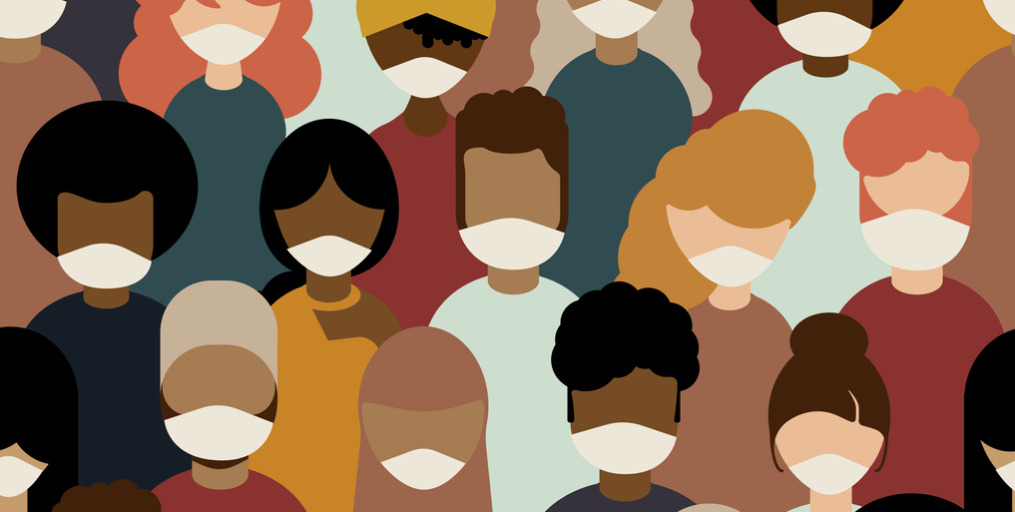 We know the COVID-19 pandemic is worsening historical inequities, and disproportionately affecting and killing Latinos and other people of color. So what can we do? We need to both immediate focus to ease the coronavirus pandemic and its impact on Latinos and people of color, as well as long-term strides to address underlying inequities that are aggravated during this time. (Update: 5/28/20)
We know the COVID-19 pandemic is worsening historical inequities, and disproportionately affecting and killing Latinos and other people of color. So what can we do? We need to both immediate focus to ease the coronavirus pandemic and its impact on Latinos and people of color, as well as long-term strides to address underlying inequities that are aggravated during this time. (Update: 5/28/20)
MORE: CORONAVIRUS AND LATINO EQUITY SOLUTIONS!
Despite Pandemic, Many Don’t See Systemic Racism as Barrier
A survey by the RAND Corporation and Robert Wood Johnson Foundation (RWJF) found that only 42% of respondents think that systemic racism is one of the main reasons people of color face health inequities, which are worsening amid COVID-19. The majority does not believe or feel neutral about systemic racism being the cause. (1/27/21)
MORE: CORONAVIRUS AND SYSTEMIC RACISM!
Bilingual Comic Strip Helps Latinos See Benefit of COVID-19 Vaccine
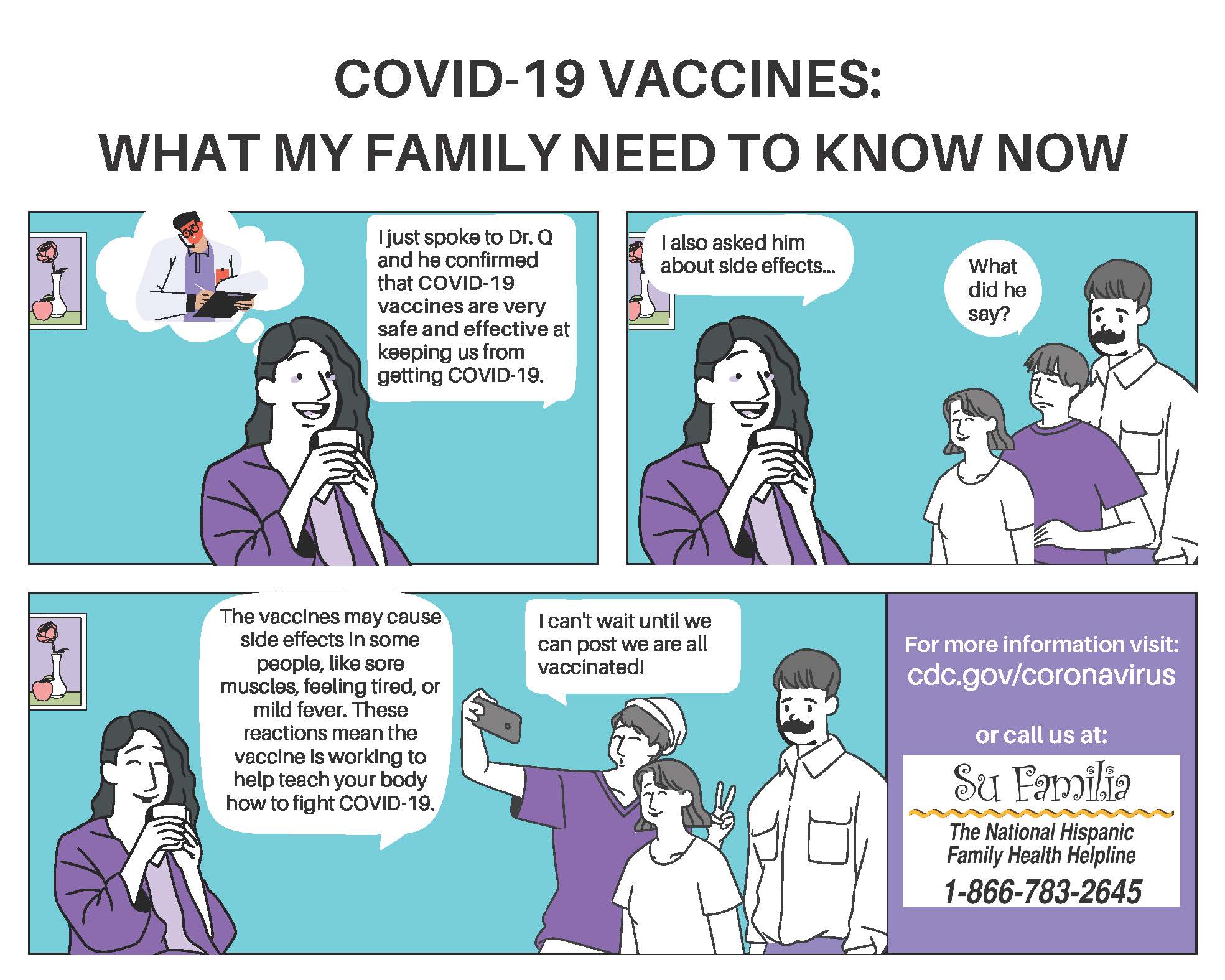 A new educational COVID-19 comic strip series in English and Spanish is helping bring important vaccine information to Latino families. The series demonstrates what families, friends, parents, and patients need to know about the vaccine (2/17/21)
A new educational COVID-19 comic strip series in English and Spanish is helping bring important vaccine information to Latino families. The series demonstrates what families, friends, parents, and patients need to know about the vaccine (2/17/21)
MORE: CORONAVIRUS AND comic strips!
Latinos Are Hesitant to Take a COVID-19 Vaccine, But We Can Build Trust
As healthcare leaders administer new COVID-19 vaccines, several new studies show that older Americans, especially Latino and Black adults, are skeptical of the safety and efficacy of a COVID-19 vaccine. How can we build trust? (Update: 1/11/21)
MORE: CORONAVIRUS AND VACCINE HESITANCY!
Latino Families Worried about Education, Finances, Racial Justice Post-COVID-19
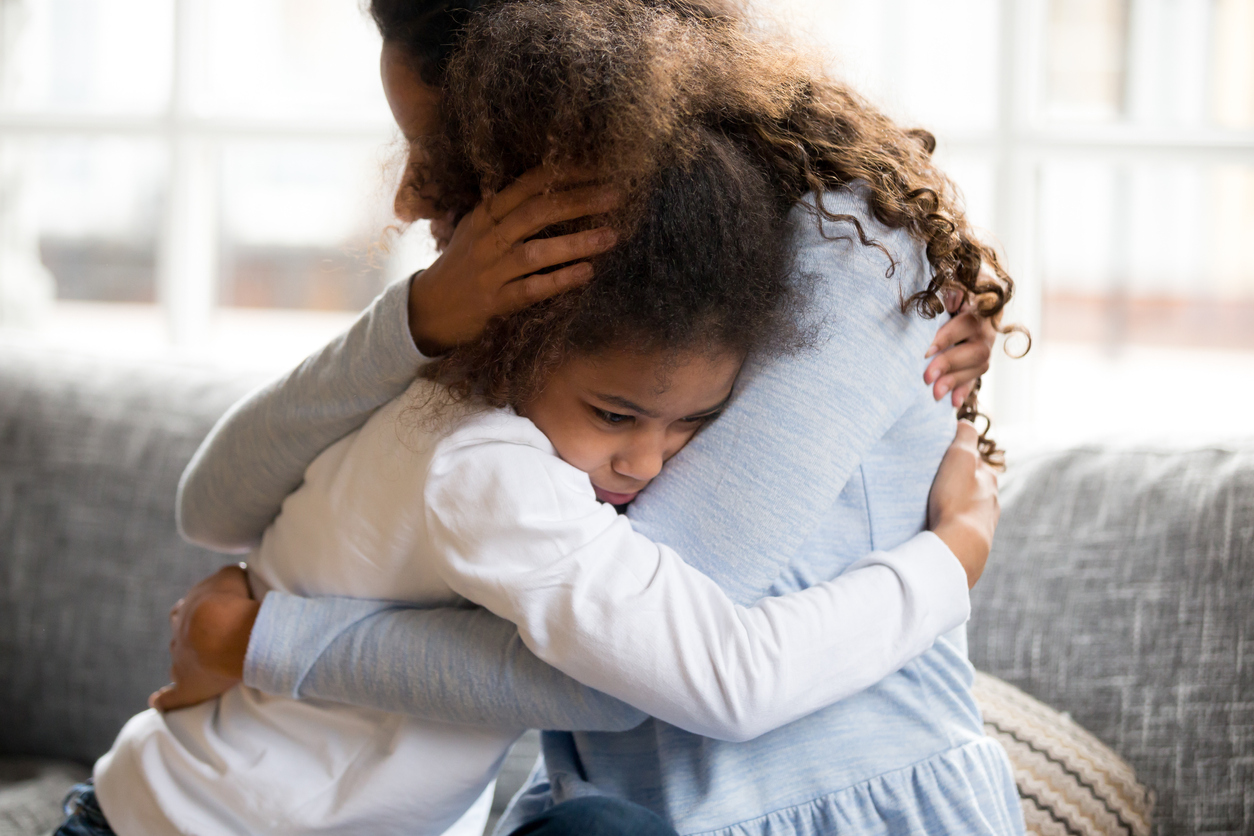 Latino parents are concerned about education for their children, their economic security, and racial justice when emerging from the COVID-19 pandemic, according to new data from a report conducted by Latino Decisions and Abriendo Puertas/Opening Doors. (3/16/21)
Latino parents are concerned about education for their children, their economic security, and racial justice when emerging from the COVID-19 pandemic, according to new data from a report conducted by Latino Decisions and Abriendo Puertas/Opening Doors. (3/16/21)
MORE: CORONAVIRUS AND LATINO PARENTS!
Latino Life Expectancy is Dropping amid COVID-19
Over the first half of the COVID-19 pandemic last year, gains made in life expectancy dropped. As a whole, US life expectancy fell by a year. Latinos, who have experienced some of the harshest COVID-19 impacts, saw a drop in life expectancy of 1.9 years. Latino life expectancy fell from 81.8 to 79.9 years. (3/11/21)
MORE: CORONAVIRUS AND LIFE EXPECTANCY!
Biden COVID-19 Task Force Focused on Health Equity
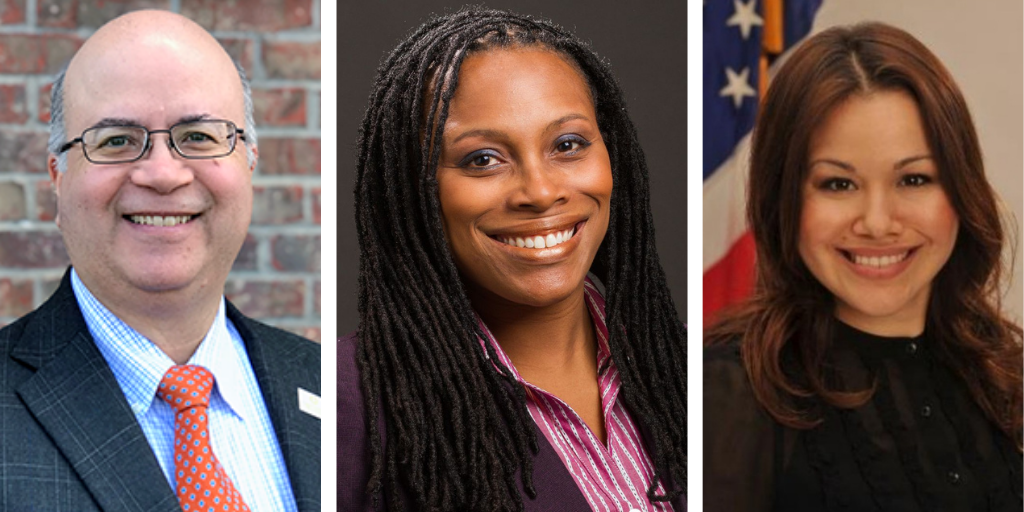 President Joe Biden’s COVID-19 Task Force is in full swing. Biden signed an executive order to create a task force focused on COVID-19 related health and social inequities. The task force, which is very diverse, was sworn in on Feb. 26, 2021. (3/2/21)
President Joe Biden’s COVID-19 Task Force is in full swing. Biden signed an executive order to create a task force focused on COVID-19 related health and social inequities. The task force, which is very diverse, was sworn in on Feb. 26, 2021. (3/2/21)
MORE: CORONAVIRUS AND TASK FORCE!
Proposed Federal Job Guarantee Policy Could Address Labor Inequities for Latinos
Some members of Congress want to help bring equity to employment. Congresswoman Ayanna Pressley of Massachusetts introduced a resolution for a Federal Job Guarantee, a policy intended to make the economy more inclusive and equitable, closing racial and gender income gaps. (2/23/21)
MORE: CORONAVIRUS AND job guarantee!
Food Insecurity Rocks Communities of Color amid COVID-19
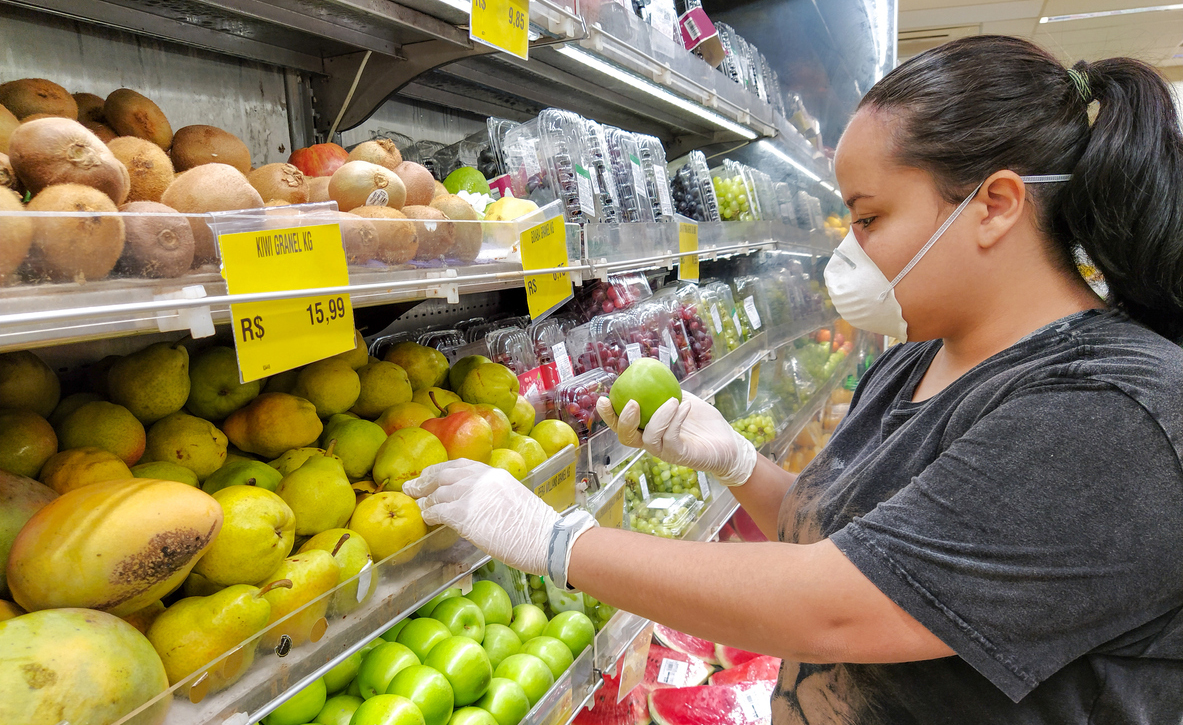 A lack of access to healthy, nutritious foods has harmed countless minorities for years. This problem has only gotten worse during the coronavirus pandemic. One in 10 Black and Latino families struggle with food insecurity, which is being without reliable access to a sufficient quantity of affordable, nutritious food, according to a recent report from the Census Bureau (2/24/21)
A lack of access to healthy, nutritious foods has harmed countless minorities for years. This problem has only gotten worse during the coronavirus pandemic. One in 10 Black and Latino families struggle with food insecurity, which is being without reliable access to a sufficient quantity of affordable, nutritious food, according to a recent report from the Census Bureau (2/24/21)
MORE: CORONAVIRUS AND rising food issues!
Latinos Urge for Environmental Action amid Climate Change, COVID-19
Communities of color, who will face the most significant harm from both COVID-19 and climate change, need wide-sweeping and immediate change, according to Ben Monterroso, a board chair of the national non-profit, Corazón Latino. “The strong support for the environment and climate action among Latinos continues a trend that has been building for years,” he said. (3/3/21)
MORE: CORONAVIRUS AND CLIMATE CHANGE!
Why Won’t People Just Wear Masks to Prevent the Spread of COVID-19?
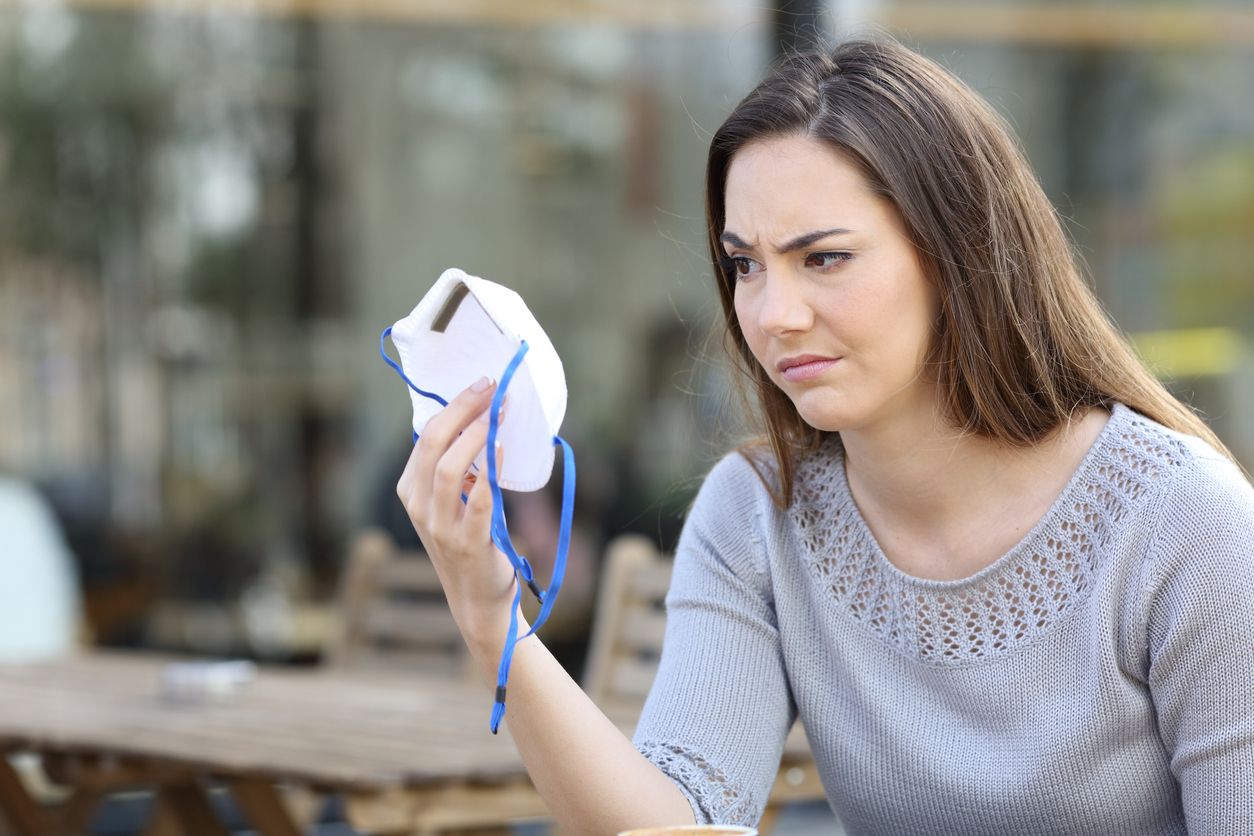 The pandemic still isn’t over. COVID-19 cases are spiking in many areas. Another big safety concern is using “system justification” to ignore safety precautions. This happens when people rationalize unsafe behaviors (like refusing to wear a mask and gathering in public spaces indoors) because it better fits their worldview and beliefs. They mistakenly think that the virus isn’t a serious problem, so they won’t take the necessary steps to address it. (12/15/20)
The pandemic still isn’t over. COVID-19 cases are spiking in many areas. Another big safety concern is using “system justification” to ignore safety precautions. This happens when people rationalize unsafe behaviors (like refusing to wear a mask and gathering in public spaces indoors) because it better fits their worldview and beliefs. They mistakenly think that the virus isn’t a serious problem, so they won’t take the necessary steps to address it. (12/15/20)
MORE: CORONAVIRUS AND sysemic justification!
Moral Disengagement Fuels ‘Pandemic Fatigue’ (and How to Avoid it)
Researchers are pointing to a new cause in an uptick of cases: pandemic fatigue. This is feeling overwhelmed with still having to maintain a state of constant vigilance, in this case six months after the pandemic started, and a weariness to abide by restrictions. When we disengage morally from safety and virus prevention, those who end up suffering the most are Latinos and other people of color who have been disproportionately targeted by the virus. (11/3/20)
MORE: CORONAVIRUS AND pandemic fatigue!
Latino Students Fall Behind in Math, Reading amid COVID-19 Distance Learning
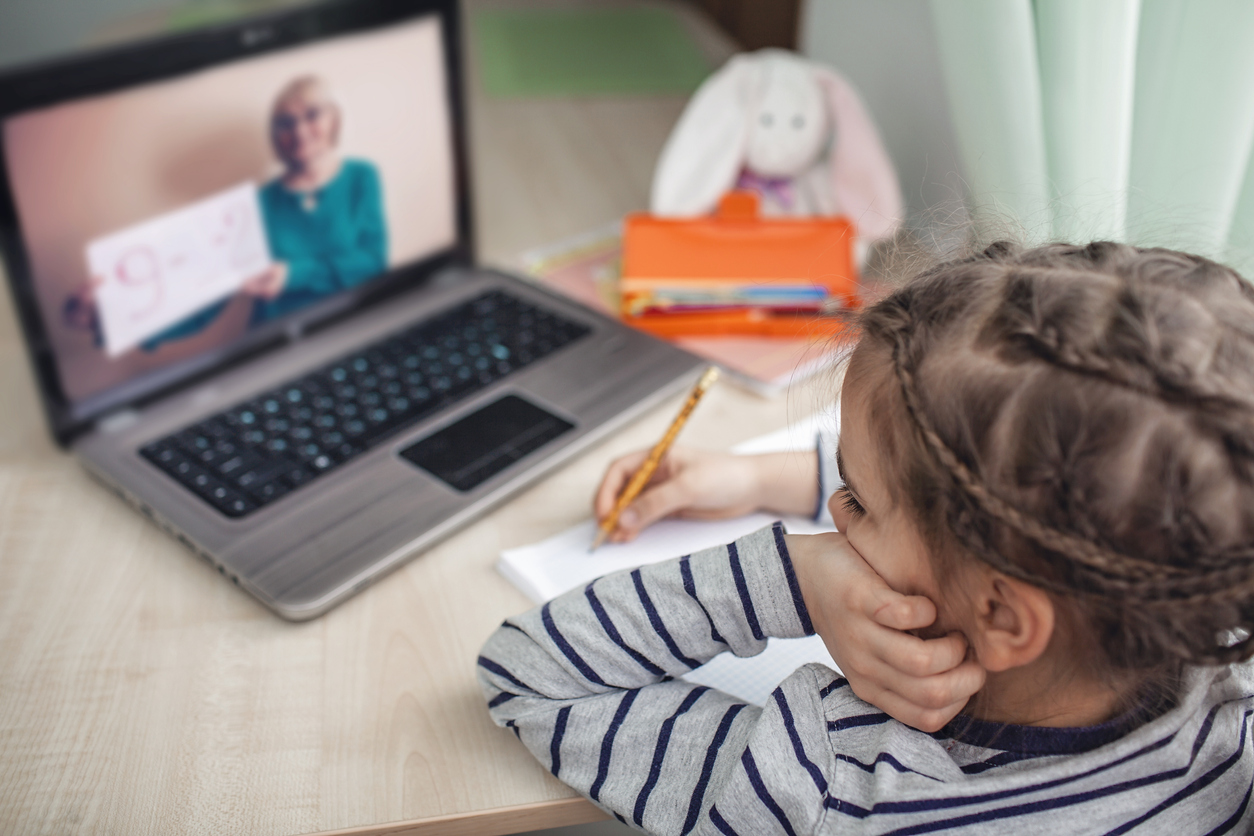 When schools closed down and switched to online learning at the start of the COVID-19 pandemic, some students began falling behind in class. A report by the Northwest Evaluation Association (NWEA) found that while some students are improving, Latino and Black students are falling behind their white peers (12/8/20).
When schools closed down and switched to online learning at the start of the COVID-19 pandemic, some students began falling behind in class. A report by the Northwest Evaluation Association (NWEA) found that while some students are improving, Latino and Black students are falling behind their white peers (12/8/20).
MORE: CORONAVIRUS AND education!
Data: COVID-19 Unemployment Highest among Latinos, Immigrants
Job loss is impacting Latinos and immigrant communities at higher rates than their peers during the coronavirus pandemic. This is not only forcing more Latinos out of work, but it will have long-lasting ripple effects across the nation, according to Dr. Rogelio Sáenz, a professor at the University of Texas at San Antonio. (Update: 10/8/20)
MORE: CORONAVIRUS AND UNEMPLOYMENT!
Why You Should Answer Calls from Your Health Department about COVID-19
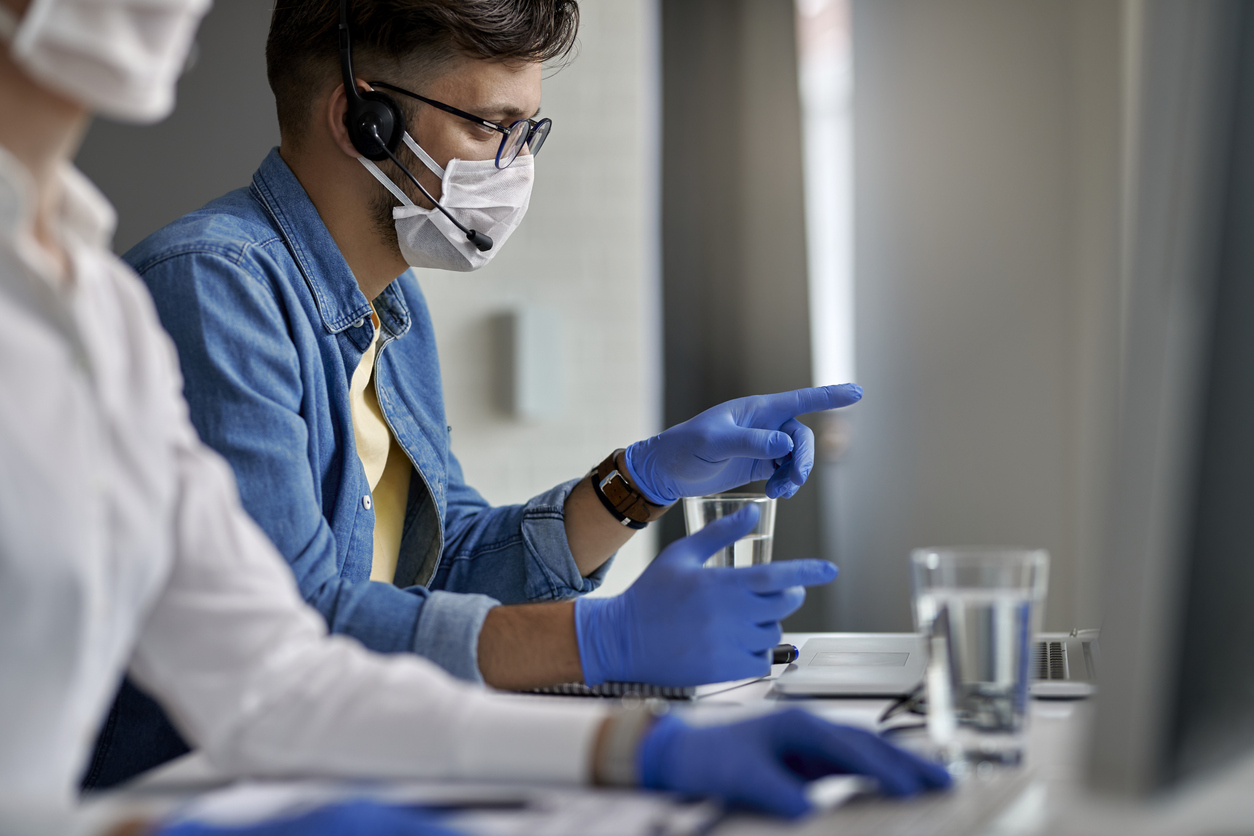 Have you or someone close to you tested positive for COVID-19? You should have gotten a phone call from a local public health worker─a “case investigator” or “contact tracer”─who would give guidance on monitoring symptoms, quarantining to prevent spread, and more. But some cities don’t have enough people to make these important calls. And people aren’t picking up the phone. (7/13/20)
Have you or someone close to you tested positive for COVID-19? You should have gotten a phone call from a local public health worker─a “case investigator” or “contact tracer”─who would give guidance on monitoring symptoms, quarantining to prevent spread, and more. But some cities don’t have enough people to make these important calls. And people aren’t picking up the phone. (7/13/20)
MORE: CORONAVIRUS CONTACT TRACING!
What Are COVID-19 Long-Haulers and Are Latinos at Risk?
For some, the illness’s side effects can last for weeks or even months. This group of severely affected individuals, referred to as “long haulers” by experts, is experiencing infection and lasting consequences. These maladies include shortness of breath, chest pain, fatigue, and other symptoms. While there is only a general understanding of those who deal with prolonged coronavirus side-effects, there is enough data to see there is a problem. (10/7/20)
MORE: CORONAVIRUS AND LONG HAULERS!
What All Latinos Need to Know about Coronavirus
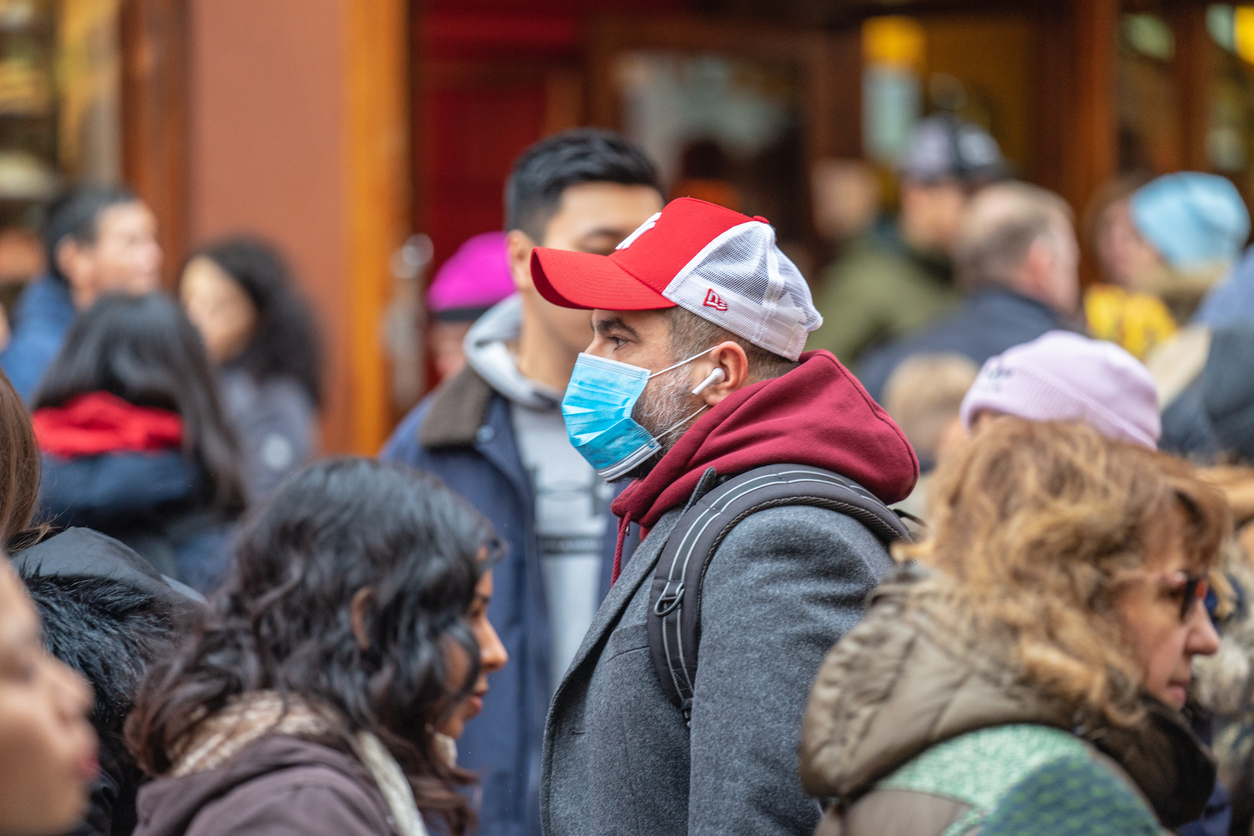 The current novel coronavirus (COVID-19) is gripping most of the world. The number of afflicted continues to rise, including Latinos and Hispanics. Here’s what you need to know. (Update: 3/11/21)
The current novel coronavirus (COVID-19) is gripping most of the world. The number of afflicted continues to rise, including Latinos and Hispanics. Here’s what you need to know. (Update: 3/11/21)
MORE: CORONAVIRUS AND LATINOS!
El Coronavirus: Todo Lo Que Deben De Saber Los Latinos y Como Prepararse
A fines del año pasado, un nuevo virus broto en Wuhan, China: esta enfermedad, ahora conocida como COVID-19 (tambien llamada coronavirus), se ha extendido por todo el mundo. Está presente en casi todos los continentes, y el número de casos segue aumentando y afectando incluso a muchos latinos y hispanos. (3/19/20)
10 Steps to Boost Mental Health Services for Latino Immigrants amid DACA, COVID-19
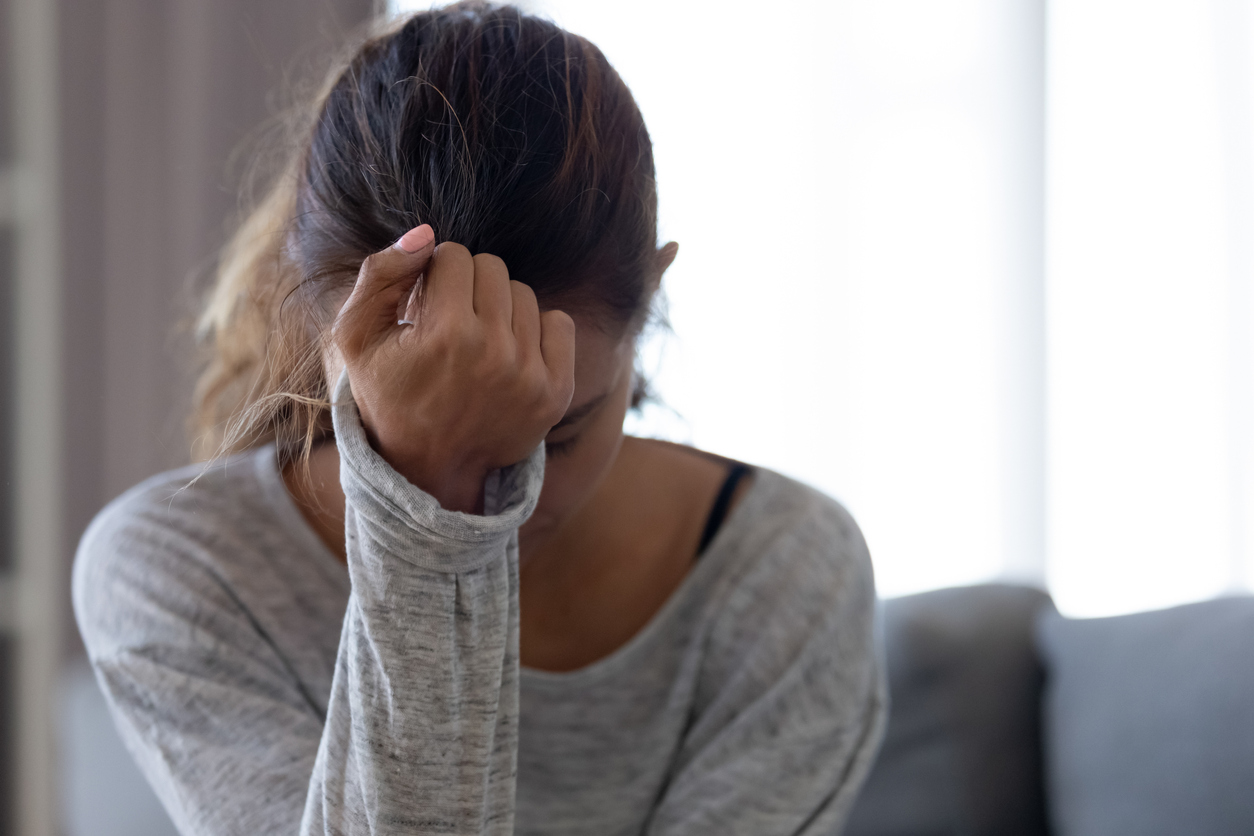 Life as a Latino immigrant is stressful. Who is looking out for the mental health of Latino immigrants? Informed Immigrant, Immigrants Rising, and FWD.us have a 10-step guide to help mental health care providers respond to the distress of immigrants whose status is in flux due to ongoing changes to the Deferred Action for Childhood Arrivals (DACA) program, amid coronavirus. (Update: 6/18/20)
Life as a Latino immigrant is stressful. Who is looking out for the mental health of Latino immigrants? Informed Immigrant, Immigrants Rising, and FWD.us have a 10-step guide to help mental health care providers respond to the distress of immigrants whose status is in flux due to ongoing changes to the Deferred Action for Childhood Arrivals (DACA) program, amid coronavirus. (Update: 6/18/20)
MORE: CORONAVIRUS AND MENTAL HEALTH PROVISION!
7 Reasons to Push for Paid Sick Leave Policies for During and Post-Pandemic
Without paid sick leave, too many Latinos are forced to choose between financial security and health. After all, just a few days of lost pay due to illness is the same as losing an entire month’s worth of groceries for some families, which fare worse during a pandemic like COVID-19. We need paid sick leave. (5/13/20)
MORE: CORONAVIRUS AND PAID LEAVE!
Start ‘Handle With Care’ to Help Kids Who Face Trauma, Even If Schools Are Closed!
 Help students who are exposed to trauma get emotional, academic support—even when school is closed—with the Salud America! Handle With Care Action Pack with coaching. “Handle With Care” is notification system where police alert schools when kids are at a traumatic scene, enabling schools to support these kids, even virtually while school is closed. (5/7/20)
Help students who are exposed to trauma get emotional, academic support—even when school is closed—with the Salud America! Handle With Care Action Pack with coaching. “Handle With Care” is notification system where police alert schools when kids are at a traumatic scene, enabling schools to support these kids, even virtually while school is closed. (5/7/20)
MORE: CORONAVIRUS AND HANDLE WITH CARE!
4 Recommendation to Help At-Risk Kids, Families amid School Closures, Isolation
As educators quickly adapted to virtual platforms to stay in academic contact with students after schools closed due to the coronavirus pandemic, many at-risk students were stranded in potentially unsafe, traumatic home situations. How can schools, while closed, still check on child welfare and connect families to resources? (6/3/20)
MORE: CORONAVIRUS AND CONNECTING FAMILIES!
‘La Loteria’ Bingo Helps Families Stay Healthy amid COVID-19
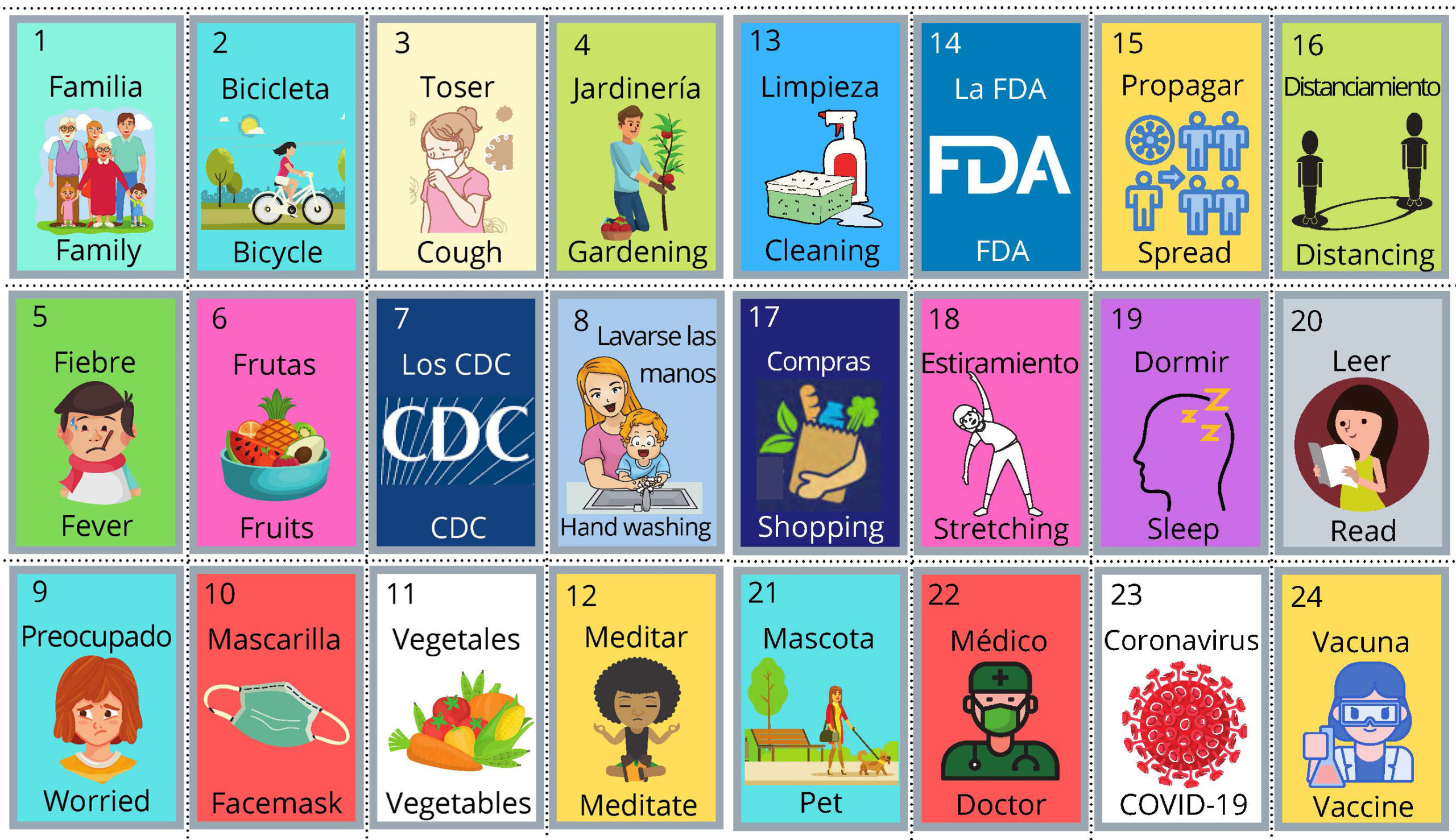 The National Alliance for Hispanic Health has created COVID-19 Bingo (La Loteria). The family game has pictures of social distancing, hand-washing, video calls, physical activity, healthy food, faith, hope, and more. La Loteria, a traditional game in Latino families, is a version of Bingo using pictures on cards instead of numbers (5/11/20)
The National Alliance for Hispanic Health has created COVID-19 Bingo (La Loteria). The family game has pictures of social distancing, hand-washing, video calls, physical activity, healthy food, faith, hope, and more. La Loteria, a traditional game in Latino families, is a version of Bingo using pictures on cards instead of numbers (5/11/20)
MORE: CORONAVIRUS AND LA LOTERIA!
Study: Spanish Speakers at Elevated Risk for COVID-19
U.S. Latinos are bearing an extraordinary burden of COVID-19 cases and deaths. Why is this? Health experts are trying to find an answer. They say the pandemic is worsening historical health and social inequities among Latinos and other people of color, affecting people of a certain age and those with underlying conditions. Now a study points to a new, but common, culprit: language barriers (and the healthcare system’s failure to accommodate people who don’t speak English). (7/27/20)
MORE: CORONAVIRUS AND speaking spanish!
Need Help? Erine Gray’s FindHelp.org Can Connect You to Local Social Services amid Coronavirus
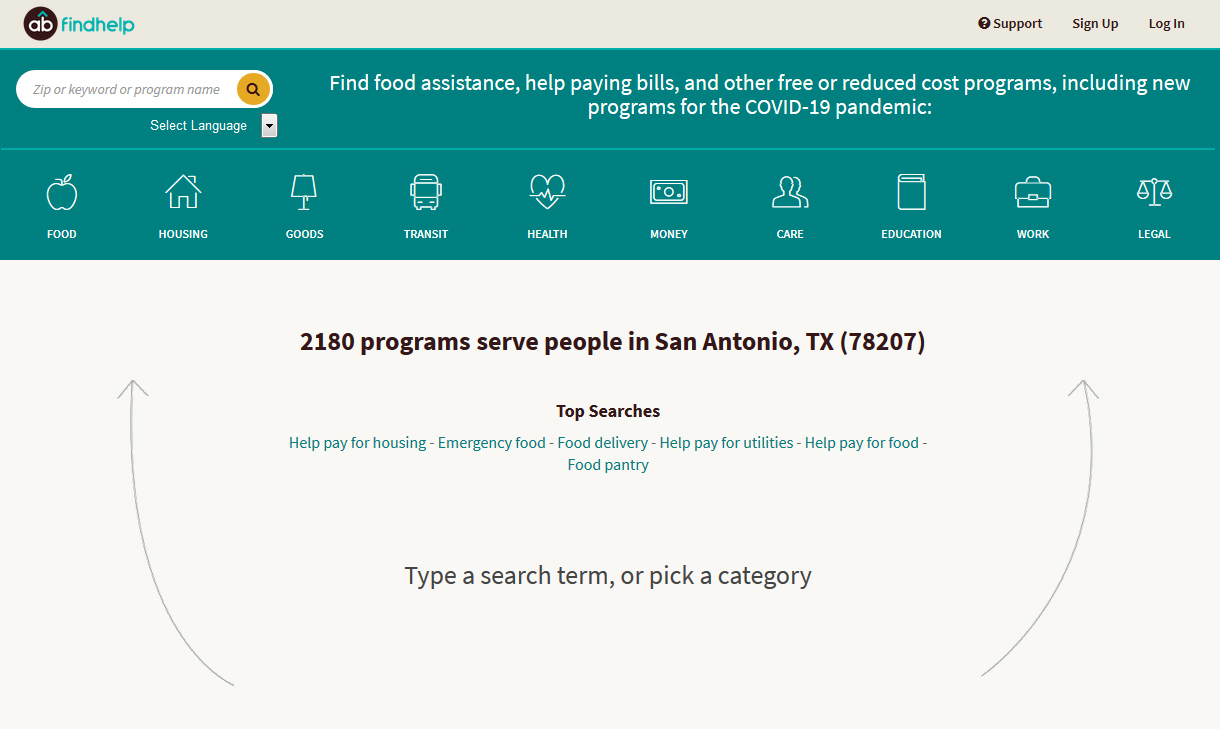 28 years after his mother was diagnosed with a rare brain disease, Erine Gray is especially proud of creating AuntBertha.com—the nation’s only digital platform that makes it free and easy for anyone to search any U.S. ZIP code and find and apply for all kinds of social services, such as food assistance, housing, jobs, and medical care. FindHelp.org is a version of AuntBertha.com that pulls together social services specifically helping in the wake of the COVID-19 pandemic. (6/25/20)
28 years after his mother was diagnosed with a rare brain disease, Erine Gray is especially proud of creating AuntBertha.com—the nation’s only digital platform that makes it free and easy for anyone to search any U.S. ZIP code and find and apply for all kinds of social services, such as food assistance, housing, jobs, and medical care. FindHelp.org is a version of AuntBertha.com that pulls together social services specifically helping in the wake of the COVID-19 pandemic. (6/25/20)
MORE: CORONAVIRUS AND FINDING HELP!
Report: U.S. ‘Failed Miserably’ in Policy Response to COVID-19, But Has a Path Forward for Future Pandemics
U.S. leaders have “failed miserably” in planning and executing a cohesive national response to COVID-19, which has killed over 170,000 people here, according to a new report. Still, the report offers 100+ recommendations on how federal, state, and local leaders can better respond to future pandemics. These include strengthening leadership, expanding access to health care, fortifying protections for workers, and implementing a humane immigration policy. (8/31/20)
MORE: CORONAVIRUS AND RESPONSE!
Building a Community-Based Workforce to Address COVID-19 Recovery, Public Safety
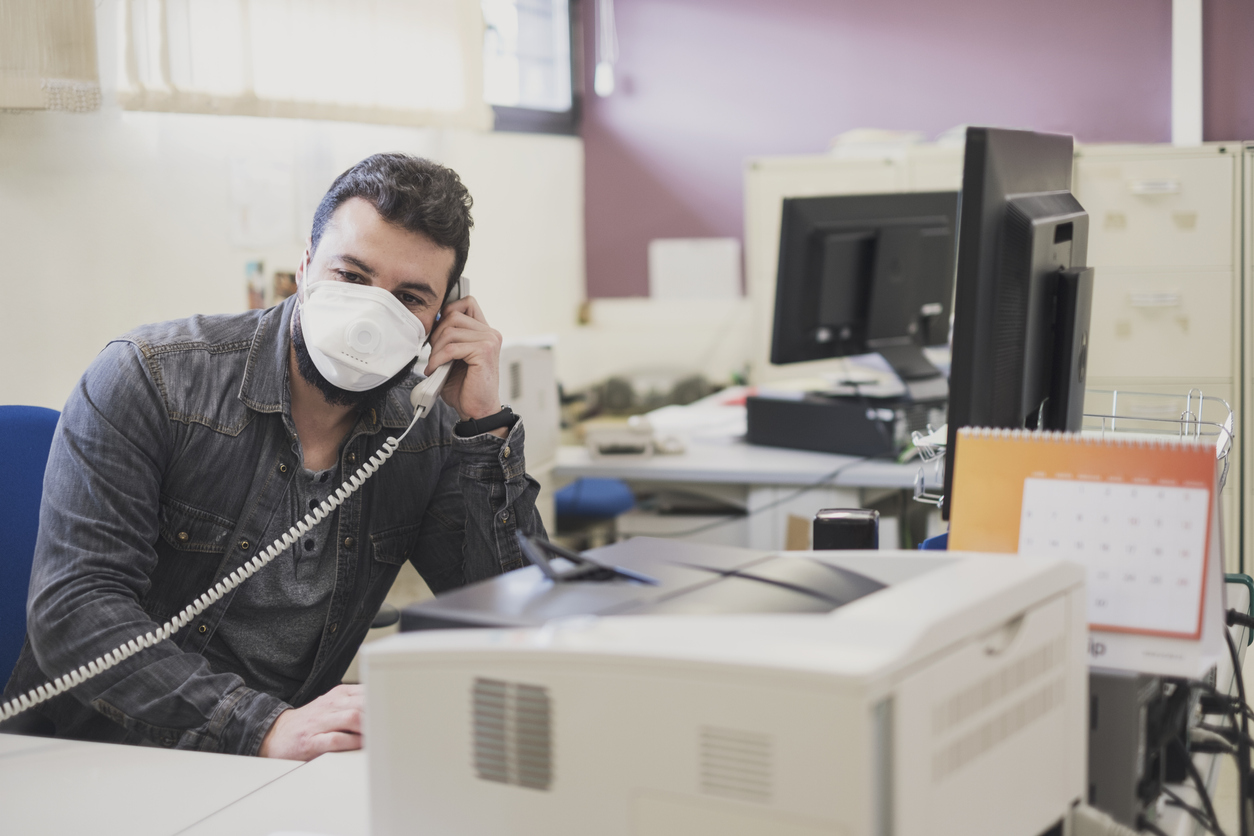 Too many social support tasks fall to armed police officers. As local leaders discuss COVID-19 recovery plans, they need to consider how to address these social support issues in tandem with economic issues. That’s why cities need to build a community-based workforce to coordinate community development, help families recover from the pandemic’s economic fallout, and reform police, simultaneously. (8/17/20)
Too many social support tasks fall to armed police officers. As local leaders discuss COVID-19 recovery plans, they need to consider how to address these social support issues in tandem with economic issues. That’s why cities need to build a community-based workforce to coordinate community development, help families recover from the pandemic’s economic fallout, and reform police, simultaneously. (8/17/20)
MORE: CORONAVIRUS recovery: part 1!
For COVID-19 Recovery, Invest in People and Places
Helping families recover from the economic impact of COVID-19 requires far more than a paycheck. To build resilience after COVID-19, cities need to invest in people and in places. More specifically, cities need to build a community-based workforce to ramp up social services, and cities need to invest in affordable transportation options. (8/24/20)
MORE: CORONAVIRUS recovery: part 2!
Is Secondhand Smoke and Thirdhand Smoke Linked to Coronavirus Transmission?
Researchers are worried about COVID-19 transmission from asymptomatic-but-infected smokers and vapers to others in their household via secondhand and thirdhand smoke and aerosol. Let’s explore what this means. (5/22/20)
MORE: CORONAVIRUS AND SECONDHAND SMOKE!
The Truth about Smoking and Your Risk of Coronavirus
Three recent European studies are making bold claims and generating sensational media headlines—like “Smokers seem less likely than non-smokers to fall ill with covid-19.” But does the science support these studies? No, according to many health experts. (Update: 7/13/20)
MORE: CORONAVIRUS AND SMOKING TRUTH!
Study: Vapers 5 Times More Likely to Get COVID-19
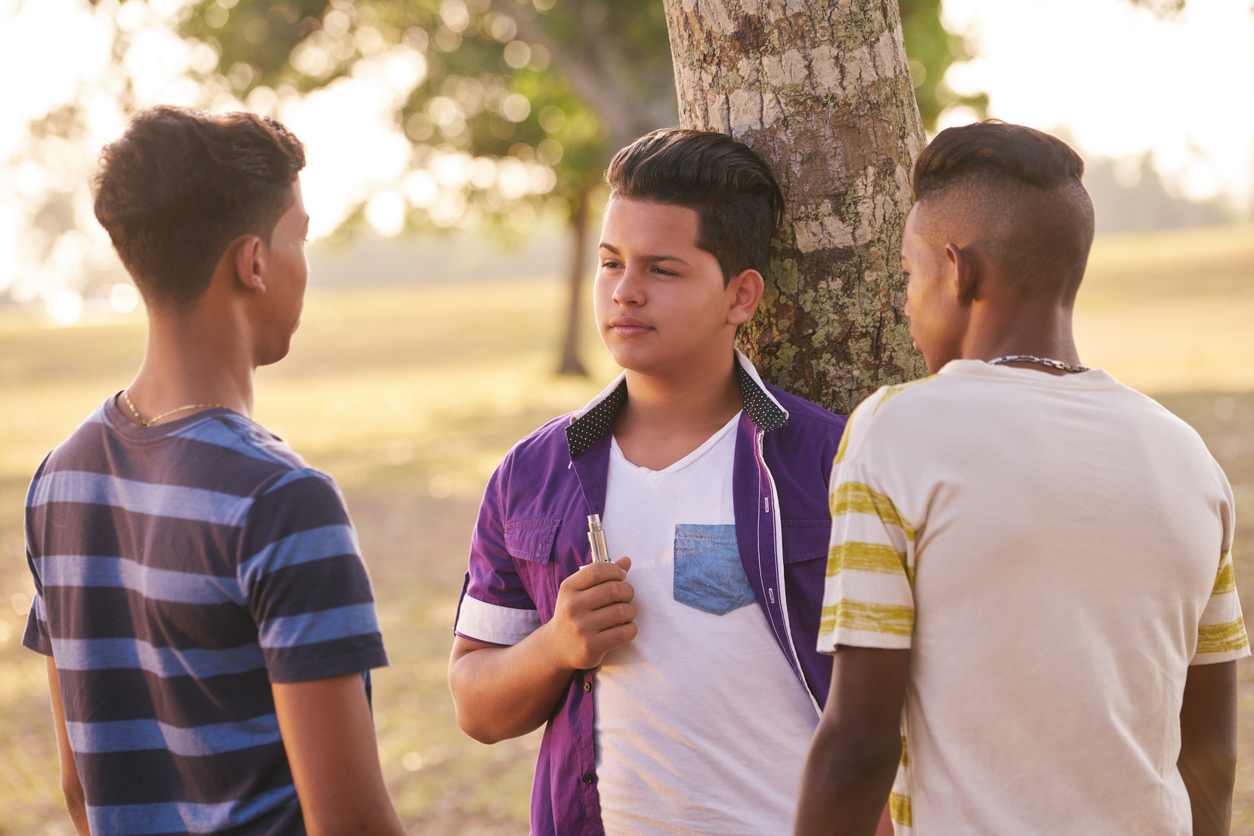 Teenagers and young adults who vape face a much higher risk of COVID-19 than their peers who do not, according to new research from Stanford University. In fact, that data showed that vapers are five times more likely to get COVID-19. The risk is seven times higher for dual—smoking and vaping—users. (8/14/20)
Teenagers and young adults who vape face a much higher risk of COVID-19 than their peers who do not, according to new research from Stanford University. In fact, that data showed that vapers are five times more likely to get COVID-19. The risk is seven times higher for dual—smoking and vaping—users. (8/14/20)
Health Experts: Coronavirus Risk Increased by Smoking, Vaping
Smoking and vaping weakens the function of the lungs and could leave people more susceptible to coronavirus (COVID-19), public health experts say. Serious consequences of COVID-19 is worrisome for those with weak lung or immune systems. Basically, this means now is a good time to quit smoking. (3/13/20)
MORE: CORONAVIRUS AND SMOKING!
How a Smoke-free Policy Protects Apartments Tenants amid Secondhand Smoke, COVID-19
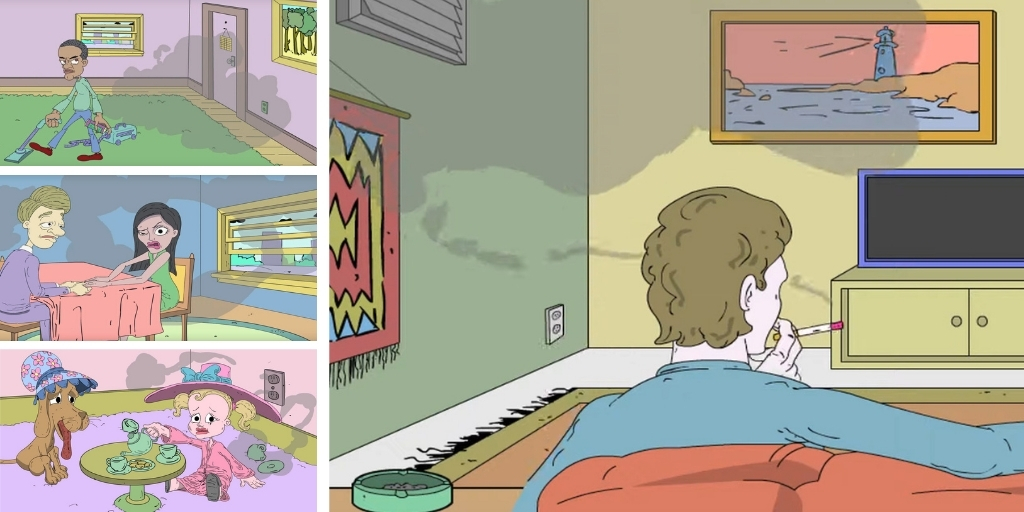 Does someone smoke in your apartment complex? You might be inhaling your neighbor’s secondhand smoke. Inside multifamily dwellings, secondhand smoke can travel through doorways, halls, windows, ventilation systems, electrical outlets, and gaps around fixtures and pipes. Secondhand smoke, already a cancer-causing killer of millions, also might contribute to the spread of coronavirus. (12/10/20)
Does someone smoke in your apartment complex? You might be inhaling your neighbor’s secondhand smoke. Inside multifamily dwellings, secondhand smoke can travel through doorways, halls, windows, ventilation systems, electrical outlets, and gaps around fixtures and pipes. Secondhand smoke, already a cancer-causing killer of millions, also might contribute to the spread of coronavirus. (12/10/20)
MORE: CORONAVIRUS AND multifamily dwellings!
How Cities are Using Community-Based Workers for Effective Contact Tracing
Contact tracing is key to slowing the spread of COVID-19. But identifying people who have tested positive for COVID-19 and tracking their whereabouts and potential infection sources has its challenges. And because COVID-19 disproportionately affects Latino and other minority communities, there may be a language barrier or sense of fear when discussing health information with state employees. (9/29/20)
MORE: CORONAVIRUS AND CITY CONTACT TRACING!
Study: Salud America! Increased Exposure to Latino Health Equity Content amid COVID-19
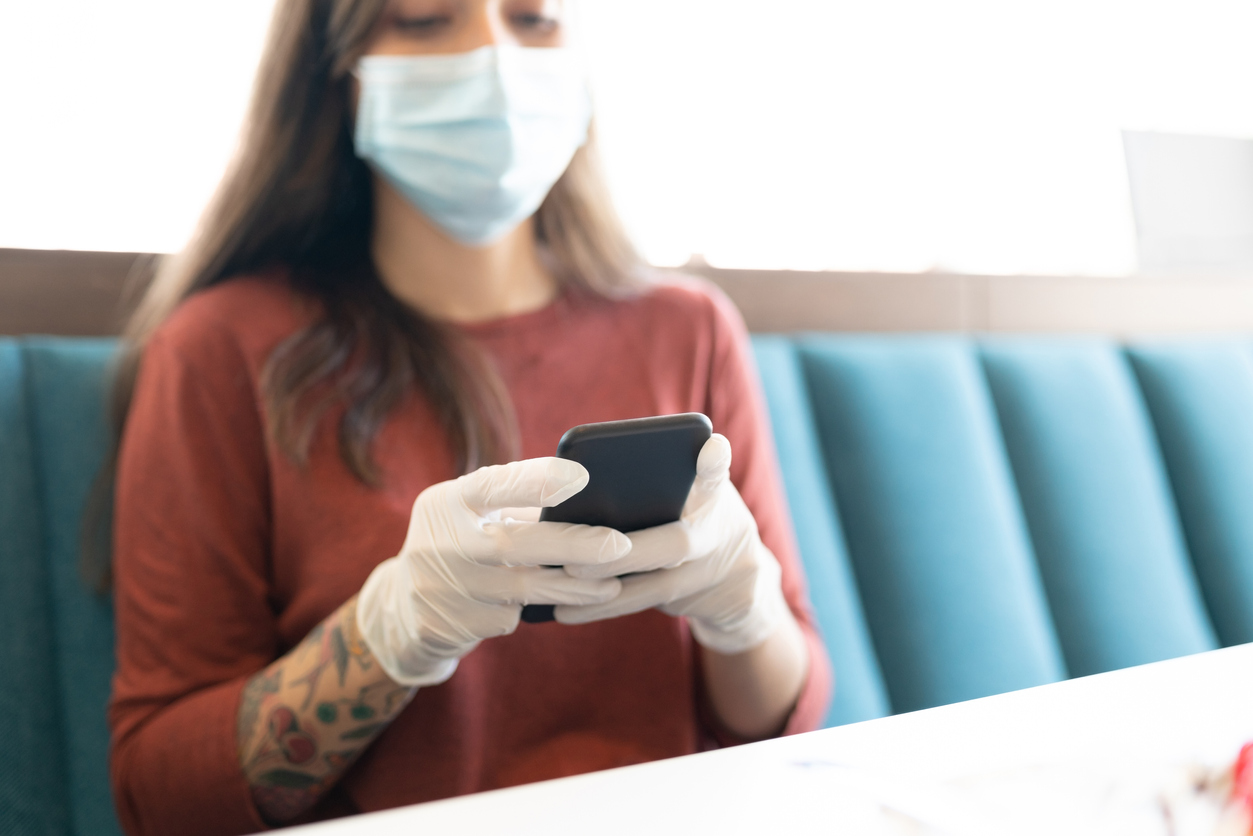 When COVID-19 struck, it impacted Latinos more than others. That is why Salud America!, a Robert Wood Johnson Foundation-funded national program at UT Health San Antonio, immediately applied its digital content curation model to create equitable, culturally relevant information and action opportunities to address pandemic effects on Latinos. The result? (8/18/20)
When COVID-19 struck, it impacted Latinos more than others. That is why Salud America!, a Robert Wood Johnson Foundation-funded national program at UT Health San Antonio, immediately applied its digital content curation model to create equitable, culturally relevant information and action opportunities to address pandemic effects on Latinos. The result? (8/18/20)
MORE: CORONAVIRUS AND SALUD AMERICA!
Dr. Amelie Ramirez of Salud America! Joins New Team to Guide San Antonio in Reopening Economy after Social Distancing
San Antonio Mayor Ron Nirenberg and Bexar County Judge Nelson Wolff announced the addition of Dr. Amelie G. Ramirez, director of Salud America! at UT Health San Antonio, to the COVID-19 Health Transition Team, which is working on a plan to slowly reopen the city economy after social distancing. (Update: 4/29/20)
MORE: CORONAVIRUS AND SAN ANTONIO!
Salud America! Talks Latino Health Equity Amid COVID-19 with APHA
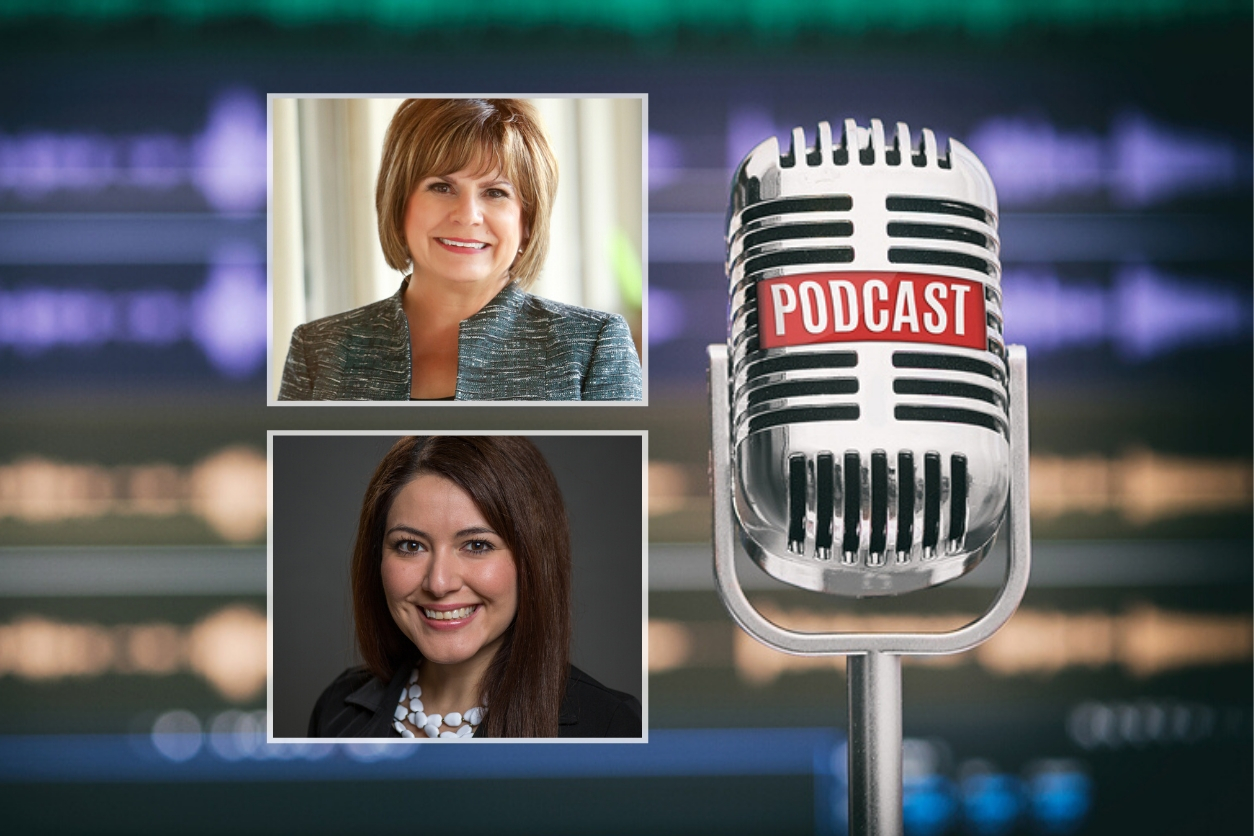 Dr. Amelie Ramirez, Director of Salud America! at UT Health San Antonio, and Rosalie Aguilar, National Project Coordinator, discussed some of the challenges U.S. Latinos face amid the COVID-19 pandemic, on a recent episode of The Nation’s Health, The American Public Health Association (APHA) podcast. (5/12/20)
Dr. Amelie Ramirez, Director of Salud America! at UT Health San Antonio, and Rosalie Aguilar, National Project Coordinator, discussed some of the challenges U.S. Latinos face amid the COVID-19 pandemic, on a recent episode of The Nation’s Health, The American Public Health Association (APHA) podcast. (5/12/20)
MORE: CORONAVIRUS AND APHA PODCAST!
Webinar 6/29/20: Why Are We Dying? Race, Ethnicity and Health Justice in the COVID-19 Pandemic
Dr. Amelie G. Ramirez, director of Salud America! at UT Health San Antonio, joined a webinar to discuss issues and solutions to COVID-19 health disparities. The webinar, “Why Are We Dying? Race, Ethnicity and Health Justice in the COVID-19 Pandemic,” took place 11 a.m. CT Monday, June 29, 2020. If you missed it, you can still watch! (Update: 7/7/20)
Coronavirus Care: Amazing Acts of Kindness during a Pandemic
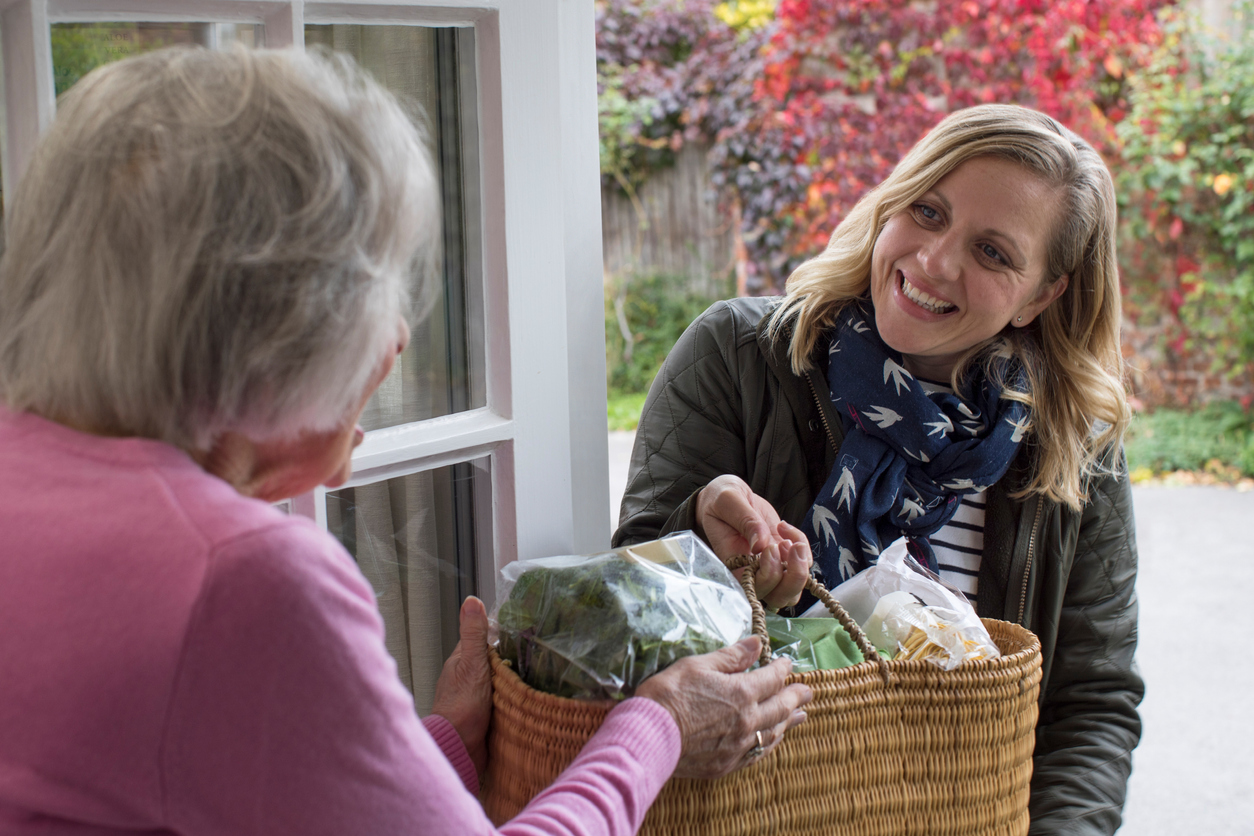 The coronavirus pandemic is causing fear and hoarding of groceries. But, even amid an unusual disease outbreak, people and organizations are showing that kindness is instrumental in caring for people and promoting survival and health equity in tough times. (Update: 5/4/20)
The coronavirus pandemic is causing fear and hoarding of groceries. But, even amid an unusual disease outbreak, people and organizations are showing that kindness is instrumental in caring for people and promoting survival and health equity in tough times. (Update: 5/4/20)
MORE: CORONAVIRUS AND KINDNESS!
Neighbors Create Mutual Aid Network to Help Neighbors with Groceries, Care
How is your neighbor doing during the coronavirus pandemic? Some neighbors saw their neighbors lose jobs, with no money for bills or groceries. They saw college students and non-English speakers get no support. They each wanted to help their neighbors. So, together, they helped create Mutual Aid Medford and Somerville (MAMAS), an on-the-fly mix of multilingual online documents, Google maps, social media, and text-message threads where neighbors can offer to help, and/or ask for help with grocery deliveries, filing for unemployment, emotional support, and more. (5/4/20)
MORE: CORONAVIRUS AND MUTUAL AID!
Coronavirus Is Worsening Food Insecurity for Latinos
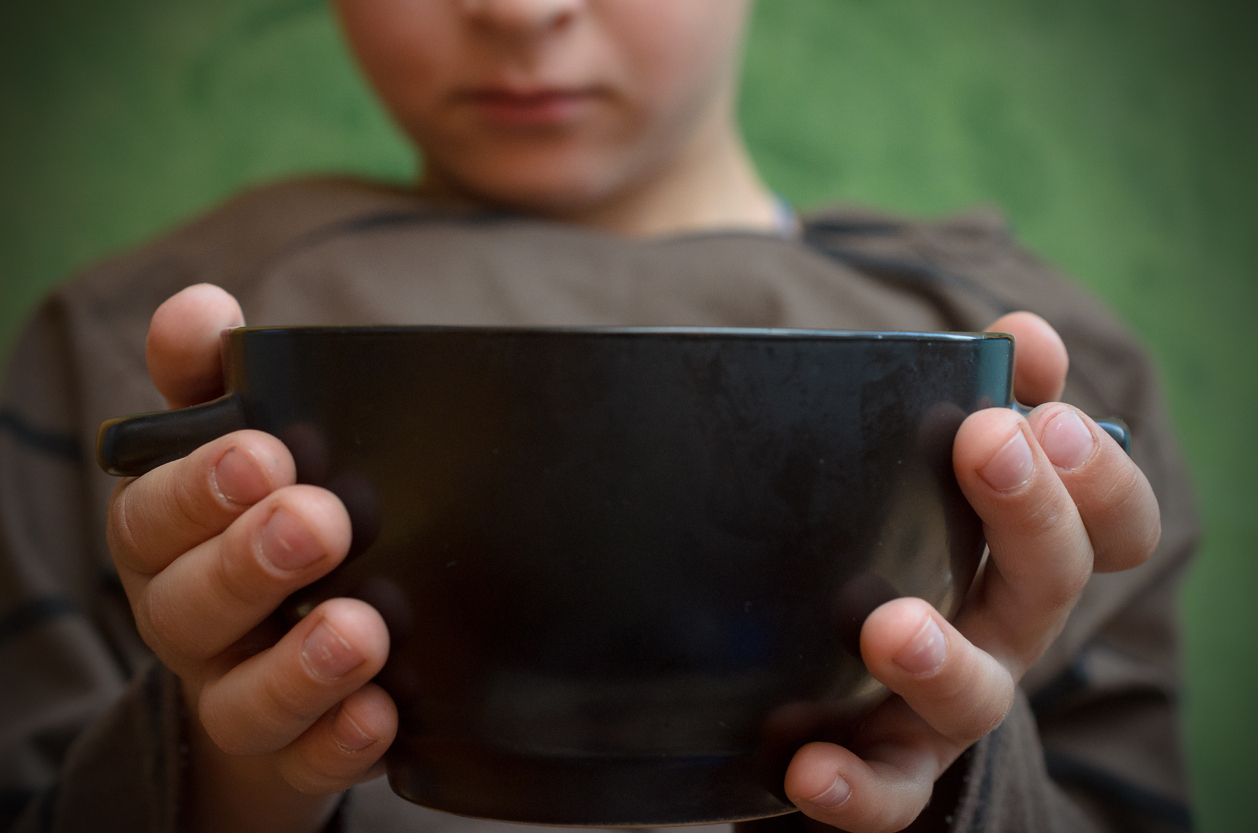 The coronavirus outbreak is making it harder for Latino and other families to get enough food to feed their families, a condition also called food insecurity. People are stocking up on groceries and buying online in hopes of hunkering down and limiting social interactions, to help prevent the spread of COVID-19. But families who rely on nutrition aid can’t stock up. They also can’t buy online. (3/25/20)
The coronavirus outbreak is making it harder for Latino and other families to get enough food to feed their families, a condition also called food insecurity. People are stocking up on groceries and buying online in hopes of hunkering down and limiting social interactions, to help prevent the spread of COVID-19. But families who rely on nutrition aid can’t stock up. They also can’t buy online. (3/25/20)
MORE: CORONAVIRUS AND FOOD INSECURITY!
Farmer’s Markets Are Essential, Especially amid Coronavirus
Does your town have a farmers market? How is it operating amid COVID-19? Farmers markets are a path to healthy food access. They are especially important now as the coronavirus pandemic worsens food insecurity. Fortunately, the Farmers Market Coalition is stepping up to support farmers markets. They’re pushing for federal aid for markets, creating resources, and sharing how markets increase access to healthy, fresh produce and social connections, and engage farmers in the local economy. (7/31/20)
MORE: CORONAVIRUS AND FARMERS MARKETS!
Eric Cooper: How San Antonio Food Bank Feeds People Amid Coronavirus
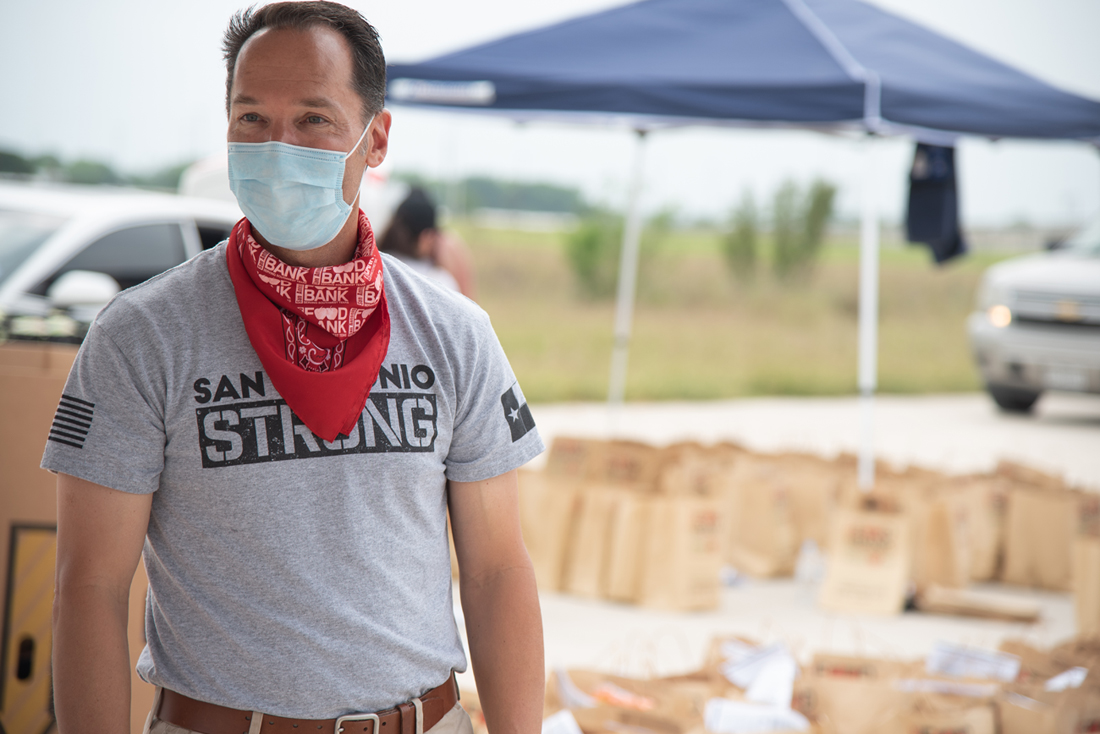
Eric Cooper knows what it’s like to depend on public assistance programs. He grew up in a low-income family, relying on free school meals and food assistance to get enough food to eat. Today, as CEO of the San Antonio Food Bank, Cooper helps families like his. And with rising amounts of food insecurity amid the coronavirus COVID-19 pandemic, he led the Food Bank to orchestrate a whole new way of operating. An army of volunteers has stepped up to meet the needs of so many, by working in back-to-bacK shifts and implementing new strategies, such as drive-through pickup lines or COVID-19 preparation kits. (5/14/20)
MORE: CORONAVIRUS AND FOOD BANKS!
Chef, Food Advocate Team Up to Serve Free, No-Questions-Asked Red Beans and Rice
Jenn Yates is an advocate who usually pushes for healthier school food in Arlington, Virginia (15.8% Latino). David Guas is a chef who usually is feeding people. These days, amid the COVID-19 pandemic, Yates and Guas are a dynamic duo that provides free meals to vulnerable families to prevent hunger while schools and restaurants are closed. (4/1/20)
MORE: CORONAVIRUS AND FREE MEALS!
SNAP Online Food Purchasing Program Could Threaten Participants’ Privacy, Undermine their Health
 Before COVID-19, families with SNAP federal food aid could not use their electronic benefits transfer (EBT) cards to buy groceries online. They had to go to into stores and risk infection. The good news is 37 states now have a SNAP online food purchasing programs. The bad news is that those online purchasing programs could “expose [SNAP] participants to increased data collection and surveillance, a flood of intrusive and manipulative online marketing techniques, and pervasive promotion of unhealthy foods,” according to the Center for Digital Democracy. (7/23/20)
Before COVID-19, families with SNAP federal food aid could not use their electronic benefits transfer (EBT) cards to buy groceries online. They had to go to into stores and risk infection. The good news is 37 states now have a SNAP online food purchasing programs. The bad news is that those online purchasing programs could “expose [SNAP] participants to increased data collection and surveillance, a flood of intrusive and manipulative online marketing techniques, and pervasive promotion of unhealthy foods,” according to the Center for Digital Democracy. (7/23/20)
MORE: CORONAVIRUS AND SNAP ONLINE!
Report: Increasing SNAP Benefits Only Helps the Economy
Food stamps began in America during another national crisis, the Great Depression — now, during the coronavirus pandemic, government programs are advocating for expansion. But the Supplemental Nutrition Assistance Program (SNAP) is under increasing attack from the USDA under the Trump Administration. (Update: 5/14/20)
Tell City Leaders: Open Streets for More Walking, Biking during Coronavirus!
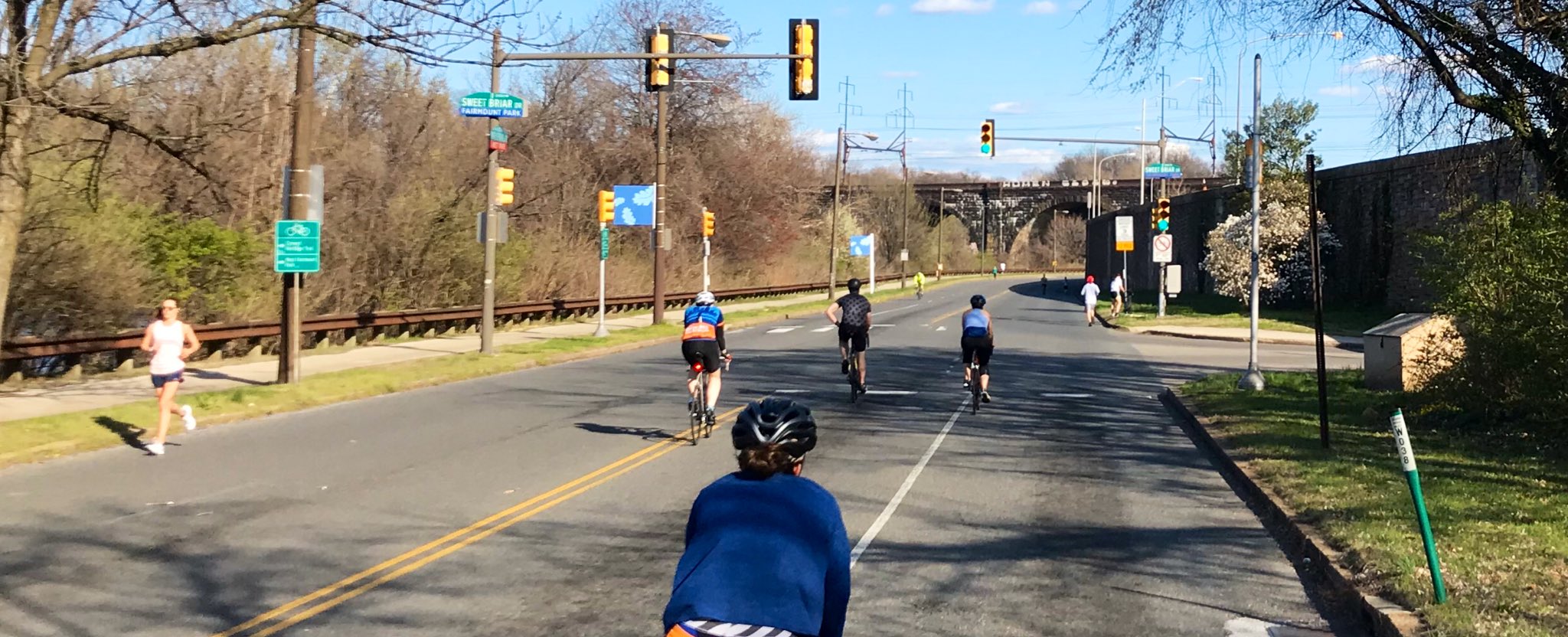 Social distancing is hard when so many more people are using sidewalks, trails, and parks. That’s where open streets can help. Open streets, which close streets to vehicle traffic, create more outdoor space for people to walk, bike, roll, and stay active and socially distant during the COVID-19 pandemic. Sign a petition by the Rails to Trails Conservancy to urge local leaders to close select streets to car traffic, and open them for human activity during this global pandemic! (4/10/20)
Social distancing is hard when so many more people are using sidewalks, trails, and parks. That’s where open streets can help. Open streets, which close streets to vehicle traffic, create more outdoor space for people to walk, bike, roll, and stay active and socially distant during the COVID-19 pandemic. Sign a petition by the Rails to Trails Conservancy to urge local leaders to close select streets to car traffic, and open them for human activity during this global pandemic! (4/10/20)
MORE: CORONAVIRUS AND OPEN STREETS!
Bicyclist’s Petition to Open Streets to People in Philadelphia During Coronavirus Crisis
Randy LoBasso is pushing to make bicycling safer and more equitable in Philadelphia. But, as COVID-19 shut down businesses and schools, the bike-as-transportation enthusiast found people crowding local bike trails and making it hard to practice social/physical distancing. So LoBasso led an open streets petition and got the city to close a major street to cars, and open it for people walking, biking, and rolling. And he’s not stopping there. (4/9/20)
MORE: CORONAVIRUS AND PHILLY STREETS!
The Fight for a Clean Environment Continues amid Coronavirus
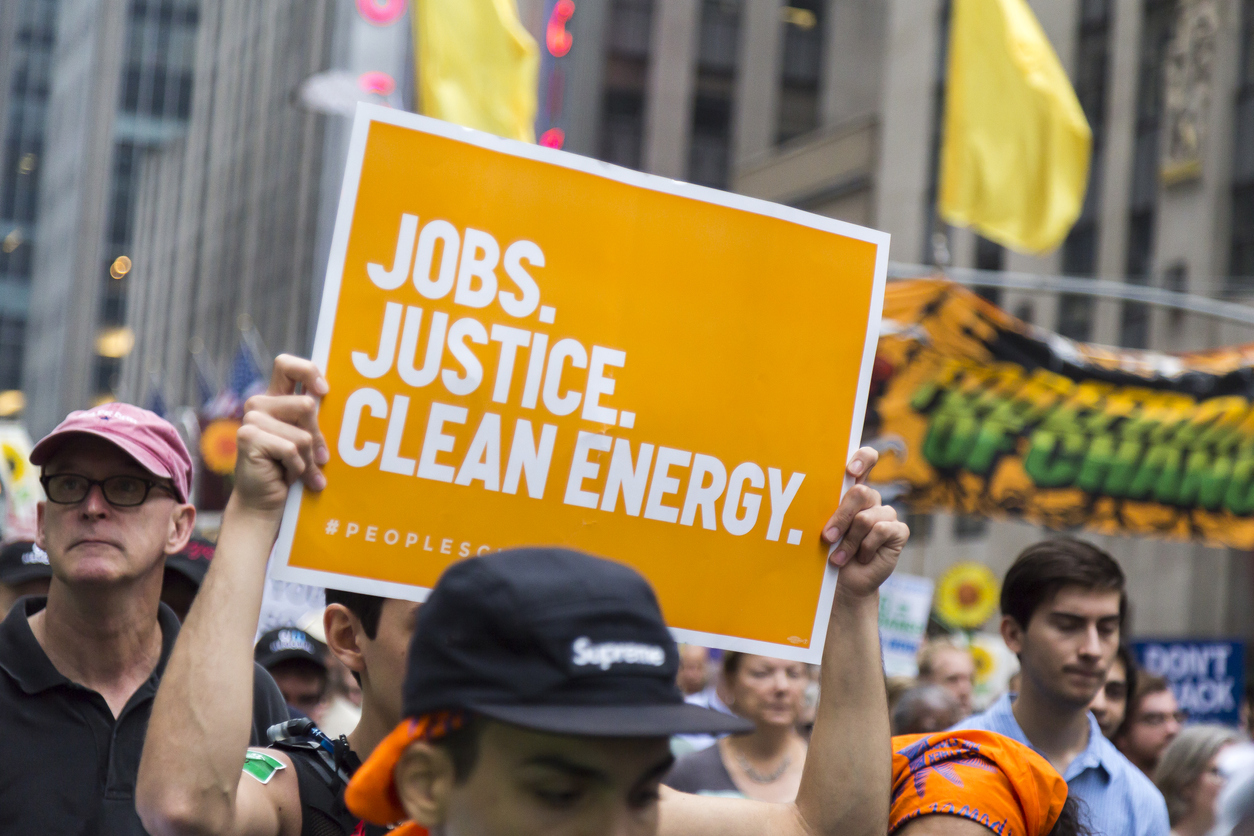 As the COVID-19 pandemic continues to spread throughout the country, scientists and researchers are discovering more about how harmful environmental exposures, such as noxious fumes from oil, can impact those infected by the virus. (7/23/20)
As the COVID-19 pandemic continues to spread throughout the country, scientists and researchers are discovering more about how harmful environmental exposures, such as noxious fumes from oil, can impact those infected by the virus. (7/23/20)
MORE: CORONAVIRUS AND THE ENVIRONMEnt!
Does Pollution and Poor Air Quality Raise the Risk of Coronavirus?
While there is no direct link between pollution and the risk of developing COVID-19, yet, studies have shown that poor air quality can raise one’s susceptibility to disease. Worse, high rates of toxic exposure can lead to poorer outcomes of those illnesses. Disadvantaged groups, including Latinos, are in greater jeopardy. (3/26/20)
MORE: CORONAVIRUS AND AIR POLLUTION!
Coronavirus Is Continuing a Destructive Impact on Farmworkers, Rural Communities
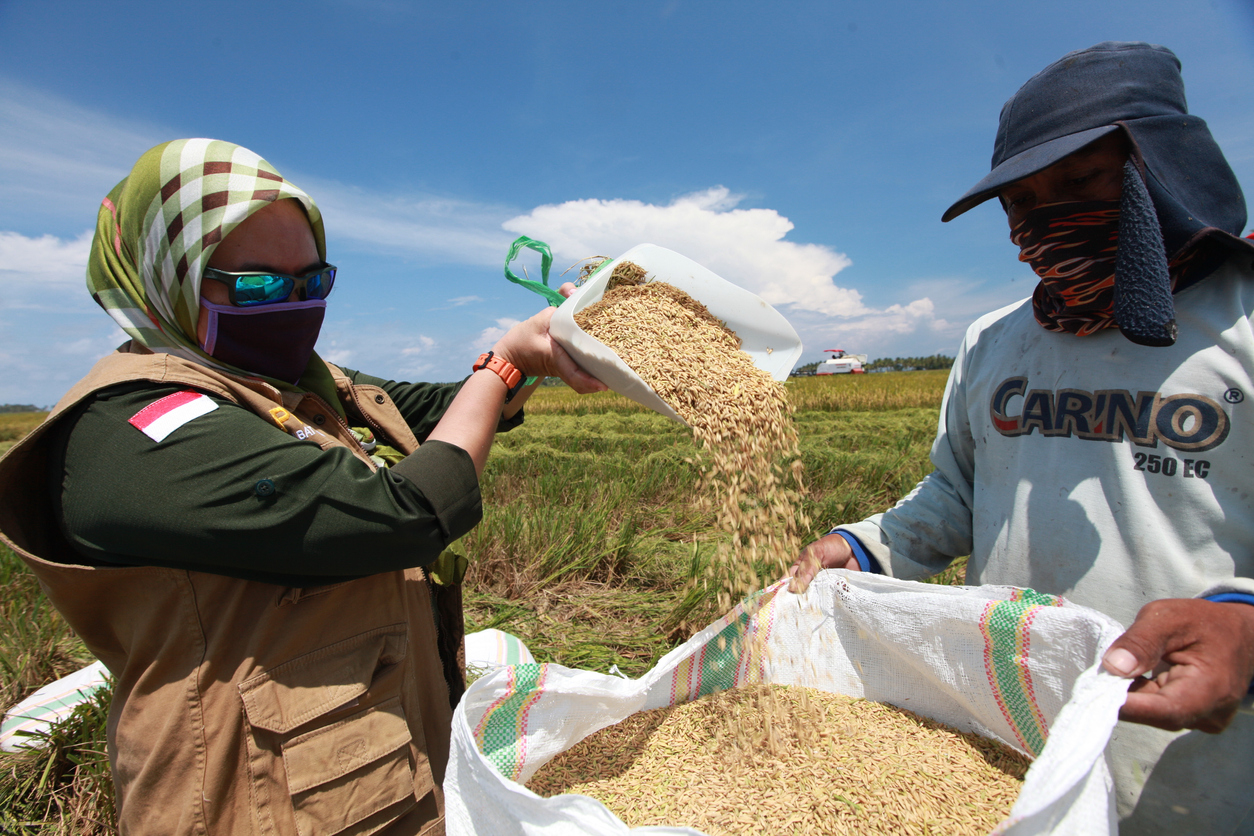 Latino farmworkers living in rural communities are experiencing some of the most devastating effects of the coronavirus pandemic. These laborers are experiencing high rates of COVID-19 infections. Their access to medical care, which was limited even before the virus, has only worsened during the pandemic. On top of everything else, farmworkers are also having to battle against poor workplace treatment. (8/26/20)
Latino farmworkers living in rural communities are experiencing some of the most devastating effects of the coronavirus pandemic. These laborers are experiencing high rates of COVID-19 infections. Their access to medical care, which was limited even before the virus, has only worsened during the pandemic. On top of everything else, farmworkers are also having to battle against poor workplace treatment. (8/26/20)
MORE: CORONAVIRUS AND farmworkers!
How Coronavirus Is Crippling Rural Health Care, Especially for Latinos
The coronavirus pandemic is weakening the already-fragile rural health care safety net, and endangering health of rural residents, according to public health experts at the National Rural Health Association. (3/20/20)
MORE: CORONAVIRUS AND RURAL AREAS!
How the Pandemic Child Hunger Prevention Act Could Help All U.S. Students Get Free Meals
 While the COVID-19 pandemic is making it harder for Latino and other families to get enough food to feed their families— called food insecurity—the new Pandemic Child Hunger Prevention Act could be a big help. The legislation, introduced in the U.S. House of Representatives on July 30, would make all students eligible for free school lunch and breakfast during the 2020-2021 school year. Free school meals will be available to students during remote learning through “grab and go” or meal delivery. (8/3/20)
While the COVID-19 pandemic is making it harder for Latino and other families to get enough food to feed their families— called food insecurity—the new Pandemic Child Hunger Prevention Act could be a big help. The legislation, introduced in the U.S. House of Representatives on July 30, would make all students eligible for free school lunch and breakfast during the 2020-2021 school year. Free school meals will be available to students during remote learning through “grab and go” or meal delivery. (8/3/20)
MORE: CORONAVIRUS AND schools meals!
New York City’s Fight Against Food Insecurity amid COVID-19
New York City is combating more than just the immediate impacts of the COVID-19’s pandemic. Last week, numerous city officials announced new government programs to assist residents with food insecurity. With the help of his Taskforce on Racial Inclusion & Equity, the program will be aimed at those who are suffering some of the worst impacts: People of color. (8/21/20)
MORE: CORONAVIRUS AND NYC fOOD iNSECURITY!
Gracias to the Latina Nursing Student Who Invented Hand Sanitizer
 In 1966, nursing student, Lupe Hernandez, realized alcohol in gel form could be an effective way to clean hands when soap and water weren’t available. So she called an inventions hotline to learn about patenting hand sanitizer. (3/20/20)
In 1966, nursing student, Lupe Hernandez, realized alcohol in gel form could be an effective way to clean hands when soap and water weren’t available. So she called an inventions hotline to learn about patenting hand sanitizer. (3/20/20)
MORE: CORONAVIRUS AND hand sanitizer!
Is Your Hand Sanitizer Fighting COVID-19 or is it Toxic?
Using hand sanitizer is a popular way to keep your hands clean and avoid coronavirus. Companies throughout the world have ramped up production of these kinds of items to meet the demands of consumers reacting to the wide sweeping nature of this pandemic. Still, not every company has the best intentions. (9/3/20)
MORE: CORONAVIRUS AND hand sanitizer!
Christina Duarte: Creating Virtual Health Classes to Fight the Pandemic in Laredo, Texas
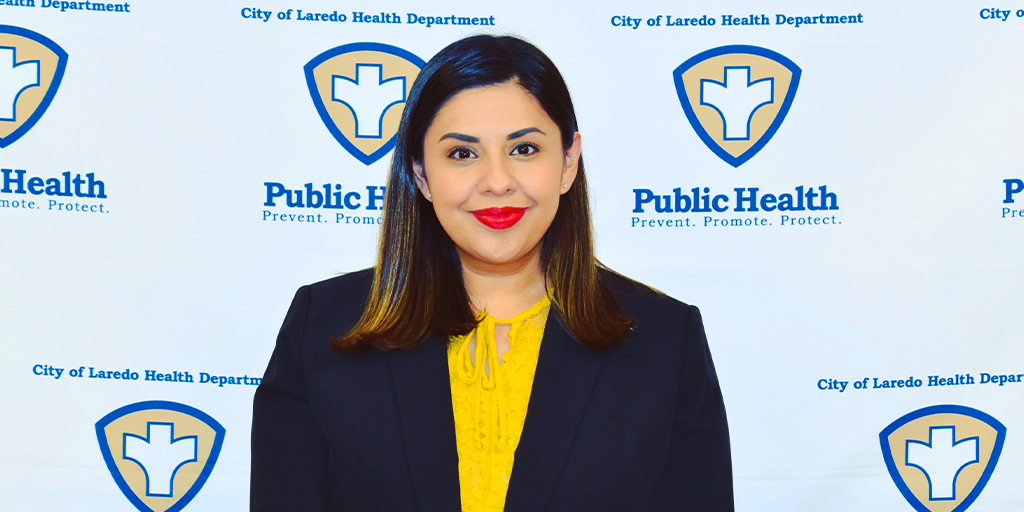
When the coronavirus pandemic struck, Christina Duarte of the Laredo Health Department in Texas immediately looked for ways to help her community, which struggled with disparities in COVID-19 case and death rates. So Duarte shifted the city’s in-person health classes to a virtual platform to help those at home during the height of the coronavirus quarantine. (11/19/20)
MORE: CORONAVIRUS AND VIRTUAL HEALTH CLASSES!
President-Elect Biden Adds Latinos to COVID-19 Taskforce
Since the start of coronavirus’ spread throughout the country, Latinos have lacked the resources to battle against widespread rates of infection, death. Soon, that community will have a voice on President-Elect Joe Biden’s recently announced COVID-19 Taskforce, which includes two Latinos — Dr. Luciana Borio, former assistant FDA commissioner, and Dr. Robert Rodriguez, a professor of emergency medicine at UCSF School of Medicine. (11/13/20)
MORE: CORONAVIRUS AND BIDEN’S TASK FORCE!
How the Coronavirus is Quietly Killing Off Latino Workers
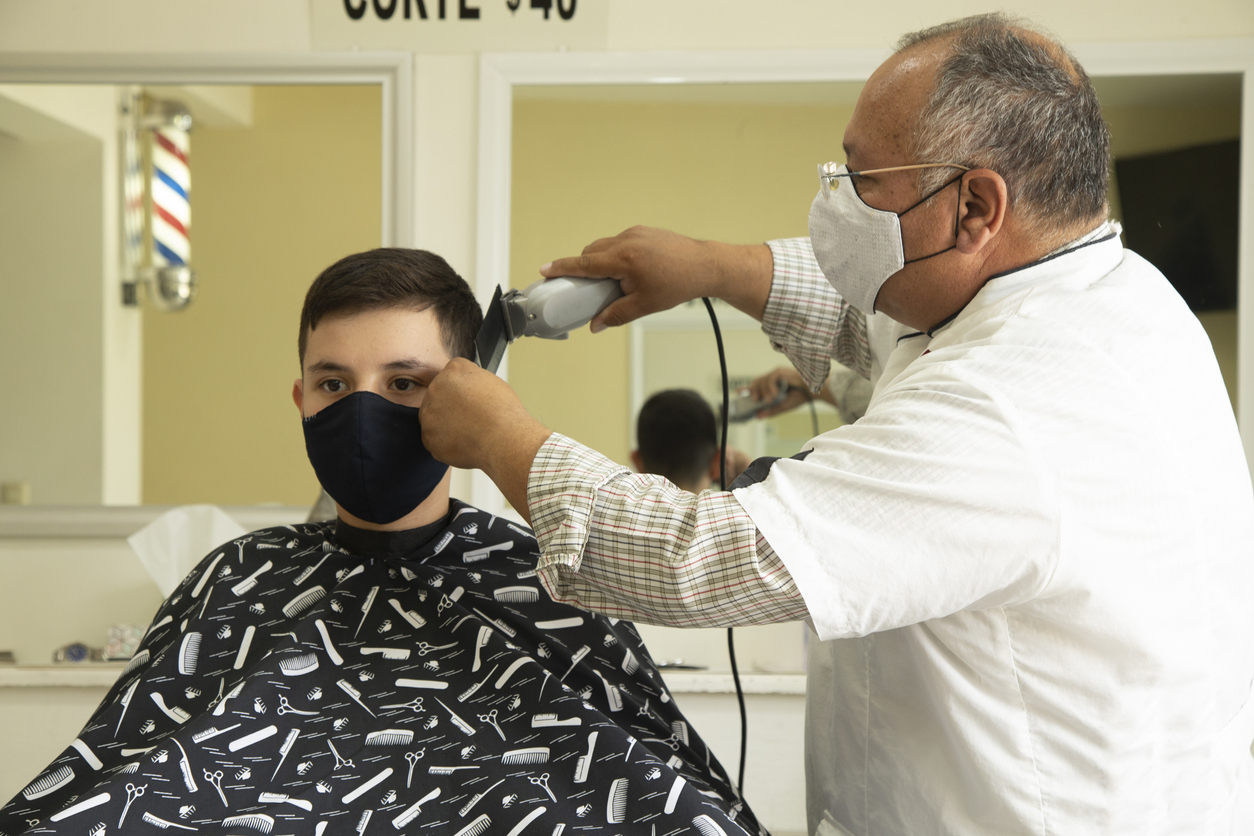 Latinos and other people of color who face the toughest social and health inequities are also experiencing the hardest coronavirus impacts and outcomes across the nation. This is true in California, where the death rate among working-age Latinos has skyrocketed, according to UCLA report. (9/17/20)
Latinos and other people of color who face the toughest social and health inequities are also experiencing the hardest coronavirus impacts and outcomes across the nation. This is true in California, where the death rate among working-age Latinos has skyrocketed, according to UCLA report. (9/17/20)
MORE: CORONAVIRUS AND LATINO WORKERS!
2020 Traffic Death Rates Have Gone Up
Although people have been driving less since the COVID-19 pandemic began, the traffic death rate has gone up. Technically, absolute traffic deaths have decreased. But when you factor in the drop in vehicle miles traveled, people are being killed on our roads at a higher rate. Experts blame higher travel speeds due to emptier roads. (9/11/20)
MORE: CORONAVIRUS AND TRAFFIC DEATHS!
COVID-19 Is Causing Money Trouble for Half of Families in Major Cities
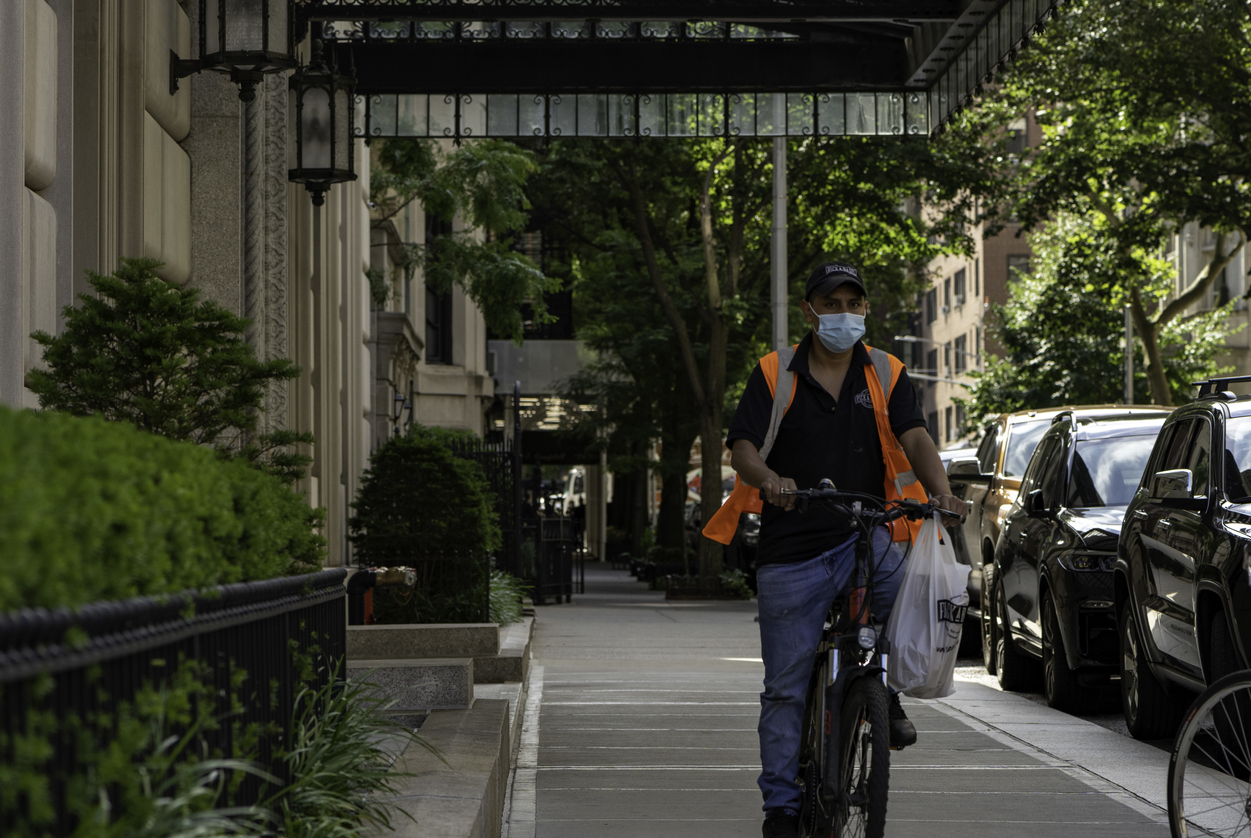 In fact, half of households are experiencing monetary problems amid the COVID-19 outbreak in the nation’s four largest cities, all of which have large Latino populations—New York City (29.1% Latino), Los Angeles (48.6%), Chicago (29%), and Houston (44.8%). (9/10/20)
In fact, half of households are experiencing monetary problems amid the COVID-19 outbreak in the nation’s four largest cities, all of which have large Latino populations—New York City (29.1% Latino), Los Angeles (48.6%), Chicago (29%), and Houston (44.8%). (9/10/20)
MORE: CORONAVIRUS AND FINANCES!
How Do People of Color Feel about the Social Determinants of Health?
People of color, who face COVID-19 disparities as the virus worsens systemic social and economic inequities, are increasingly worried about holistic health. More Black and Latino Texans believe that the areas of life not typically associated with medical care—housing, education, racism, and other social determinants—directly impact their overall health than their white peers, according to a recently survey. (9/16/20)
MORE: CORONAVIRUS AND SOCIAL DETERMINANTS!
Back to School: COVID-19 and Education
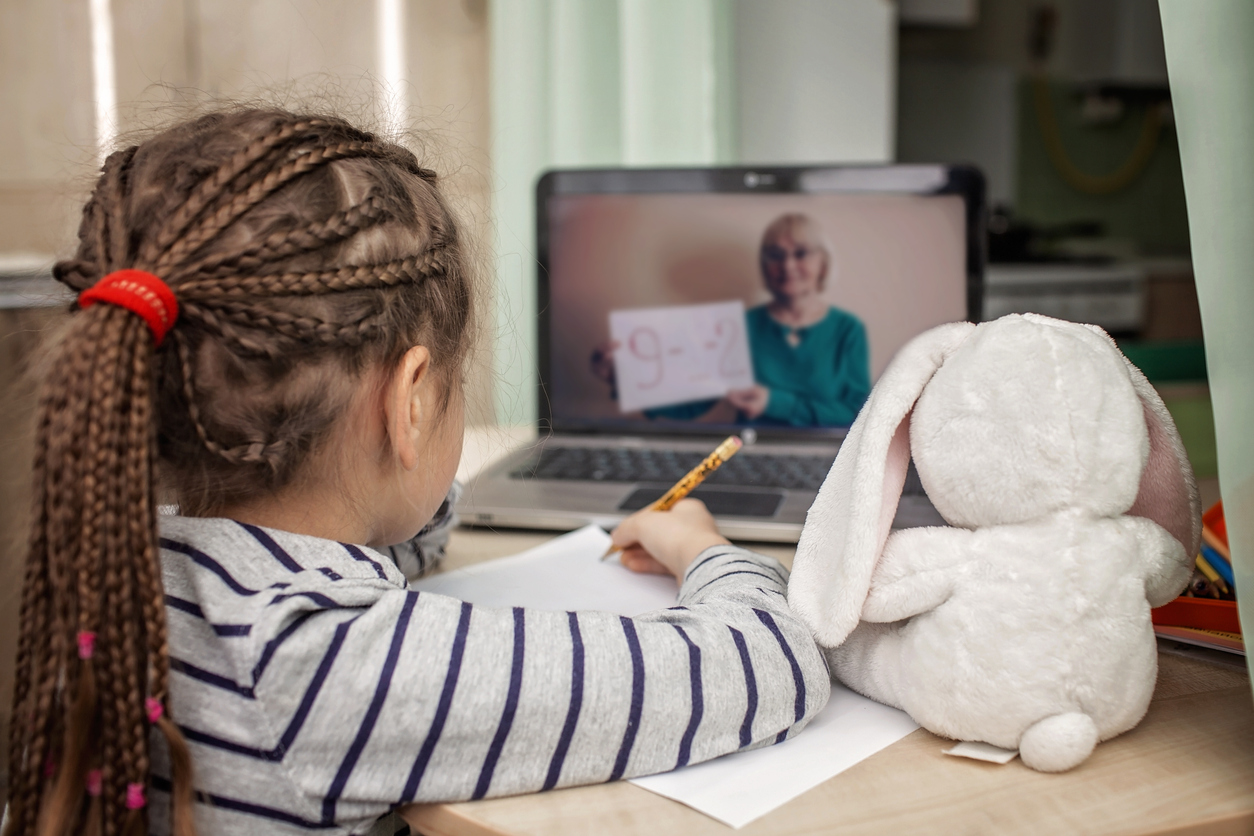 Some school districts have chosen to adhere to stricter guidelines through remote learning, while others are implementing in-person teaching with specific safety protocols, and others a hybrid of virtual and in-person. Whatever type of learning, the bottom line is that COVID-19 has not gone away. (9/2/20)
Some school districts have chosen to adhere to stricter guidelines through remote learning, while others are implementing in-person teaching with specific safety protocols, and others a hybrid of virtual and in-person. Whatever type of learning, the bottom line is that COVID-19 has not gone away. (9/2/20)
MORE: CORONAVIRUS AND SCHOOL REOPENINGS!
As Schools Reopen, Latino Students Face COVID-19 Health Inequities
What’s not up for debate is the fact that Latinos and other people of color are facing the brunt of COVID-19‘s severe direct and indirect impacts. Coronavirus significantly affects Latino children, as they comprise 44.7% of COVID-19 deaths among those ages 0-24. (9/9/20)
MORE: CORONAVIRUS AND SCHOOL REOPENINGS!
Texas’ Digital Divide and its Impact Latino Students
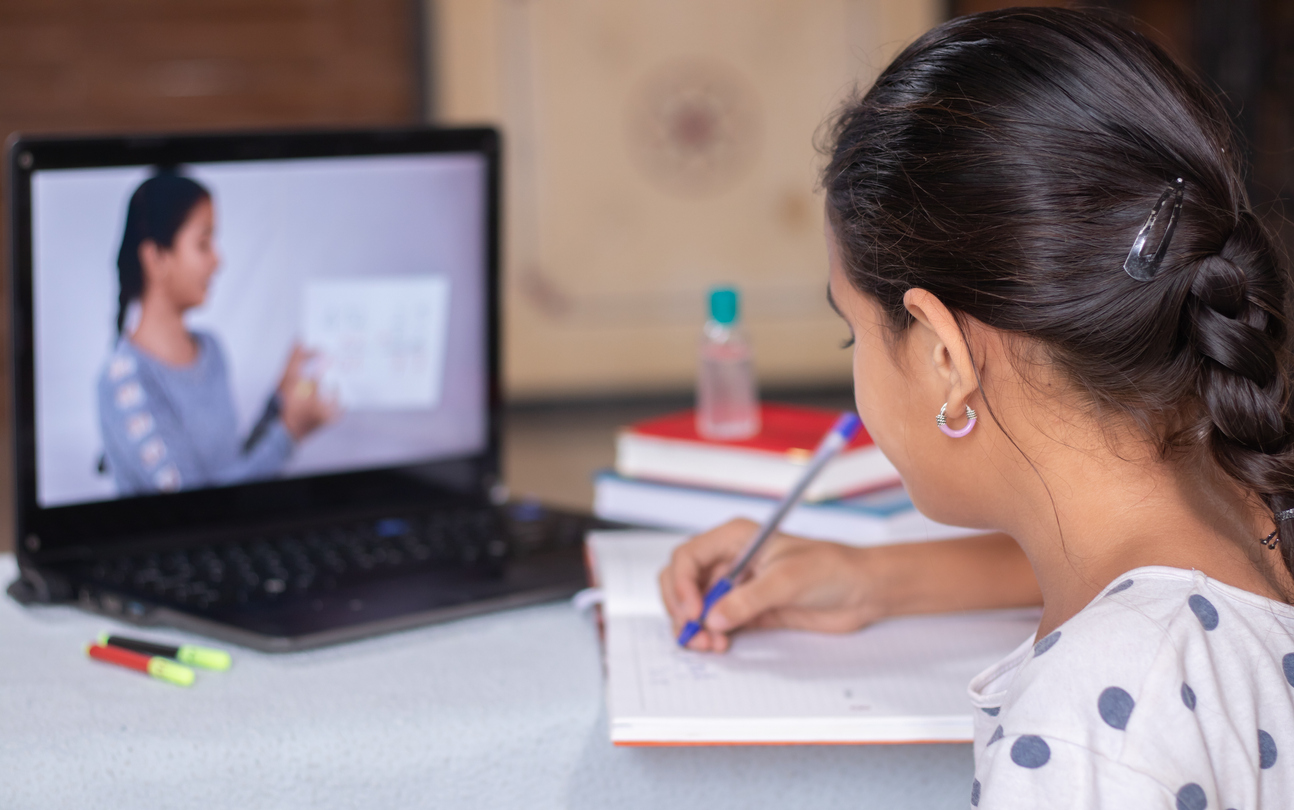 As educators rely on web-based teaching more each day, the students who lack sufficient internet access face significant hardship. In Texas, 1.8 million K-12 public school students, many of whom come from disadvantaged groups, including Latinos, find themselves among those struggling to learn. (9/24/20)
As educators rely on web-based teaching more each day, the students who lack sufficient internet access face significant hardship. In Texas, 1.8 million K-12 public school students, many of whom come from disadvantaged groups, including Latinos, find themselves among those struggling to learn. (9/24/20)
MORE: CORONAVIRUS AND TEXAS SCHOOLS!
Latino Teens: Distance Learning Is a Giant Stressor amid Coronavirus
Latino teens are more worried than their peers that they won’t be able to keep up with school work or extracurricular activities amid coronavirus, says a new survey by Common Sense and SurveyMonkey. 70% of Latino teens fear falling behind in homework. How “real” is this teen angst? (4/13/20)
MORE: CORONAVIRUS AND LATINO TEENS!
Jordana Barton: Helping Close the Digital Divide Amid COVID-19
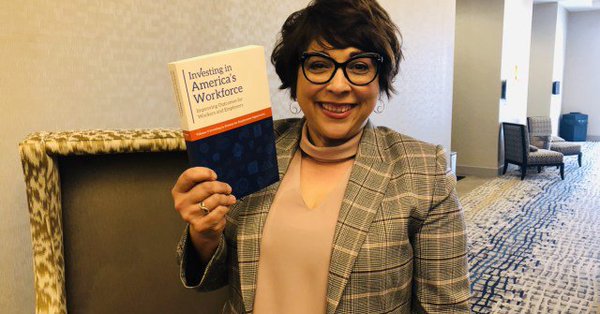
The coronavirus (COVID-19) outbreak is surging across the U.S., and the American death toll has eclipsed 130,000. Worse, this crisis is widening the gap experienced by households without internet access — a long-festering problem that has made unequal educational opportunities even more unbalanced, said Jordana Barton, a senior advisor in community development at the Federal Reserve Bank of Dallas. (7/3/20)
MORE: CORONAVIRUS AND STREET VENDORS!
This Latina Wants Leaders to Prioritize Childcare When Reopening after Lockdown
Without childcare, going back to work after the coronavirus lockdown is not an option for many families. But many city and state leaders are overlooking this childcare dilemma as they push to reopen businesses, even while schools remain closed amid the pandemic. That’s why Melinda Lopez is speaking up (5/18/20)
MORE: CORONAVIRUS AND LATINO TEENS!
7 Reasons Not Everyone Can Hop on a Telehealth Video Call
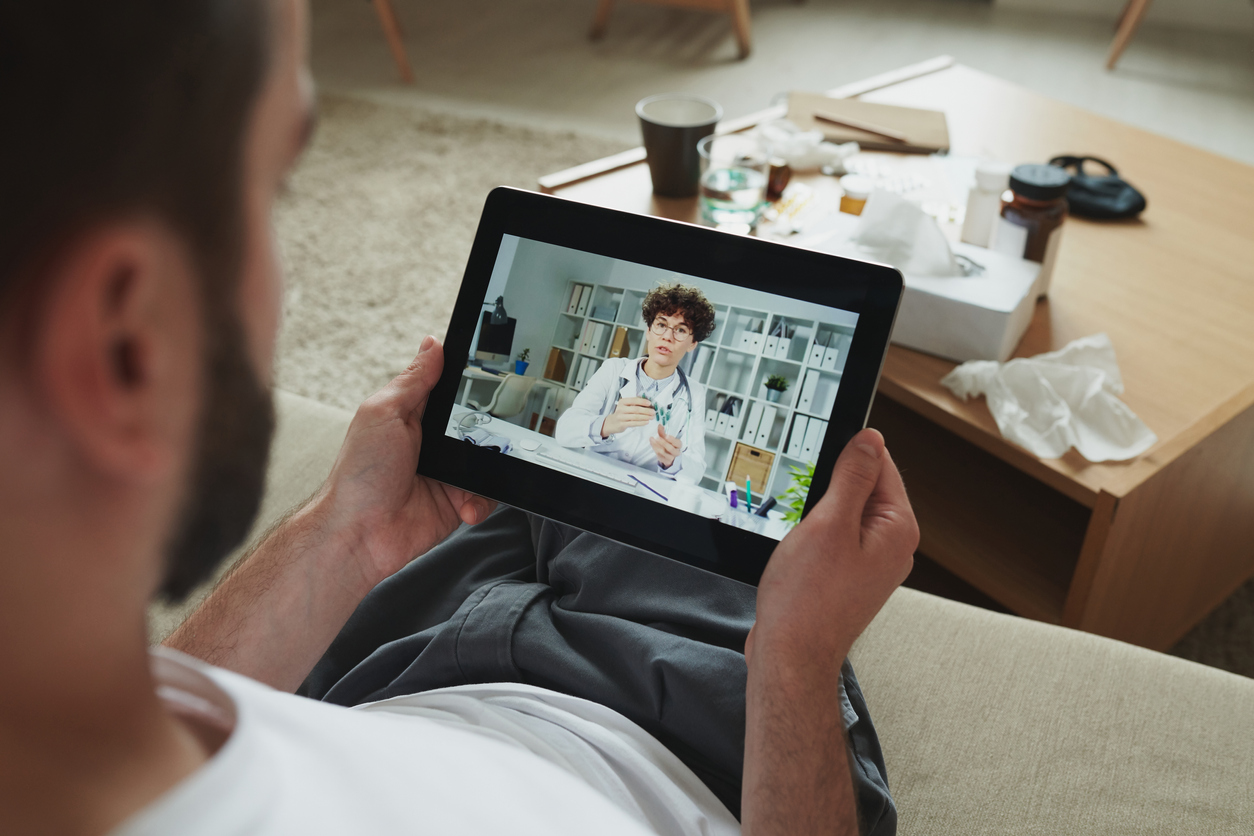 Unfortunately, not everyone can just hop on a telehealth video call. Many Latinos and other vulnerable populations—older people, people experiencing domestic violence, and families with low income—face insurance, language, health literacy, digital literacy, and digital access barriers to telehealth services. (6/23/20)
Unfortunately, not everyone can just hop on a telehealth video call. Many Latinos and other vulnerable populations—older people, people experiencing domestic violence, and families with low income—face insurance, language, health literacy, digital literacy, and digital access barriers to telehealth services. (6/23/20)
MORE: CORONAVIRUS AND TELEHEALTH!
Telehealth for Latinos in the Age of Covid-19
As shelter-in-place orders swept the U.S. during the coronavirus pandemic, healthcare providers’ implementation of telehealth expanded rapidly. (6/19/20)
MORE: CORONAVIRUS AND TELEHEALTH!
Census Bureau Is Pushing Forward Despite Coronavirus Chaos
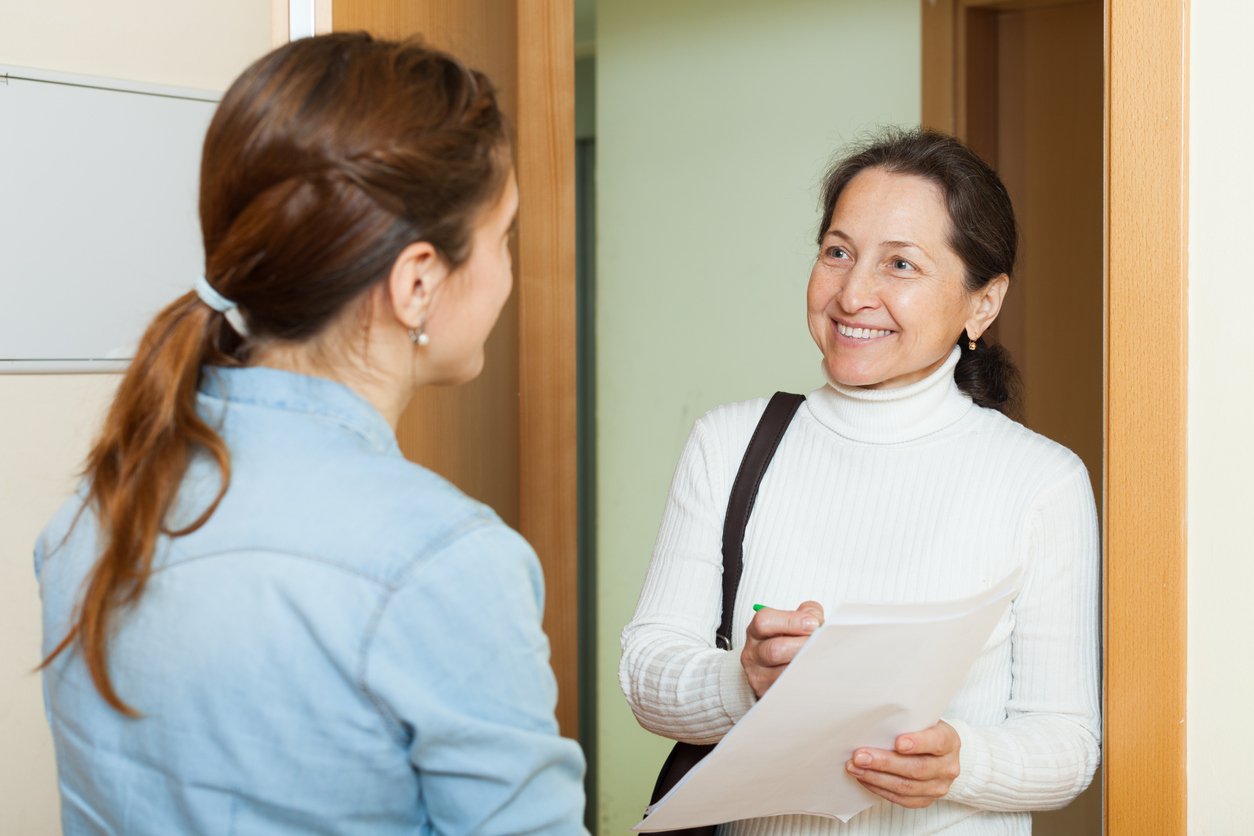 While the outbreak of the COVID-19 outbreak has impacted the U.S. Census Bureau’s work, the agency is pushing forward to garner as many completed surveys as possible. (6/24/20)
While the outbreak of the COVID-19 outbreak has impacted the U.S. Census Bureau’s work, the agency is pushing forward to garner as many completed surveys as possible. (6/24/20)
MORE: CORONAVIRUS AND CENSUS PLANS!
14 Things Latinos Should Know About the 2020 Census
How important is the 2020 Census? Well, the results will determine political power, representation in Congress, and funding for schools, hospitals, roads, and social services in your community for the next 10 years. The bureau has extended data collection amid COVID-19. (Update: 7/7/20)
MORE: CORONAVIRUS AND THE CENSUS!
Latinos Face Homelessness Spike Without Congress COVID-19 Relief Bill
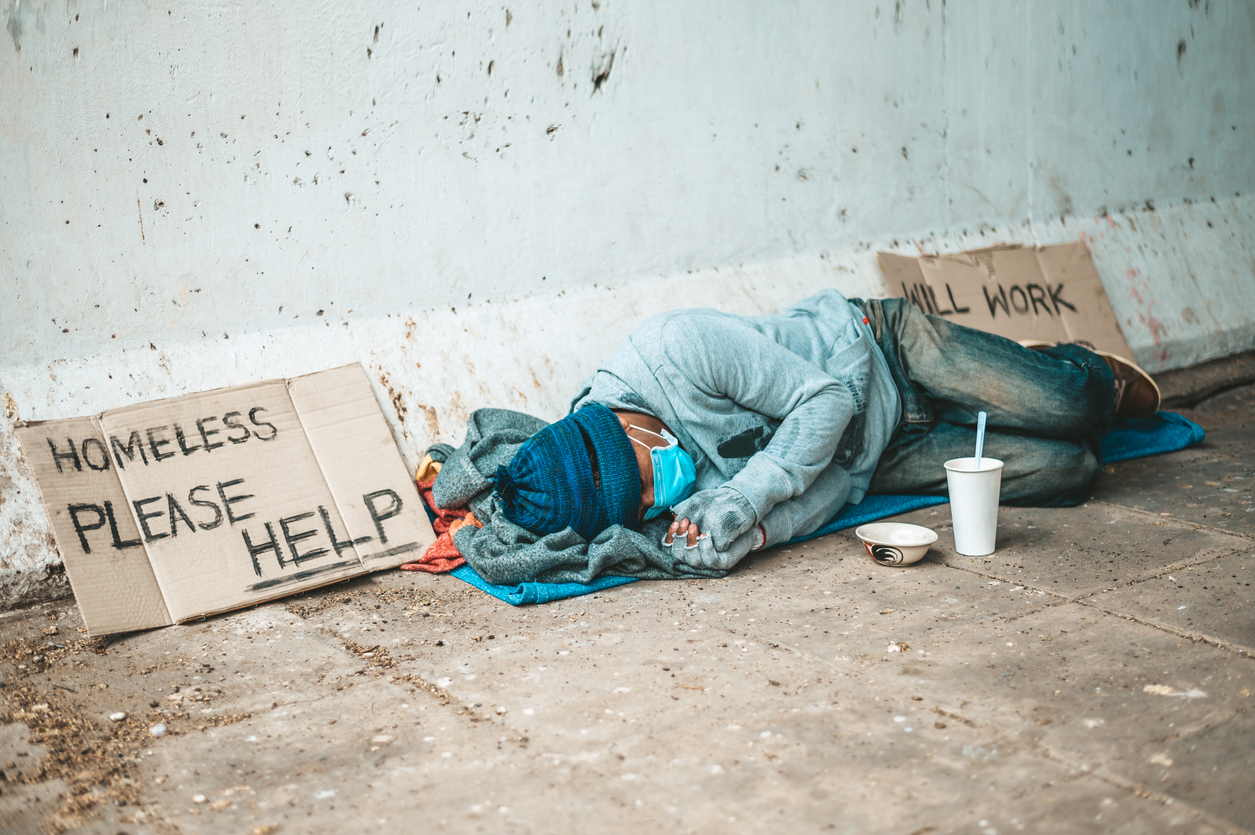 Latino and Black people will suffer significant financial problems that could lead to an increase in homelessness if U.S. leaders fail to pass a COVID-19 relief bill this week, experts say. Congress passed the $900 Billion pandemic relief bill, narrowly avoiding a government shutdown. (Update: 12/20/20)
Latino and Black people will suffer significant financial problems that could lead to an increase in homelessness if U.S. leaders fail to pass a COVID-19 relief bill this week, experts say. Congress passed the $900 Billion pandemic relief bill, narrowly avoiding a government shutdown. (Update: 12/20/20)
Latinos Keep Getting Left Out of Coronavirus Relief Packages
The recently passed $484 billion coronavirus-related stimulus package will give millions of Americans and U.S. businesses with economic relief, in combination with past relief legislation. But disadvantaged groups—such as Latinos—aren’t receiving an equitable share. (4/30/20)
MORE: CORONAVIRUS AND STIMULUS!
Undocumented Residents Left Out of Stimulus Aide
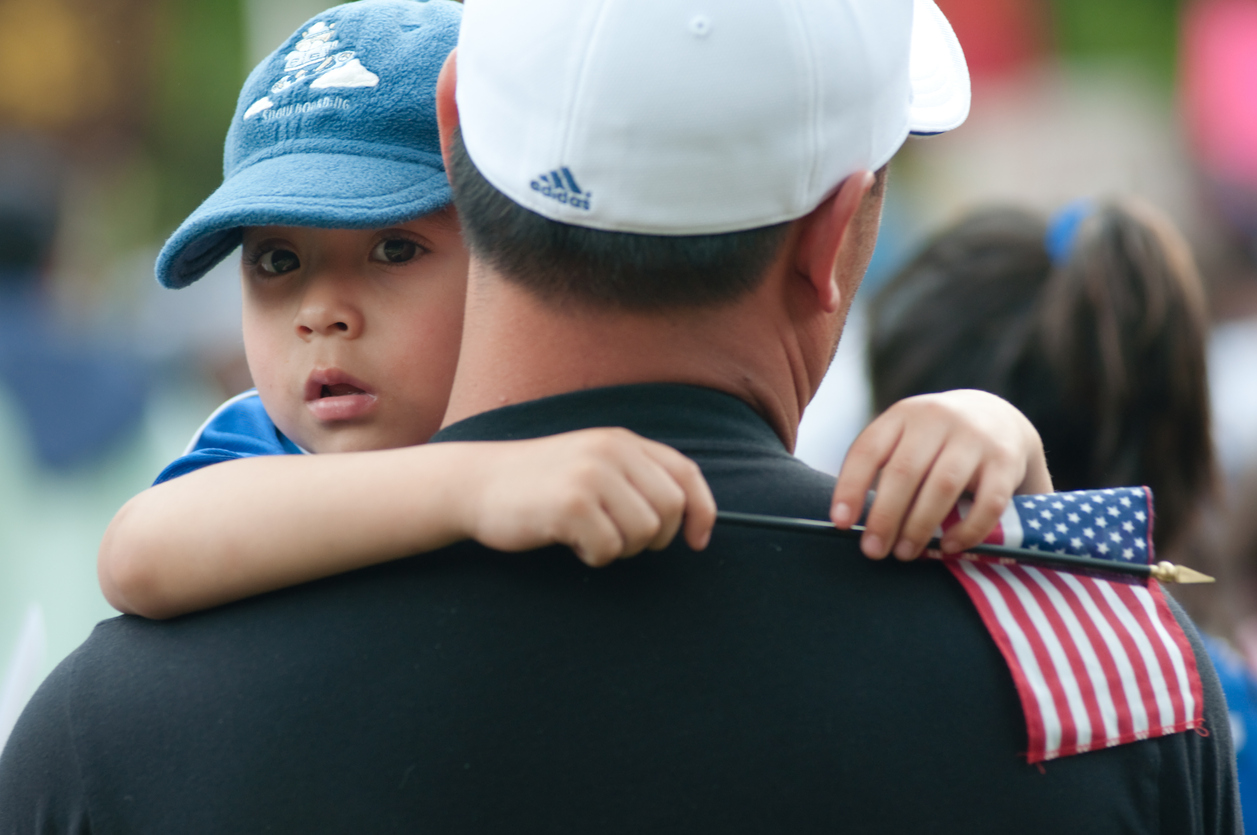 Millions of unauthorized, taxpaying immigrants will not receive any financial support from the U.S. government through its recent stimulus package. With discussions of another relief package in full swing, activists, civic leaders say that immigrants and their families deserve much-needed relief. (5/7/20)
Millions of unauthorized, taxpaying immigrants will not receive any financial support from the U.S. government through its recent stimulus package. With discussions of another relief package in full swing, activists, civic leaders say that immigrants and their families deserve much-needed relief. (5/7/20)
MORE: CORONAVIRUS AND IMMIGRANT RELIEF!
CDC: 55% of U.S. Coronavirus Cases Are Latino, Black
Latinos and Blacks together comprise 55% of coronavirus cases, nearly double their U.S. population makeup, according to new CDC data. The data reinforce the disparate impact of COVID-19 on Latinos amid worsening historical inequities. (6/16/20)
MORE: CORONAVIRUS AND CASE RATES!
Cancer Patients with COVID-19 at Higher Risk of Death (for Unexpected Reasons)
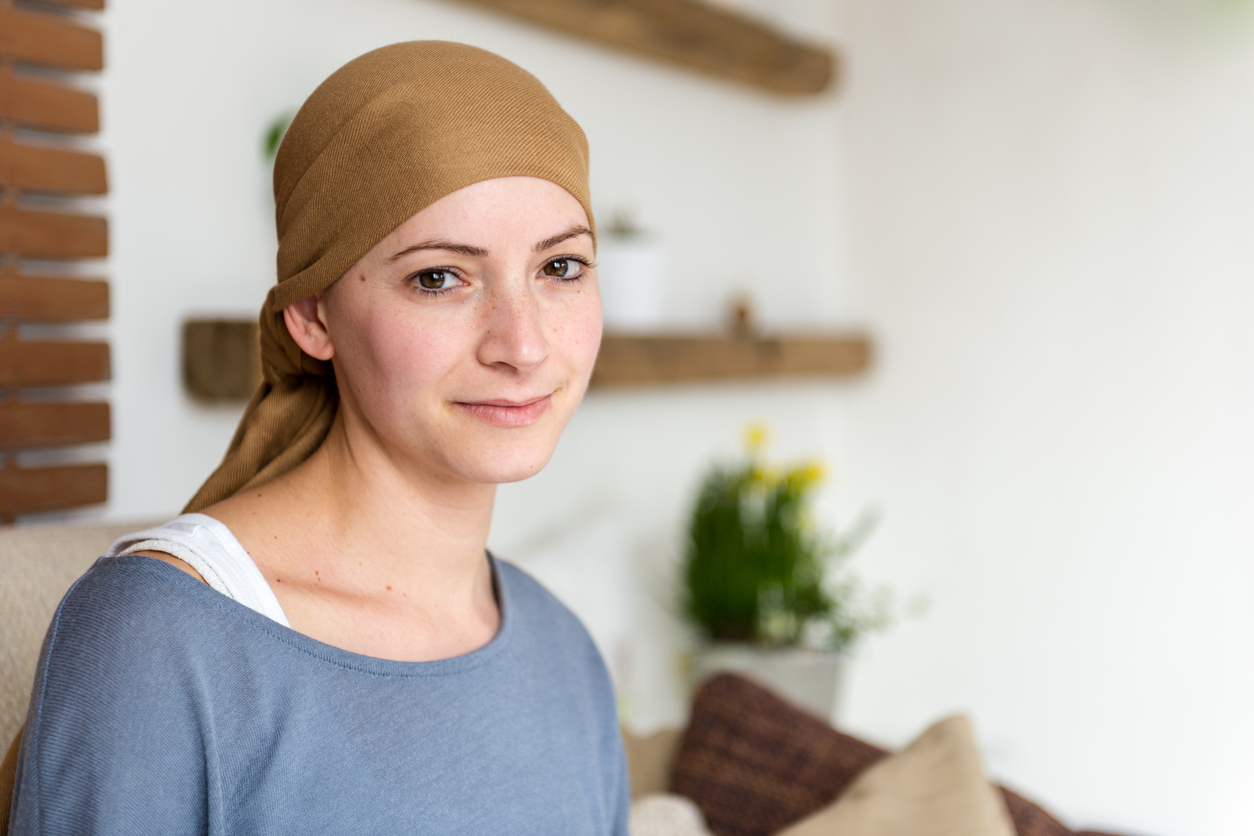 Cancer patients who get COVID-19 have a 13% risk of dying, higher than the 6% death rate of coronavirus in the general population, according to a new study. But the reasons for bigger risk aren’t what researchers expected. What does this mean for screening and treatment? (6/2/20)
Cancer patients who get COVID-19 have a 13% risk of dying, higher than the 6% death rate of coronavirus in the general population, according to a new study. But the reasons for bigger risk aren’t what researchers expected. What does this mean for screening and treatment? (6/2/20)
MORE: CORONAVIRUS risk AND CANCER!
What Cancer Patients Need to Know about COVID-19
Cancer patients are at higher risk for the new coronavirus COVID-19, as well as more severe outcomes of the diseases, than those without cancer, health experts say. What does this mean for your cancer journey? (3/24/20)
Study: People with Liver Diseases Suffer Higher COVID-19 Risk
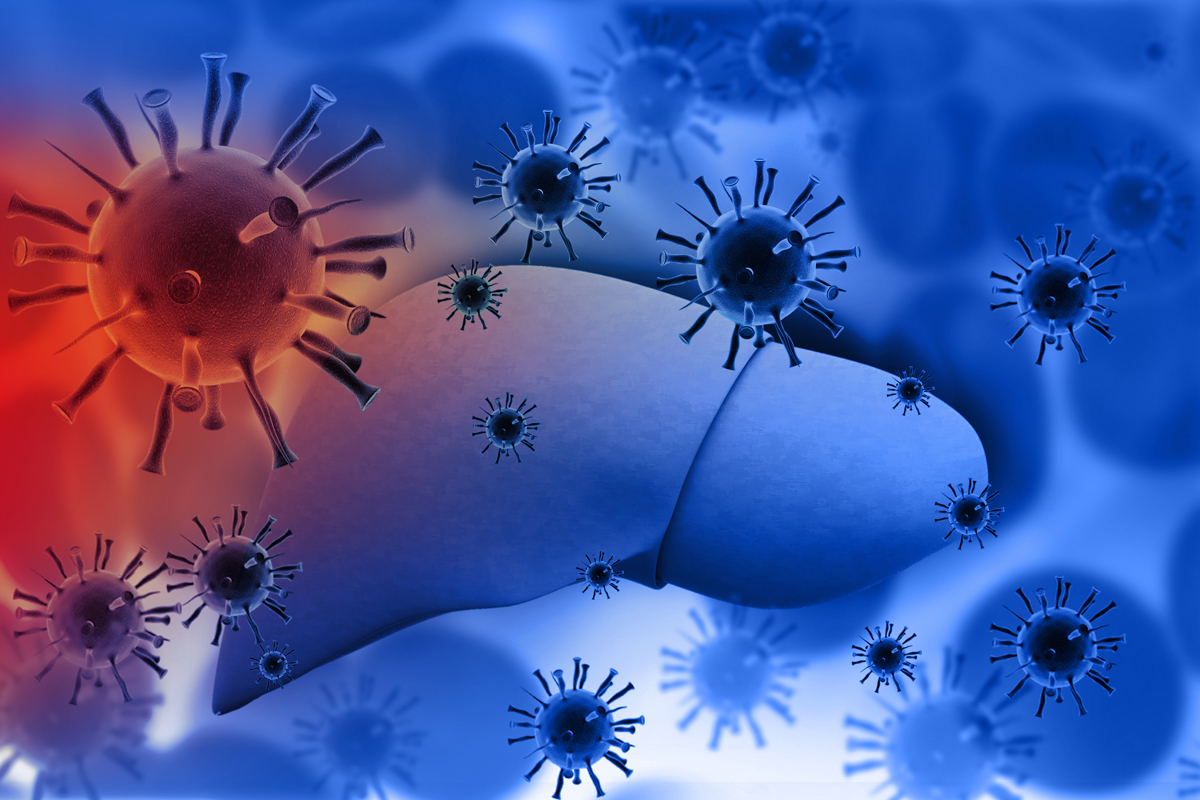 Chronic liver disease can wreak havoc on the body, especially when there is a viral illness spreading worldwide. People suffering from Non-alcoholic Fatty Liver Disease (NAFLD) are roughly three times as likely to die from coronavirus than those who did not suffer from any liver disease, according to a recent study. (Update: 2/5/21)
Chronic liver disease can wreak havoc on the body, especially when there is a viral illness spreading worldwide. People suffering from Non-alcoholic Fatty Liver Disease (NAFLD) are roughly three times as likely to die from coronavirus than those who did not suffer from any liver disease, according to a recent study. (Update: 2/5/21)
MORE: CORONAVIRUS AND LIVER DISEASE!
Coronavirus Poses Added Risk For Adults With Alzheimer’s Disease
Recent data suggests that older adults are the most vulnerable to the worst effects of the coronavirus outbreak. Older people and people with severe chronic conditions—such as dementia—should take special precautions because they are at higher risk of developing severe COVID-19 illness. (Update: 7/22/20)
MORE: CORONAVIRUS AND DEMENTIA!
Study: 1 in 10 Hospitalized COVID-19 Patients with Diabetes Die Within a Week
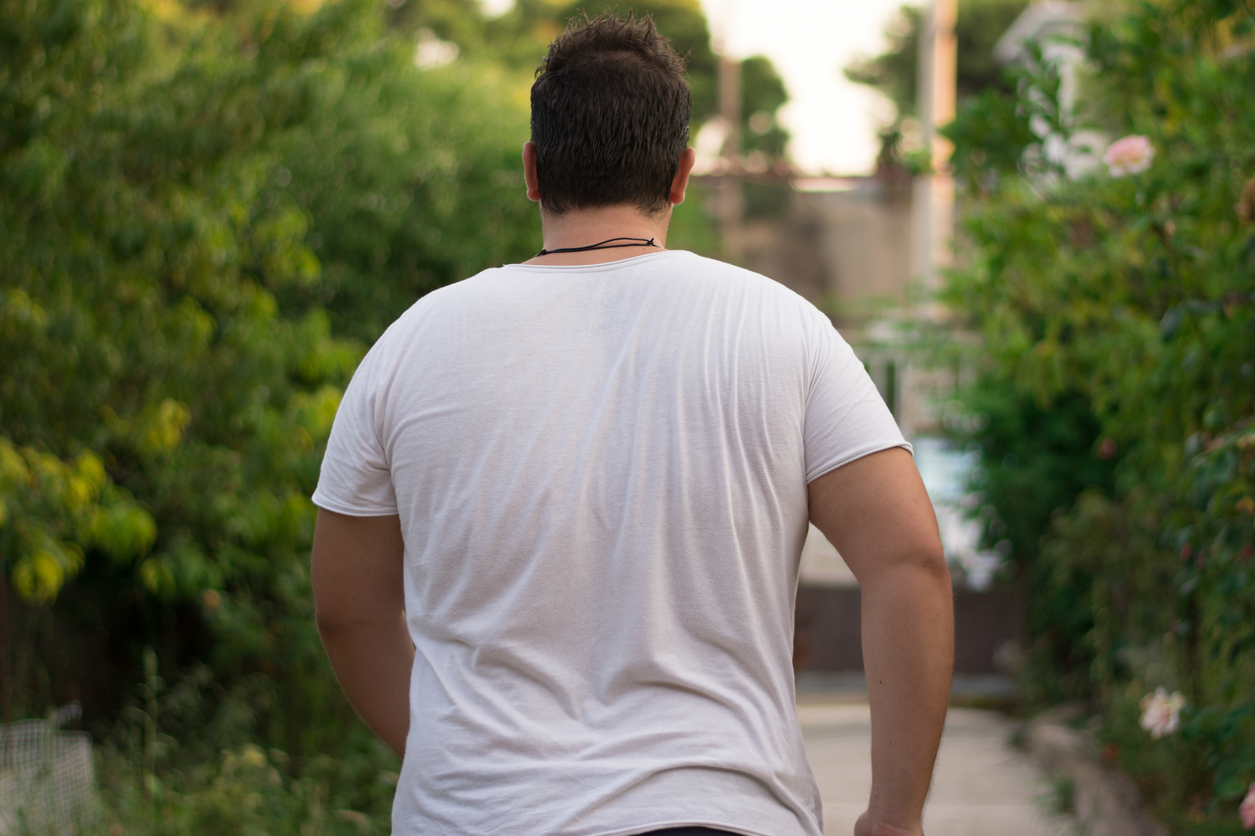 New data show that 10% of COVID-19 patients with diabetes die within one week of being hospitalized, according to a French study. Most hospitalizations are men and older adults (average age 69.8). The study also found that body mass index (BMI) was independently associated with death or intubation at 7 days. (6/5/20)
New data show that 10% of COVID-19 patients with diabetes die within one week of being hospitalized, according to a French study. Most hospitalizations are men and older adults (average age 69.8). The study also found that body mass index (BMI) was independently associated with death or intubation at 7 days. (6/5/20)
MORE: CORONAVIRUS AND HOSPITALIZATION!
Obesity May Lead to Severe Coronavirus Disease, Among Younger Patients
Obesity may be one of the most important predictors of severe coronavirus illness among young patients, new data from the NYU School of Medicine suggests. (4/27/20)
MORE: CORONAVIRUS AND OBESITY!
Latina Starts Community to Make Face Masks Para Todos (For All) amid COVID-19
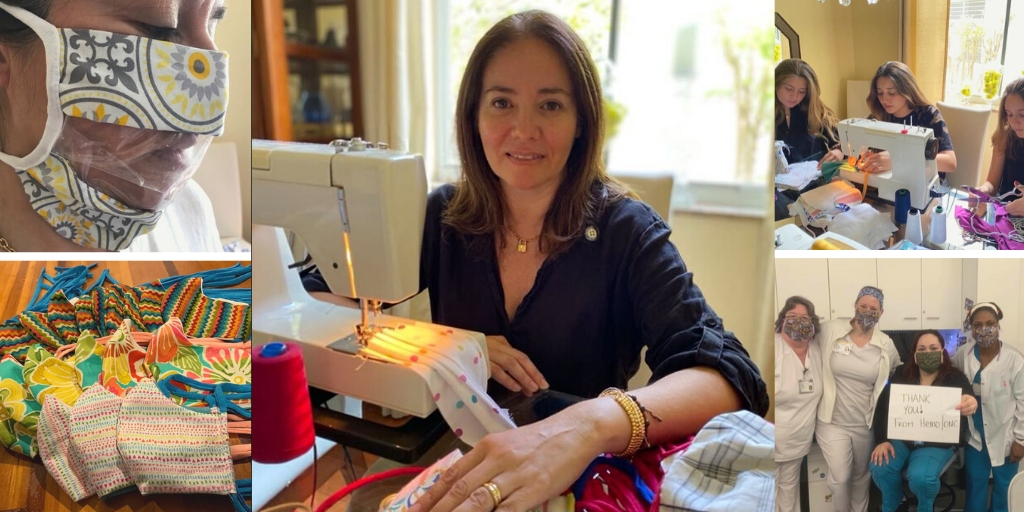 Maria Pia Sanchez worked with a few friends to sew masks to donate to front-line medical workers when the COVID-19 pandemic hit. Sanchez also created the Para Todos Mask Initiative Facebook page, which has generated a worldwide network of Chilean, Mexican, Guatemalan, Colombian, Venezuelan, and other Latino volunteers to create over 7,000 masks for those who need them most. (5/1/20)
Maria Pia Sanchez worked with a few friends to sew masks to donate to front-line medical workers when the COVID-19 pandemic hit. Sanchez also created the Para Todos Mask Initiative Facebook page, which has generated a worldwide network of Chilean, Mexican, Guatemalan, Colombian, Venezuelan, and other Latino volunteers to create over 7,000 masks for those who need them most. (5/1/20)
Our Favorite Spanish-Language Coronavirus Resources for Latinos!
Coronavirus is locking down much of the U.S., making it harder for vulnerable populations like Latinos to get information, especially those who speak Spanish. Fortunately, new resources are popping up for Spanish-language Latinos. Here are some of our favorites! (Update: 5/11/20)
MORE: CORONAVIRUS AND SPANISH RESOURCES!
Why Is Affordable Housing Important During COVID-19?
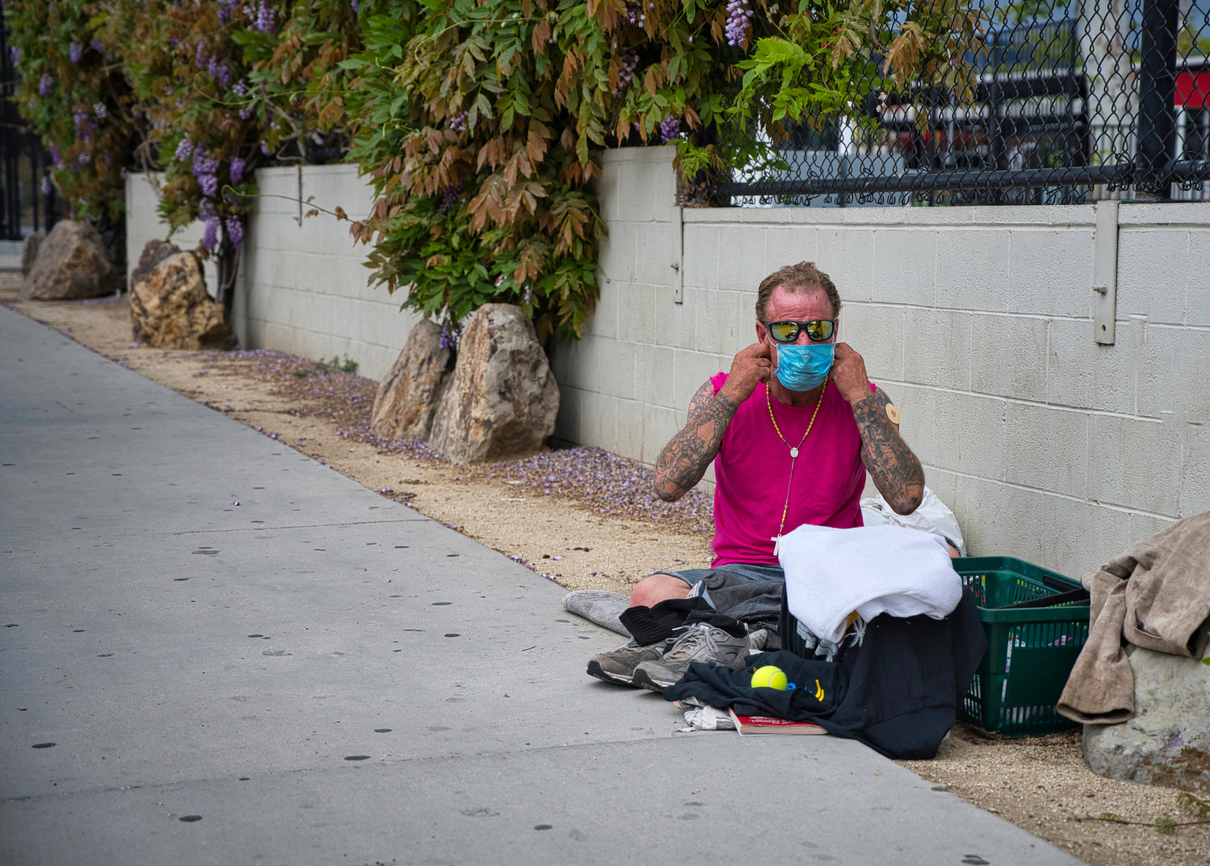 With more people losing jobs and suffering other hardships—especially those in communities of color—the question of housing will play a larger role in the overall impacts of the coronavirus pandemic. This is more of a fundamental issue than some might think. (8/7/20)
With more people losing jobs and suffering other hardships—especially those in communities of color—the question of housing will play a larger role in the overall impacts of the coronavirus pandemic. This is more of a fundamental issue than some might think. (8/7/20)
MORE: CORONAVIRUS AND HOUSING!
Coronavirus Complicates Homelessness, Which Could Rise 45%
The COVID-19 pandemic is having a devastating impact on homelessness. People who experience homelessness are transient. That makes it harder to detect, track, and prevent disease transmission, and treat those who need care. Now some experts say rising unemployment could spark a 45% rise in homelessness by the end of 2020. (5/15/20)
MORE: CORONAVIRUS AND HOMELESSNESS!
Coronavirus and its Impacts on the Affordable Housing Crisis
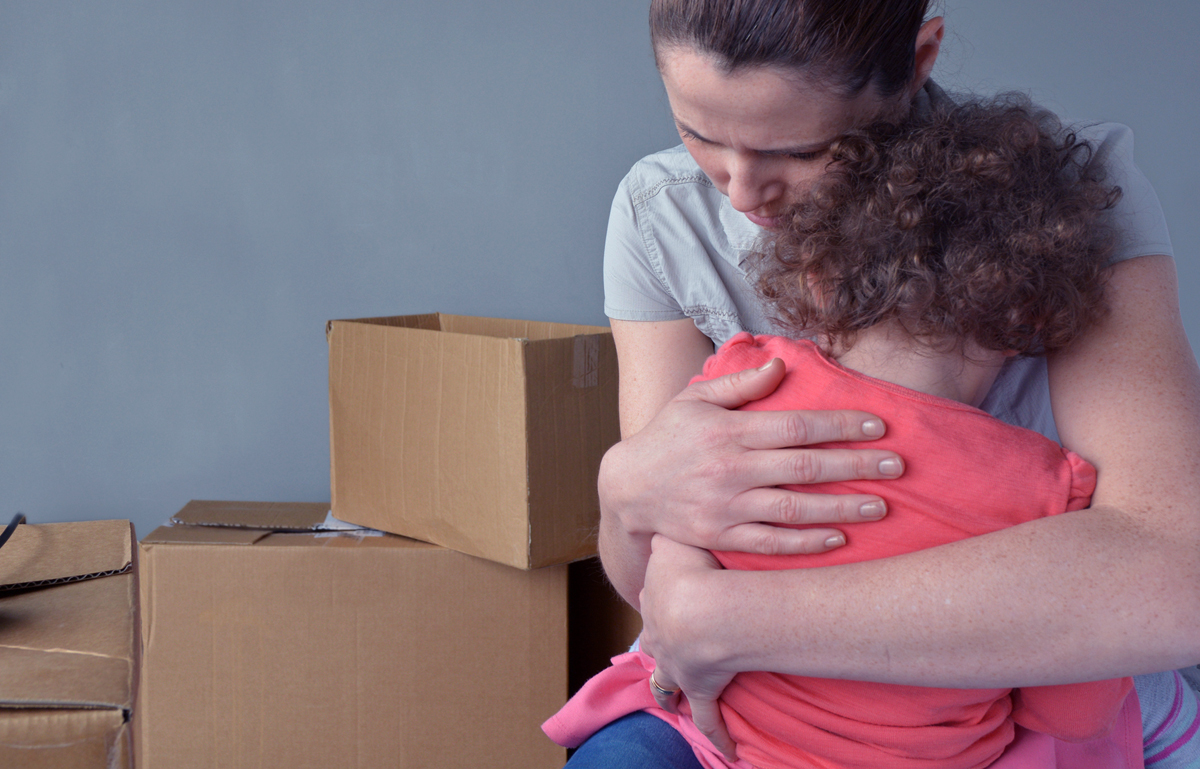 The COVID-19 pandemic is affecting health equity in many ways, including homelessness, evictions, and affordable housing options. Low-income workers, the uninsured, those with unstable housing, and immigrant communities will bear the brunt of this crisis. (3/27/20)
The COVID-19 pandemic is affecting health equity in many ways, including homelessness, evictions, and affordable housing options. Low-income workers, the uninsured, those with unstable housing, and immigrant communities will bear the brunt of this crisis. (3/27/20)
MORE: CORONAVIRUS AND HOUSING!
California Takes Action to Prevent a COVID-19 Housing Disaster
During this pandemic, millions are homeless, and their lives are falling apart. They struggle to stay healthy, to hold jobs, to preserve personal relationships, to maintain a sense of hope. Here is how California is responding, as it faces a 20% increase in homelessness. (5/29/20)
MORE: CORONAVIRUS & CALIFORNIA HOUSING!
Jason Rosenfeld: Using Healthcare Messaging to Inform His Community about Coronavirus
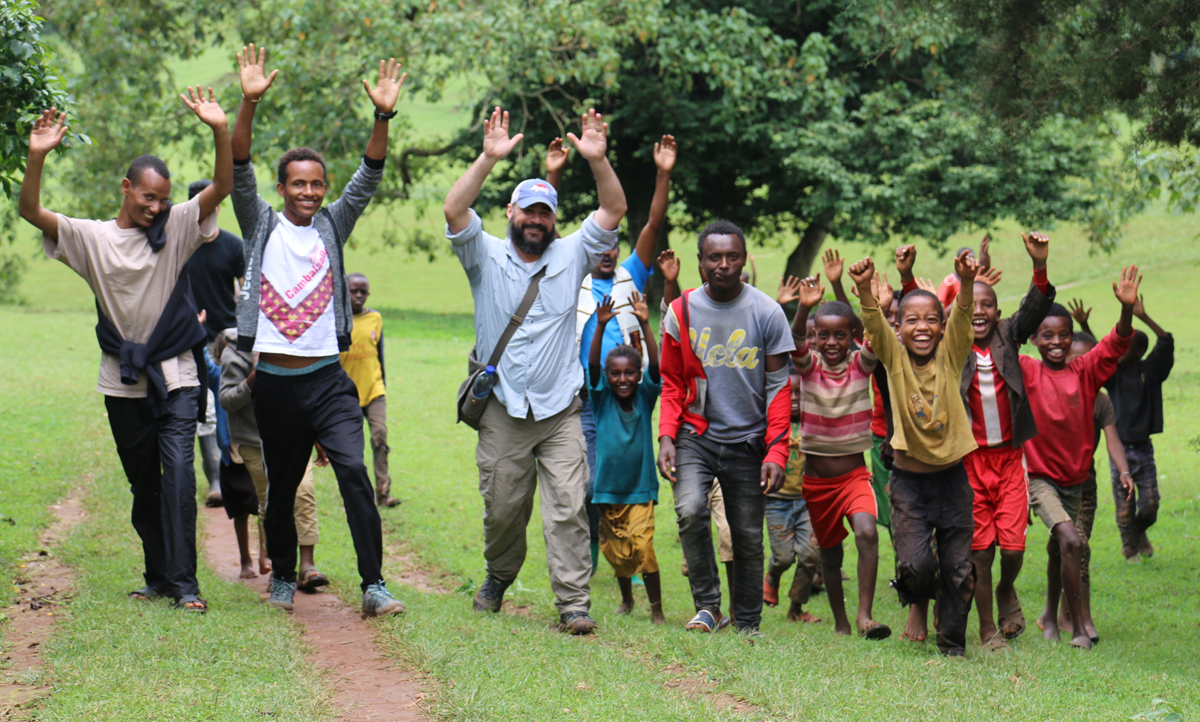 With the spread of the current novel coronavirus, COVID-19, UT Health San Antonio’s Dr. Jason Rosenfeld is using his experience improving health in Africa to help address this new danger by creating health messaging to help people understand what this illness is, how it spreads, how to stay safe, and other critical pandemic information. (5/28/20)
With the spread of the current novel coronavirus, COVID-19, UT Health San Antonio’s Dr. Jason Rosenfeld is using his experience improving health in Africa to help address this new danger by creating health messaging to help people understand what this illness is, how it spreads, how to stay safe, and other critical pandemic information. (5/28/20)
MORE: CORONAVIRUS COMMUNICATIONS IN SAN ANTONIO!
Salud Talks Podcast: Communicating COVID-19
As the COVID-19 pandemic sweeps throughout the U.S., medical experts say mixed messaging coming from political leaders in Washington has led to worse outcomes for everyday individuals and a successful stop to the spread. Today, Dr. Jason Rosenfeld, the Assistant Director of Global Health at UT Health San Antonio, joins the #SaludTalks Podcast to discuss his career in health communications, and how that experience is informing his work to disseminate knowledge about the outbreak. (5/20/20)
MORE: CORONAVIRUS COMMUNICATIONS!
Salud Talks Podcast: The New Normal
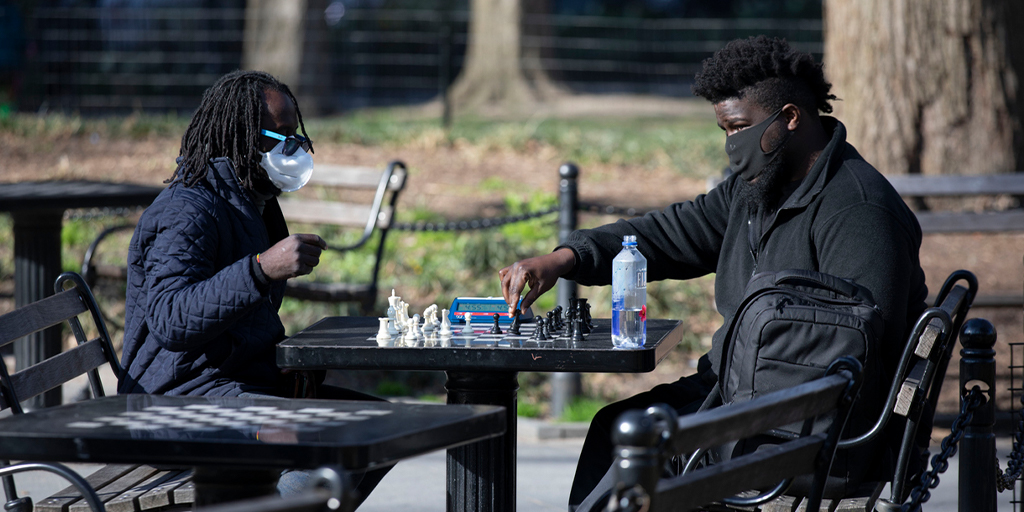 Coronavirus has impacted or influenced every facet of life — from work to relationships to society-at-large. Everyone has adapted and coped to this reality in different ways, but one truth of living during a crisis is that everyone must adjust. Salud Talks’ co-hosts and producers, Tenoch Aztecatl and Josh McCormack of Salud America! discuss this new normal, the struggles we are facing, how we have adapted, and what the experts are saying about the current state of the world. (8/12/20)
Coronavirus has impacted or influenced every facet of life — from work to relationships to society-at-large. Everyone has adapted and coped to this reality in different ways, but one truth of living during a crisis is that everyone must adjust. Salud Talks’ co-hosts and producers, Tenoch Aztecatl and Josh McCormack of Salud America! discuss this new normal, the struggles we are facing, how we have adapted, and what the experts are saying about the current state of the world. (8/12/20)
LISTEN: CORONAVIRUS AND a new normal!
Salud Talks Podcast: Mental Health and the Global Pandemic
In the time of coronavirus, one issue at the forefront of many healthcare providers’ minds is something most might not have considered being an issue before: mental health. Dr. Sarah Knoeckel of UT Health San Antonio joins the Salud Talks Podcast to discuss mental health and how everyone can identify when we are not mentally healthy. (4/8/20)
MORE: CORONAVIRUS AND SANITIZER!
Salud Talks Podcast: Keeping Calm Amid the Coronavirus
COVID-19 continues to dominate headlines. all of us are experiencing new levels of stress and anxiety. For this Salud Talks Podcast episode, public health workers share their best practices in how—in the words of another global crisis—they are keeping calm and carrying on. (3/19/20)
LISTEN: CORONAVIRUS AND KEEPING CALM!
3 Ways to Keep Labor Day from Becoming COVID Day
Don’t let down your guard against COVID-19 during Labor Day weekend. Cases spiked after the Memorial Day and Fourth of July holidays, so health experts are stressing the importance of containing the coronavirus during the coming holiday. (9/2/2O)
MORE: CORONAVIRUS AND LABOR DAY!
Young People of Color Face High Risk of COVID-19 Hospitalization in the U.S.
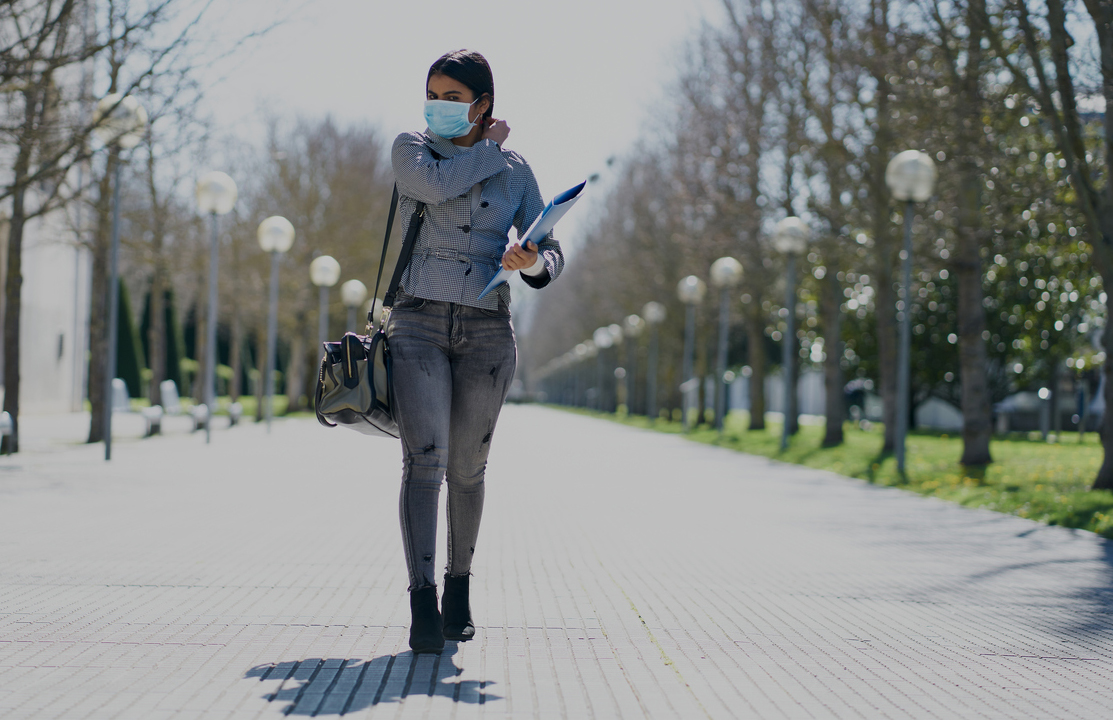 Those younger than 44 make up a significant portion of coronavirus hospitalizations in the U.S., according to a new CDC report on July 10, 2020. Considering the high rate of infection among minority groups, young people of color are also facing significant threats. (Update: 7/14/20)
Those younger than 44 make up a significant portion of coronavirus hospitalizations in the U.S., according to a new CDC report on July 10, 2020. Considering the high rate of infection among minority groups, young people of color are also facing significant threats. (Update: 7/14/20)
MORE: CORONAVIRUS AND YOUNG ADULTS!
Coronavirus Hospitalizations a Rising Concern for Young Adults
Older people are highly susceptible to the coronavirus COVID-19, but young adults aren’t off the hook, either. Almost 40% of U.S. coronavirus patients who were sick enough to need hospitalization were between the ages of 20 to 54, according to recent CDC data. (3/20/20)
MORE: CORONAVIRUS AND YOUNG ADULTS!
Coronavirus Highlights Inequities Impacting Latinos, Communities of Color
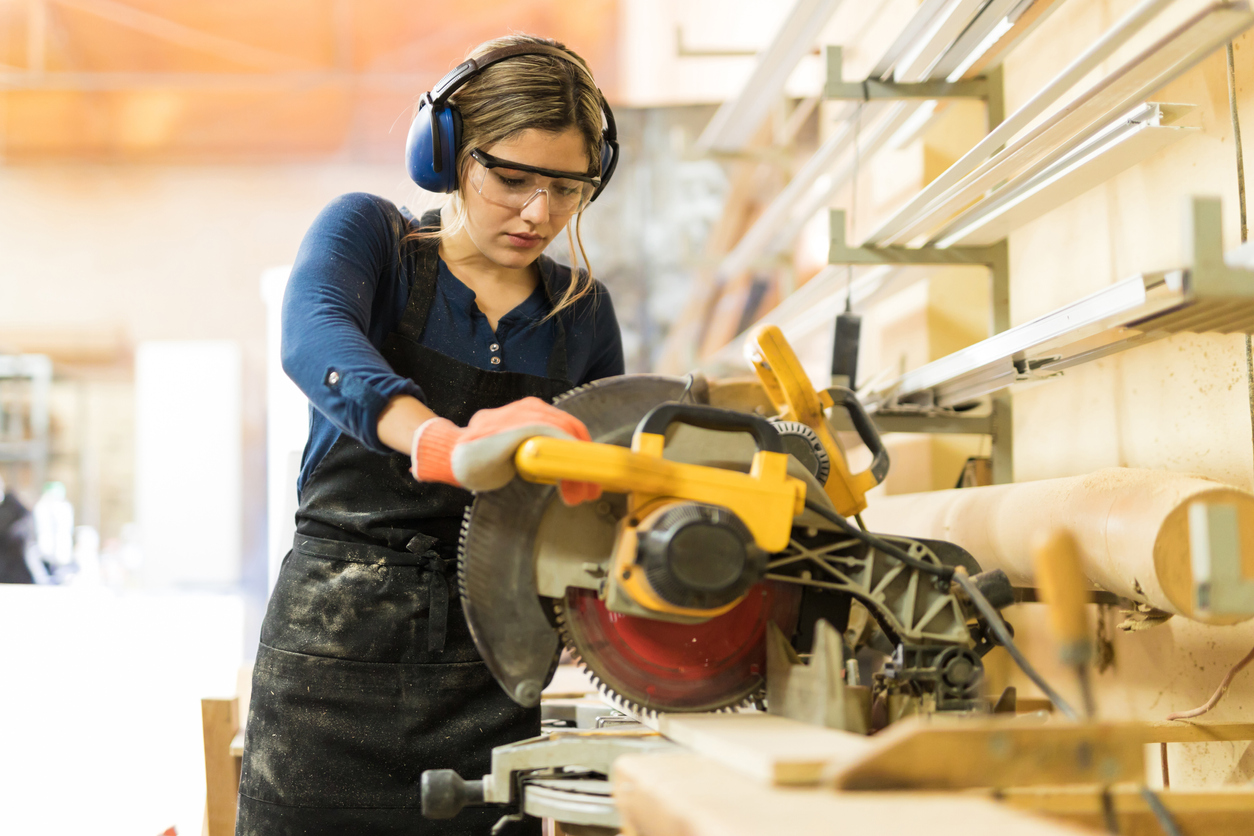 Statistics go to show that Latino communities of color face a rampant and widespread lack of access to quality healthcare. In the coronavirus outbreak, those disadvantages are worse than ever. (3/18/20)
Statistics go to show that Latino communities of color face a rampant and widespread lack of access to quality healthcare. In the coronavirus outbreak, those disadvantages are worse than ever. (3/18/20)
MORE: CORONAVIRUS AND HEALTH EQUITY!
What the New Coronavirus Law Means for Paid Sick Leave, Family Leave
For the 27% of the U.S. private workforce with no paid sick leave, staying home during the coronavirus pandemic isn’t an option. That’s why a form of paid sick leave and family/childcare leave are part of a new $100 billion relief law, Families First Coronavirus Response Act, which also includes nutrition aid, unemployment health insurance, and free COVID-19 testing. (3/19/20)
MORE: CORONAVIRUS AND WORKER SUPPORT!
Latinos, Disadvantaged Groups Bear Burden of the Economic Fallout
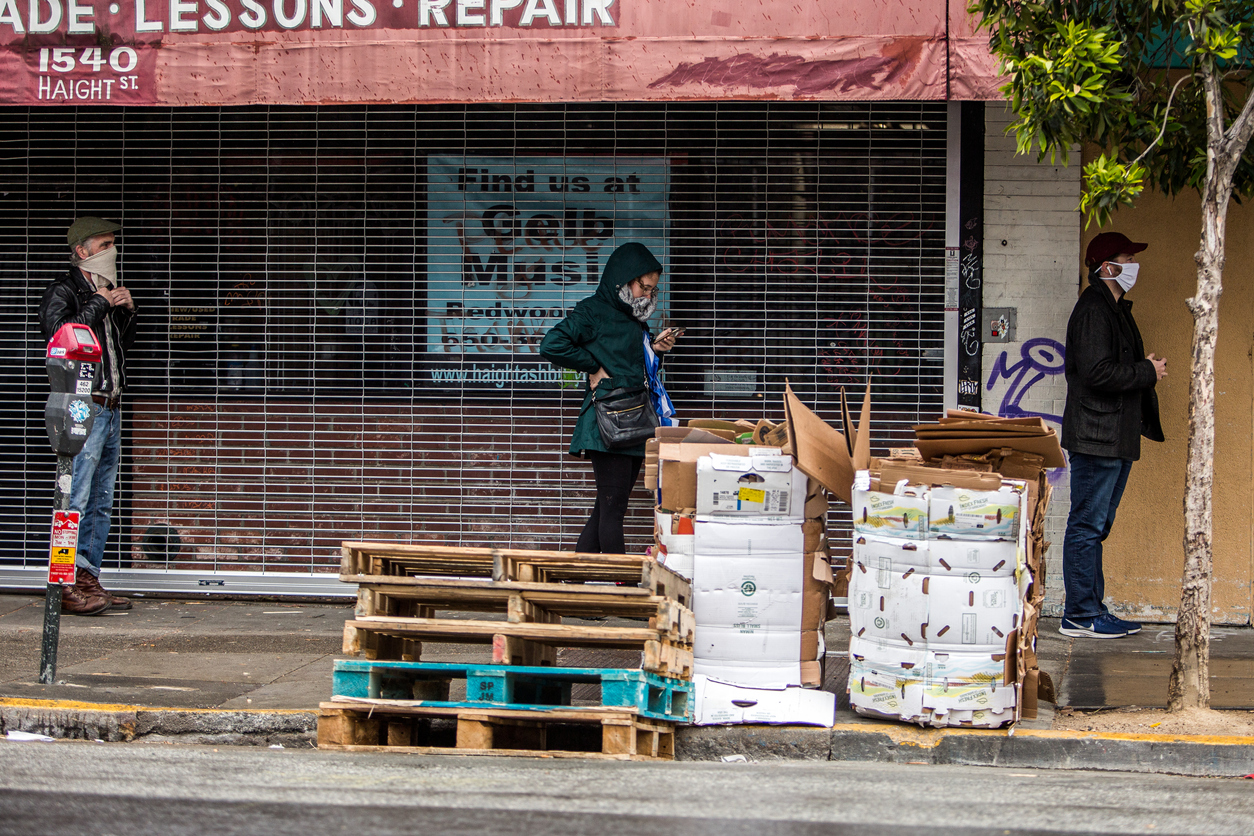 As American markets reel from the COVID-19 pandemic, people of color and other groups facing systemic injustice are experiencing the harshest consequences of this financial disaster. More than 33.5 million people have filed for unemployment in the past four weeks since the spread of the current novel coronavirus hit the U.S. (Update: 5/7/20)
As American markets reel from the COVID-19 pandemic, people of color and other groups facing systemic injustice are experiencing the harshest consequences of this financial disaster. More than 33.5 million people have filed for unemployment in the past four weeks since the spread of the current novel coronavirus hit the U.S. (Update: 5/7/20)
MORE: CORONAVIRUS AND ECONOMIC BURDEN!
$2 Trillion Coronavirus Stimulus Bill Helps Airlines Over Transit, Corporations Over Workers
As families practice social distancing to slow the spread of COVID-19 and as governments close non-essential businesses, employees are losing their jobs and transit is losing ridership. Many of these are low-wage workers in service industries with little savings to get through a recession. (3/23/20)
MORE: CORONAVIRUS AND TRANSIT!
Coronavirus Causing Horrific Job Loss, Stress for Latinos
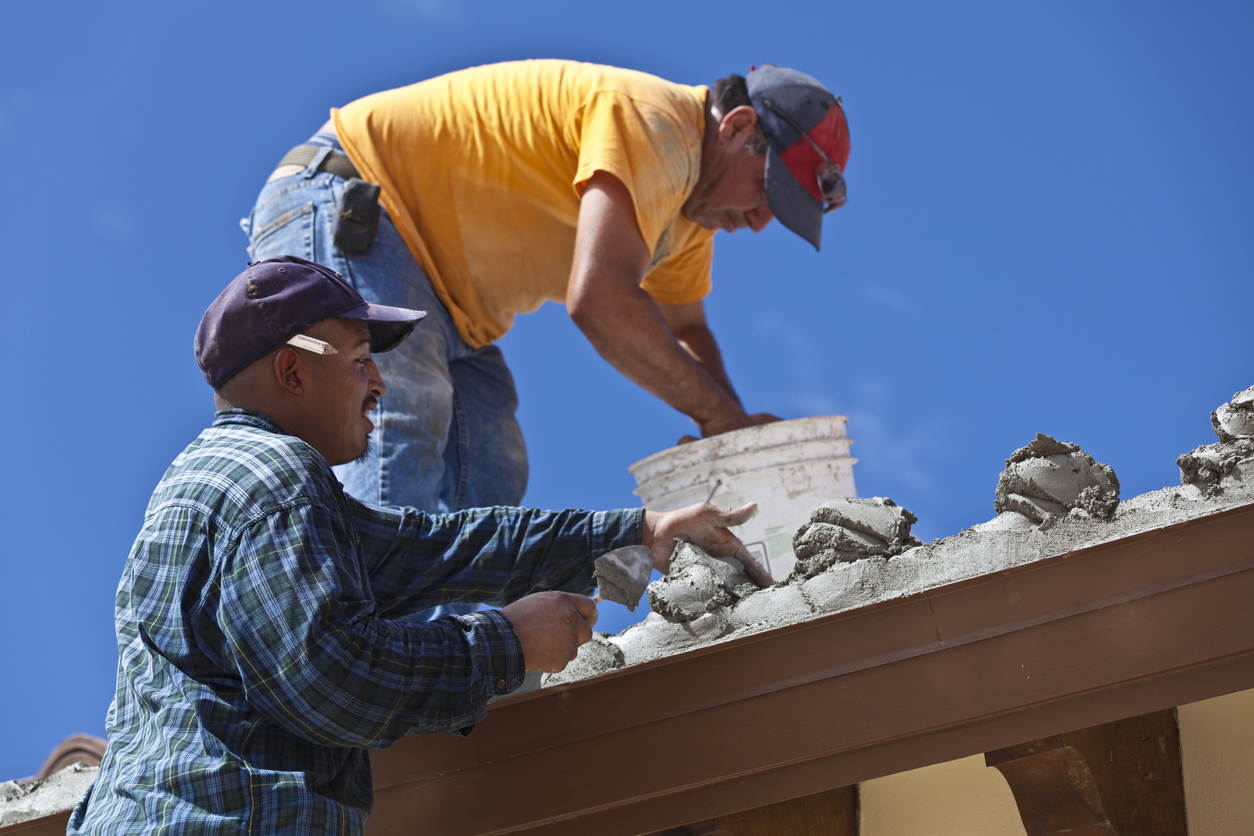 The financial and health toll of the coronavirus outbreak has hit Latino Americans especially hard. 61% of Latinos report they or someone in their household experienced a job or wage loss due to coronavirus. Only 38% of white adults report the same. (5/19/20)
The financial and health toll of the coronavirus outbreak has hit Latino Americans especially hard. 61% of Latinos report they or someone in their household experienced a job or wage loss due to coronavirus. Only 38% of white adults report the same. (5/19/20)
MORE: CORONAVIRUS AND JOBS, STRESS!
Coronavirus Is Hitting People in Poverty the Hardest
As COVID-19, continues to spread, millions of men, women, and children, including the 3 million people who have recently lost their jobs, at risk of more issues than just becoming sick. Latinos—many of whom fall below the poverty line—could face significant hardship without a dedicated response from local, state, and federal leaders. (4/2/20)
MORE: CORONAVIRUS AND POVERTY!
Latino Workers Are Hit Hardest by COVID-19 Pandemic
 Coronavirus does not discriminate. But experts warn that COVID-19 will cause more suffering among U.S. Black and Latino workers, due to societal inequities shaped by structural racism and low-paying jobs with no chance of telework. Why is this? (Update: 4/23/20)
Coronavirus does not discriminate. But experts warn that COVID-19 will cause more suffering among U.S. Black and Latino workers, due to societal inequities shaped by structural racism and low-paying jobs with no chance of telework. Why is this? (Update: 4/23/20)
MORE: CORONAVIRUS AND LATINO WORKERS!
Are Latinos More Exposed to Coronavirus? Left Out of Testing, Treatment, Social Distancing?
COVID-19 can affect anyone. But, in reality, it’s worsening the health and social inequities facing U.S. Latinos. Now the pandemic is raising fears of racial/ethnic and income disparities in coronavirus exposure, testing, prevention via social distancing, and treatment. (4/7/20)
MORE: CORONAVIRUS AND DISPARITIES!
4 Big Questions on the Rise of Child Abuse During Coronavirus
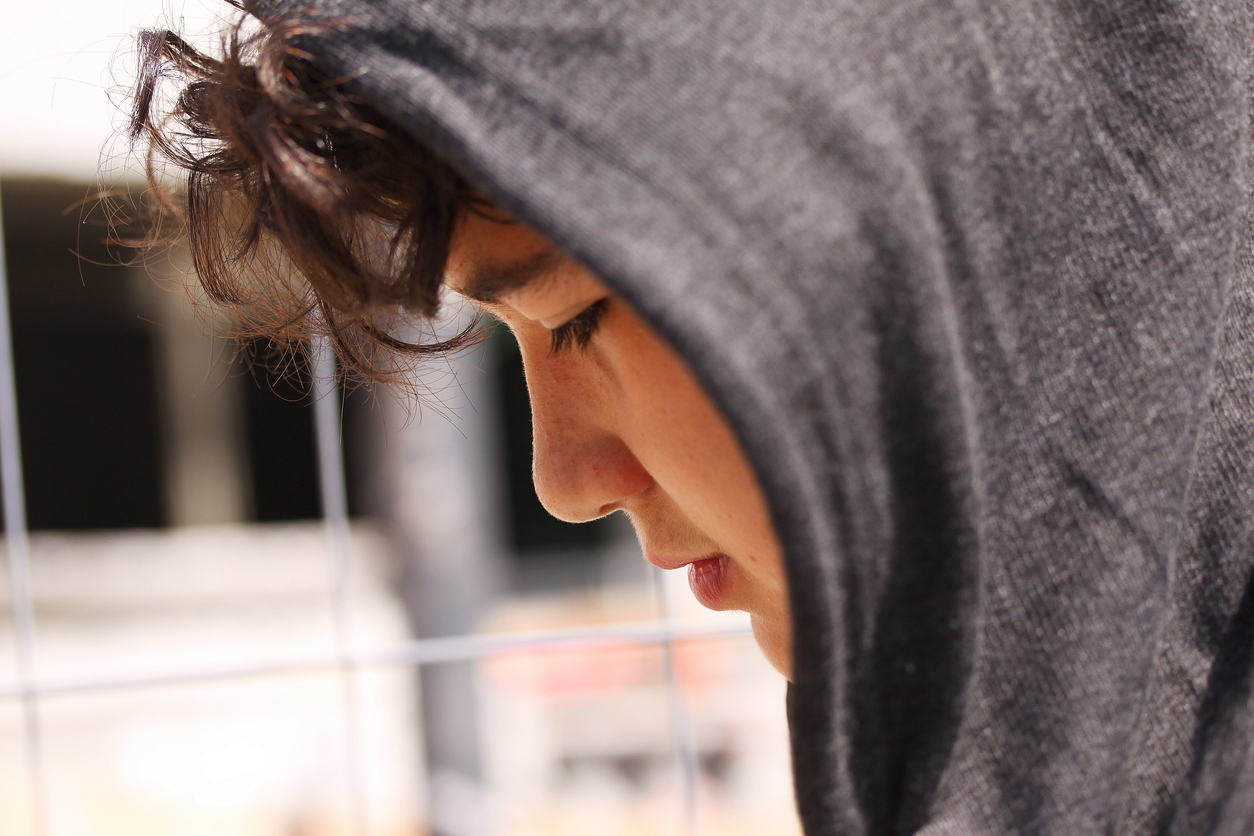 During this global coronavirus pandemic that has shut down businesses and schools and ushered in social distancing, experts worry more children are suffering from abuse. Researchers say this happens in times of stress. Child abuse rose in the Great Recession. (Update: 4/22/20)
During this global coronavirus pandemic that has shut down businesses and schools and ushered in social distancing, experts worry more children are suffering from abuse. Researchers say this happens in times of stress. Child abuse rose in the Great Recession. (Update: 4/22/20)
MORE: CORONAVIRUS AND CHILD ABUSE!
Addressing the Spike in Domestic Violence amid Coronavius for Latinas and All Women
Many U.S. homes are not the safe havens we may think. In fact, with families locked down to slow COVID-19, police say domestic violence cases have risen up to 35% in recent days, NBC reports. Local and state leaders need to address the immediate needs of these victims. They also need to think about long-term solutions to reduce disparities in income and wealth accumulation, which COVID-19 is exacerbating, particularly among Latinas. (4/15/20)
MORE: CORONAVIRUS AND DOMESTIC VIOLENCE!
We Need Healthier Communities to Overcome COVID-19
 Preparing for and overcoming any disaster, such as the current coronavirus pandemic, requires healthy and resilient communities. However, after age, obesity is the biggest risk factor for being hospitalized with COVID-19. To beat COVID-19, we need healthier communities that prevent obesity and leaders who prioritize equitable access to healthy food, housing, and safe spaces to walk and bike instead of space for cars. (5/6/20)
Preparing for and overcoming any disaster, such as the current coronavirus pandemic, requires healthy and resilient communities. However, after age, obesity is the biggest risk factor for being hospitalized with COVID-19. To beat COVID-19, we need healthier communities that prevent obesity and leaders who prioritize equitable access to healthy food, housing, and safe spaces to walk and bike instead of space for cars. (5/6/20)
MORE: CORONAVIRUS AND HEALTHY COMMUNITIES!
2 States Are Expanding Medicaid amid COVID-19 Surge
In response to surging coronavirus cases, Oklahoma (11.1% Latino), the state with the second-highest uninsured rates, voted to expand Medicaid on July 1, 2020. A month later on Aug. 4, Missouri (4.4% Latino) also voted to expand Medicaid. (8/13/20)
MORE: CORONAVIRUS AND MEDICAID!
What Coronavirus Means for You, If You Have Heart Disease
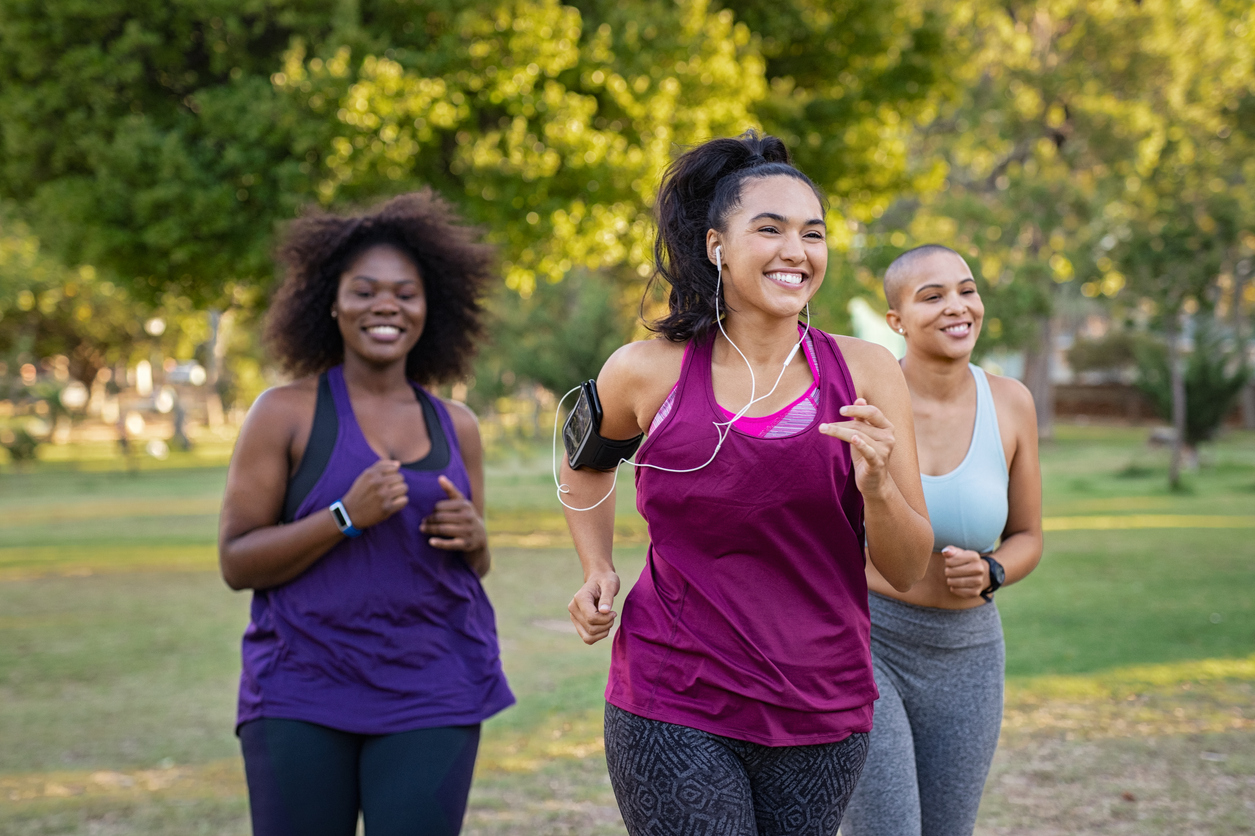 CDC now says that U.S. adults with diabetes, chronic lung disease, and heart disease are at higher risk for severe COVID-19-associated disease than people without these conditions. Latinos face a heavier burden for several of these conditions. (4/6/20)
CDC now says that U.S. adults with diabetes, chronic lung disease, and heart disease are at higher risk for severe COVID-19-associated disease than people without these conditions. Latinos face a heavier burden for several of these conditions. (4/6/20)
MORE: CORONAVIRUS AND HEART DISEASE!
Walking and Biking Are Way Up During COVID-19, Revealing Big Inequities in Open Spaces
With schools and retail stores closed to prevent the spread of COVID-19, more people are going outside to walk and bike in communities across the country. But some cities and states are closing parks amid virus fears. This worsens existing inequities in access to green and open spaces for Latinos and other disadvantaged communities. Equitable access to green and open spaces is more important than ever. (3/31/20)
MORE: CORONAVIRUS, WALKING, AND BIKING!
COVID-19: Important Steps that will Protect Your Lungs
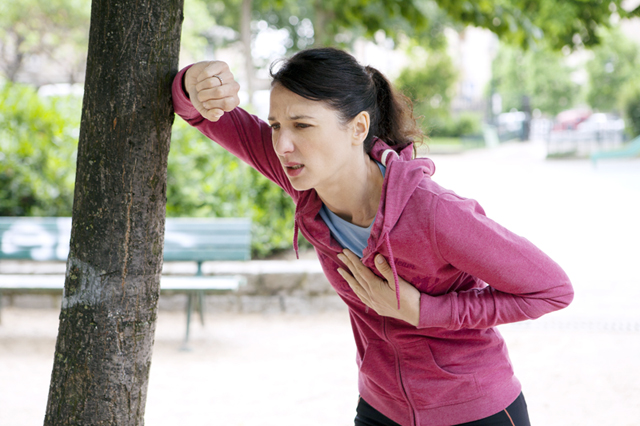 Many scientists say that COVID-19 impacts pneumonia and affects the lung function, and is especially worrisome for those with weak lung or immune systems. Worse, many experts believe that if you smoke, or you’re regularly around secondhand smoke, you may have a better chance of getting coronavirus. Smoking may also increase your risk of developing severe complications from the virus. (4/10/20)
Many scientists say that COVID-19 impacts pneumonia and affects the lung function, and is especially worrisome for those with weak lung or immune systems. Worse, many experts believe that if you smoke, or you’re regularly around secondhand smoke, you may have a better chance of getting coronavirus. Smoking may also increase your risk of developing severe complications from the virus. (4/10/20)
MORE: CORONAVIRUS AND LUNG SAFETY!
How Does Coronavirus Impact People with Cancer, Diabetes, and Heart Disease?
The spread of coronavirus, COVID-19, is now a global pandemic. Health officials are working tirelessly to inform the public. What is still scary? This disease impacts those with underlying conditions more significantly, especially Latinos who suffer vast health disparities. (3/23/20)
MORE: CORONAVIRUS AND DISEASE!
Street Vendors Left Out of Reopening Plans amid Coronavirus
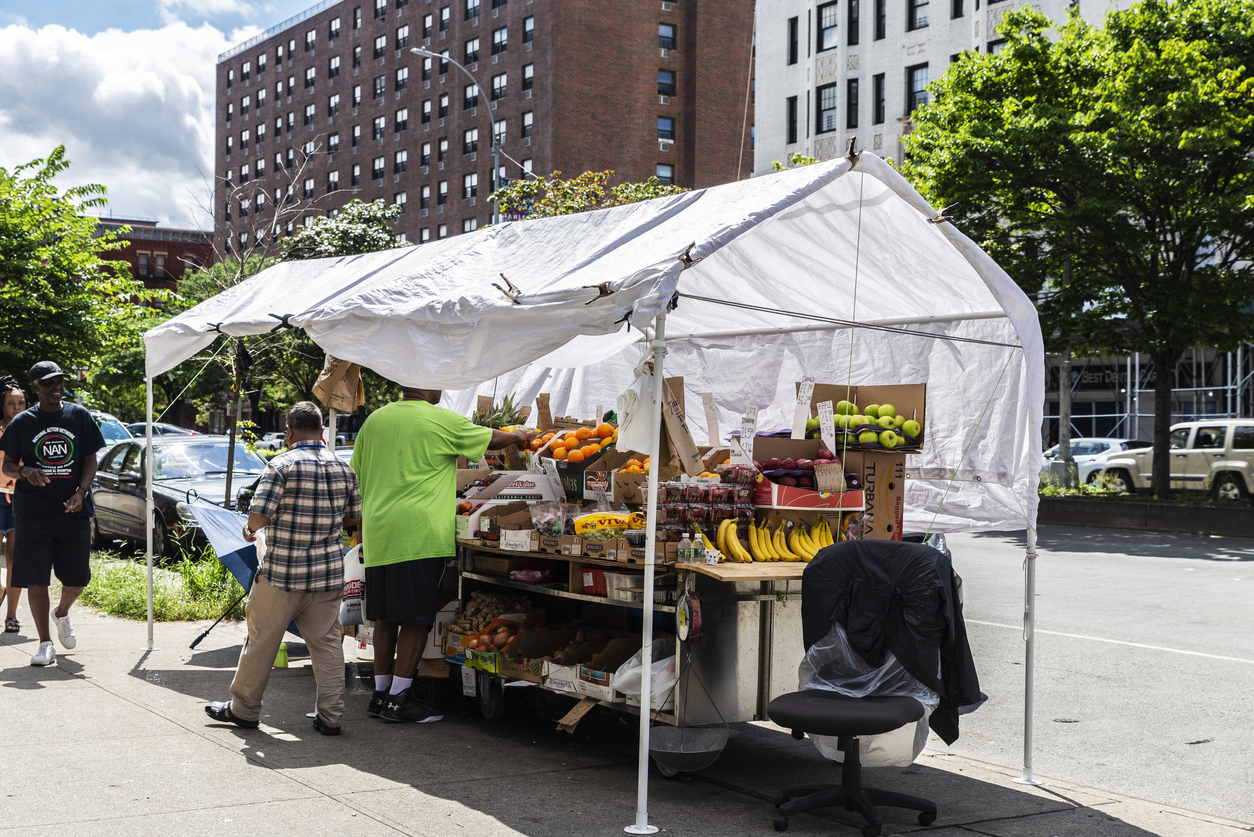 Cities are closing streets to vehicles to give restaurants and shops space to serve customers outdoors—in parking spaces, on sidewalks, and on streets. However, street vendors, many of whom are Latinos and immigrants with no paid sick leave and a history of fighting to serve these very spaces, are being left out of reopening plans. (5/27/20)
Cities are closing streets to vehicles to give restaurants and shops space to serve customers outdoors—in parking spaces, on sidewalks, and on streets. However, street vendors, many of whom are Latinos and immigrants with no paid sick leave and a history of fighting to serve these very spaces, are being left out of reopening plans. (5/27/20)
MORE: CORONAVIRUS AND CHILDCARE!
Soda Tax Revenue Turns into Emergency Grocery Vouchers amid Coronavirus
A soda tax aims to reduce sugary drink consumption and boost public health. In a new twist, Seattle is using soda tax revenues to give emergency $800 grocery vouchers for 6,250 families amid the coronavirus COVID-19 pandemic. (4/21/20)
MORE: CORONAVIRUS AND HELP WITH GROCERIES!
Latinos: COVID-19 Disrupts Finances, Daily Life, Mental Health
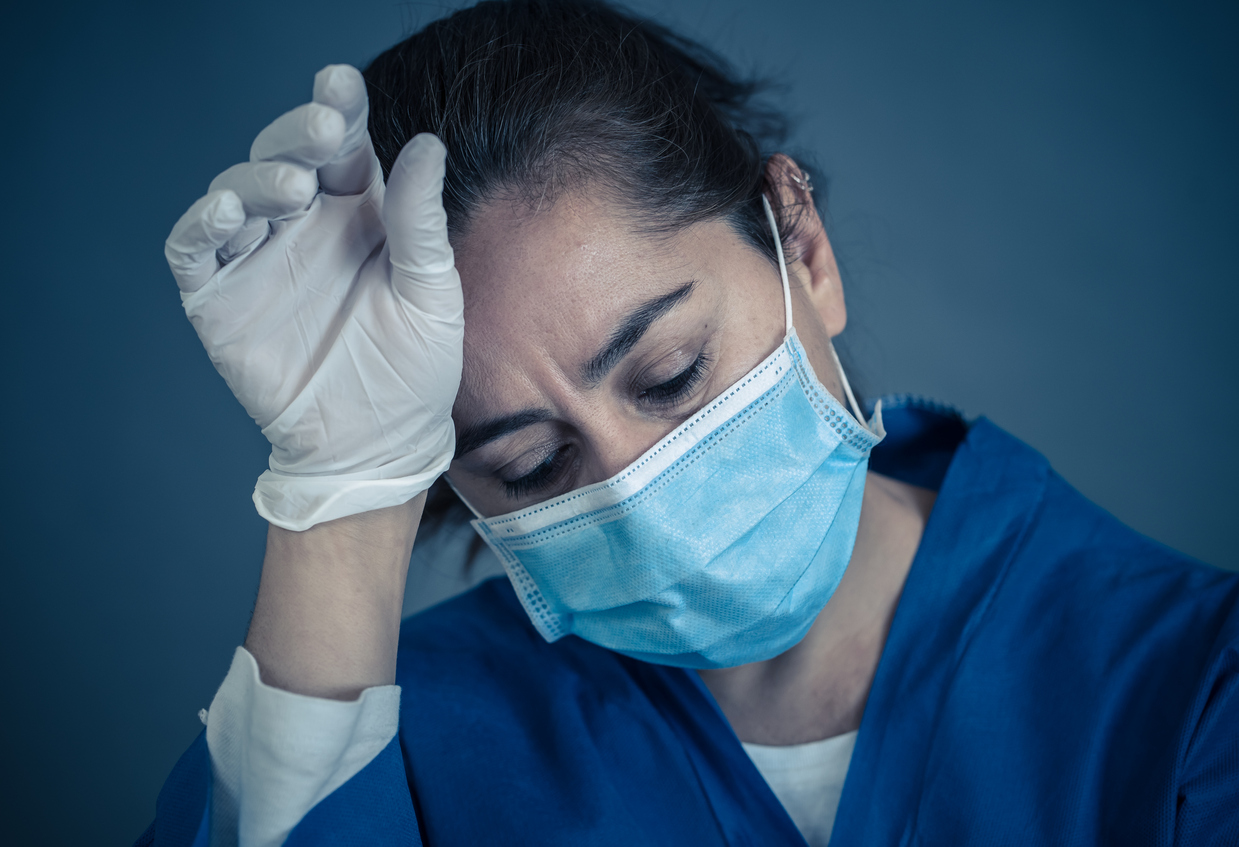 COVID-19 doesn’t discriminate. But U.S. Latinos are more likely than all Americans to say the coronavirus pandemic changed their daily lives, and disrupts their mental health, finances, and jobs, according to new surveys by Pew Research Center and Kaiser Family Foundation. (4/3/20)
COVID-19 doesn’t discriminate. But U.S. Latinos are more likely than all Americans to say the coronavirus pandemic changed their daily lives, and disrupts their mental health, finances, and jobs, according to new surveys by Pew Research Center and Kaiser Family Foundation. (4/3/20)
MORE: CORONAVIRUS AND LATINO FEARS!
How San Antonio Schools Continue “Handle With Care” for Kids Amid Coronavirus
Over the past few years, dozens of U.S. schools launched the Handle With Care program. For the program, police alert school leaders when they encounter a child at a traumatic scene (like domestic violence), so schools are prepared to keep an eye on the student and provide support or services. But now schools are closed due to coronavirus. How are these schools adapting the Handle With Care program and maintaining meaningful connections with students in the face of school closures? (4/7/20)
MORE: CORONAVIRUS AND HANDLE WITH CARE IN SAN ANTONIO!
Transit and Compact Development are Solutions to Health Equity, COVID-19 Response
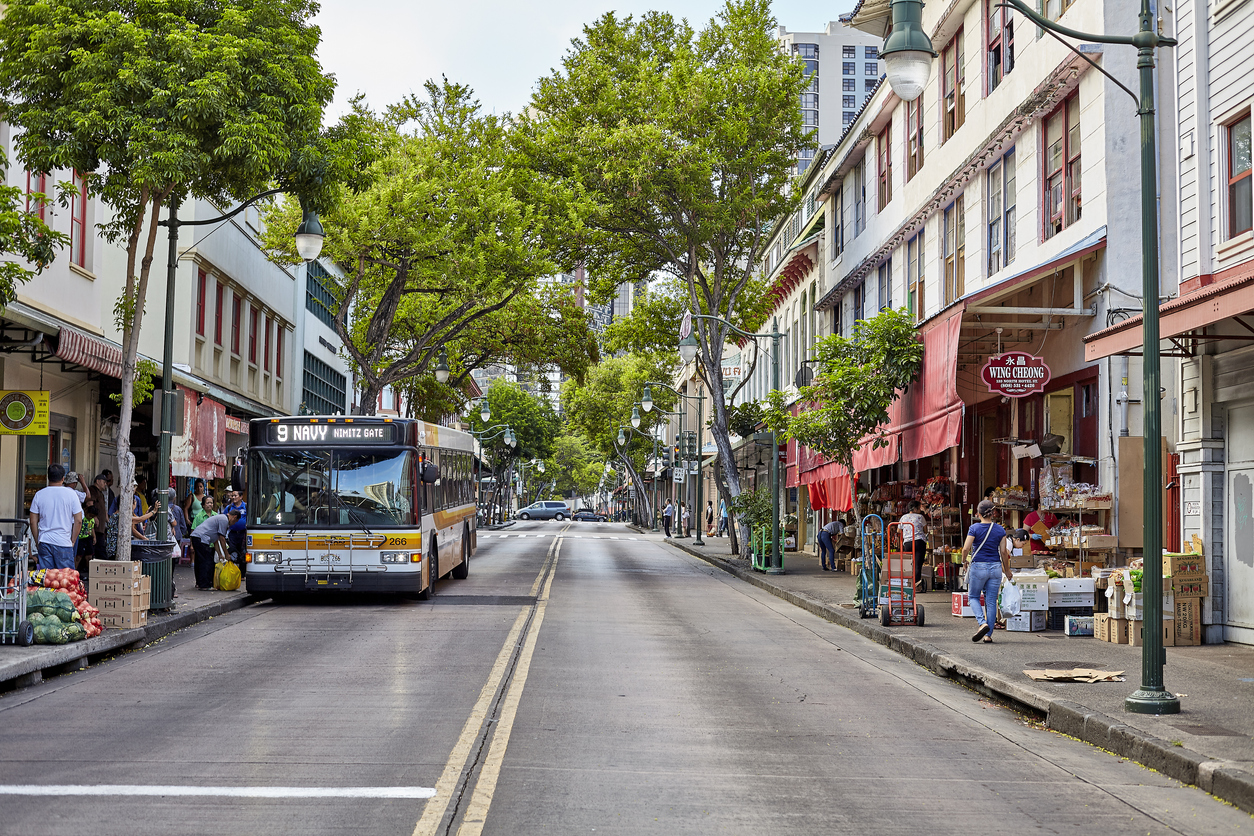 As city leaders respond to concerns about COVID-19 transmission and develop economic recovery plans, they must challenge the discriminatory status quo, consider transportation expenses, and shift toward equitable, compact (not overcrowded) housing development. (6/29/20)
As city leaders respond to concerns about COVID-19 transmission and develop economic recovery plans, they must challenge the discriminatory status quo, consider transportation expenses, and shift toward equitable, compact (not overcrowded) housing development. (6/29/20)
MORE: CORONAVIRUS AND COMPACT DEVELOPMENT!
More Cities, States Pass Ban on Flavored Vaping amid COVID-19
New data from Stanford University shows that young people are five times more likely to get COVID-19. Many cities and states across the US are passing bans on flavored vaping products during the COVID-19 pandemic. (9/18/20)
MORE: CORONAVIRUS AND FLAVORED VAPING!
San Antonio Job Opportunity: Help with Contact Tracing to Slow COVID-19
The UTHealth School of Public Health in San Antonio is recruiting workers on behalf of the city’s health department to become Case Investigators and Contact Tracers. Case Investigators/Contact Tracers will be responsible for connecting with COVID-19 patients, as well as locating and counseling individuals those patients may have come into contact with during the course of their infection. (7/6/20)
MORE: CORONAVIRUS TRACING IN SAN ANTONIO!
Reports: People of Color are More Likely to Die from Coronavirus
Systemic, health inequities impacting disadvantaged groups are rampant in America and they’re causing those individuals to suffer worse, even fatal, COVID-19 outcomes. Early reports suggested that those disparities would play a role in the current coronavirus spread, making minority groups, including Latinos, more likely to suffer severe harm. Now, weeks into the American pandemic, early reports from hotbed areas—such as Oregon and New York City—are proving that prediction true. (Update: 4/14/20)
MORE: CORONAVIRUS AND LATINO MORTALITY!
On Record-High Day of COVID-19 Cases, Latinos Fare the Worst
The United States is seeing record-high rates of new coronavirus cases for a single day. The majority of those infected—a single-day record 144,000 new cases on Nov. 11 after a then-record 125,000 new cases on Nov. 6—come from the Latino community. (Update: 12/2/20)
MORE: CORONAVIRUS AND single-day cases!
As COVID-19 Vaccine Nears, People of Color Face Uncertain Path
A COVID-19 vaccine is a worthy goal, but leaders also must address one sad fact before any treatment is made available — the widespread disparity found among the racial makeup of those who are immunized and those who are not. Like many U.S. health issues, the rate at which people receive life-saving immunizations is higher among some groups—white Americans—than others—people of color. (Update: 8/31/20)
MORE: CORONAVIRUS AND A VACCINE!
Chest X-rays Show Severe COVID-19 Cases in Latinos
COVID-19 attacks the epithelial cells lining the airways and that catch and clear out things like pollen and viruses, which later causes flooding of airways with debris and fluids. Latinos are experiencing coronavirus-related lung infection at greater rates than their white peers, according to a recent study. (7/24/20)
MORE: CORONAVIRUS AND CHEST X-RAYS!
Latino-Owned Businesses Are Struggling in the Pandemic. How Can We Help?
About 41% of Black-owned businesses, 32% of Latino-owned businesses, and 17% of White-owned businesses across the country shut down between February and April, according to a recent study by the Federal Reserve Bank of New York. Thankfully, some new programs and initiatives aim to help businesses owned by Latinos and other people of color. (12/11/20)

